Delphi Murders trial exhibits released including prison phone calls and search warrant photos
INDIANAPOLIS — In late 2024, Richard Allen was found guilty and sentenced to 130 years in prison for the murders of Abby Williams and Libby German in Delphi in February 2017. The trial was one of the most high-profile court proceedings in Indiana’s history.
FOX59/CBS4 requested nearly 500 exhibits from the trial but was only provided with a fraction of them. The Allen Superior Court withheld exhibits that were deemed confidential or ordered sealed by Judge Fran Gull.
Search of Richard Allen’s Home
Following an interview with police, detectives were granted a search warrant for Allen’s home, which was executed on Oct. 13, 2022. Investigators searched his house and car and seized several item — multiple electronics, knives and box cutters and a Sig Sauer P226 handgun. The gun used the same caliber bullet as the one found at the murder scene.
Hoosier Harvest Surveillance Camera
A key piece of evidence used to establish a timeline during the trial was a surveillance camera at the Hoosier Harvest Store located near the trails Williams and German walked the day they were killed. Allen drove a black 2016 Ford Focus SE that investigators believe they spotted on the camera at 1:27 p.m.
Several other eyewitnesses who testified during the trial were seen driving on the camera as well.
Bullet Evidence
The only physical evidence that ties Allen to the crime scene was what his defense team referred to as the “magic bullet.”
An entire day of testimony was dedicated to Melissa Oberg, a former Indiana State Police lab technician who examined the “unspent bullet” and eventually matched it to Allen’s Sig Sauer. She said the bullet had been cycled through Allen’s gun. Allen couldn’t explain how a bullet from his gun ended up at the murder scene.
Libby’s Phone
Digital forensic extraction played a large role in the case, with investigators recovering a video from German’s phone of the man who would come to be known as “Bridge Guy.” An analysis of the phone found movement stopped at 2:32 p.m. The state believes the girls were killed around that time.
The state’s experts couldn’t explain why notifications and messages suddenly pushed through Libby German’s phone at 4:34 a.m. on Feb. 14, 2017. The state maintained the phone never moved after 2:32 p.m., when activity tracking data showed the phone stopped for good.
Prison Phone Calls
After his arrest, Allen was taken to Westville Correctional Facility. He was kept in solitary confinement but eventually made a series of confessions. He told his mother and his wife that he had killed Abby Williams and Libby German. He said he’d disposed of a box cutter in a CVS dumpster. He wrote a letter to the warden confessing to the Delphi murders.
He delivered his most detailed confession to Dr. Monica Wala, a prison psychologist at Westville Correctional Facility. He told her his motive was sexual in nature and that he threatened the girls with a gun and forced them down the hill. Before he could sexually assault him, he saw a van, which startled him. He ordered the girls across Deer Creek and killed them.
The state leaned heavily on Allen’s confessions while making its case.
A defense expert, Dr. Stuart Grassian, testified that extended stays in solitary confinement could have an adverse effect on a person’s mental state and even lead to false confessions. Allen’s attorneys made it clear in court that they believed Allen’s confessions, while not coerced, were false confessions made by a man physically and mentally exhausted by the difficult conditions in which he lived.
November 14, 2022
April 2, 2023
April 3, 2023
May 10, 2023, Call #1
May 10, 2023, Call #2
May 17, 2023
June 5, 2023
June 11, 2023
Other Evidence
Also included in the exhibit were photos of Abby and Libby as well as photos of Richard Allen that the prosecution showed to the jury since his physical appearance had changed drastically between his arrest and the trial.
The defense also presented evidence casting doubt on statements made by Brad Weber that he arrived home in his white van around 2:30 p.m. on the afternoon of the murders. That would fall in line with Allen’s detailed prison confession to Dr. Wala.
Weber lives near the murder scene and traveled down an access road on County Road 625 North that sees little traffic.
On Day 11 of the trail, when Weber testified, the defense implied that Weber didn’t drive straight home from work and instead stopped to work on ATMs or drop off a trailer. This would change his timeline and not put him at home at 2:30 p.m., around the time Libby’s phone stopped moving at the murder scene.
The defense also pointed out that Weber owned a Sig Sauer, the same type of gun that Allen owned, which prosecutors linked him to the murder through. They presented a photo of Weber that also matches a description of “Bridge Guy” given by eyewitness Betsy Blair.
Allen’s Appeal
Richard Allen is appealing his conviction and sentence. The notice of appeal was filed by his attorneys on March 12, 2025. The formal appeal has not been filed yet and no future court dates have been scheduled. Allen maintains his innocence.

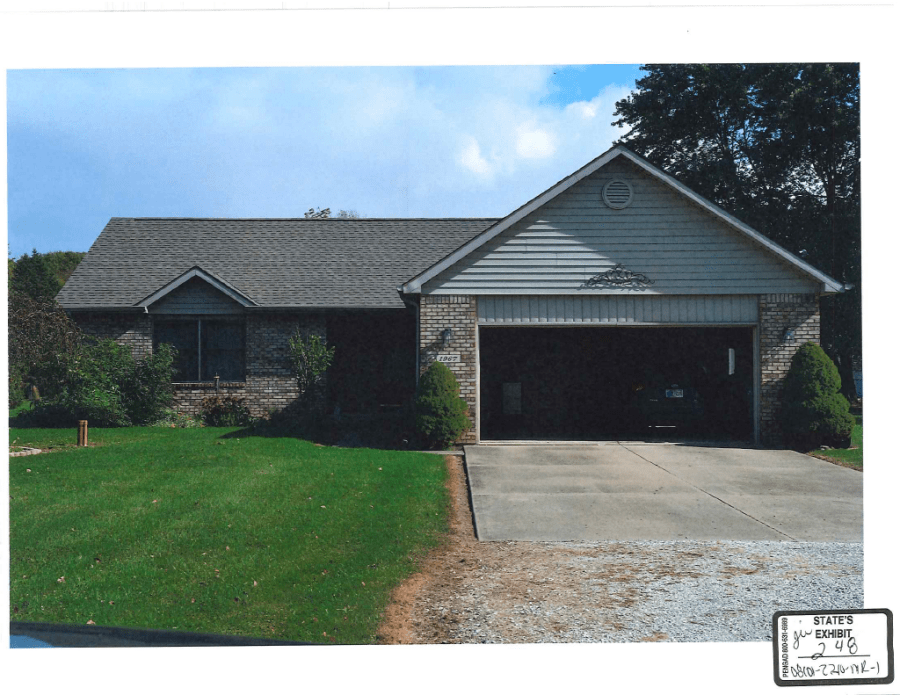

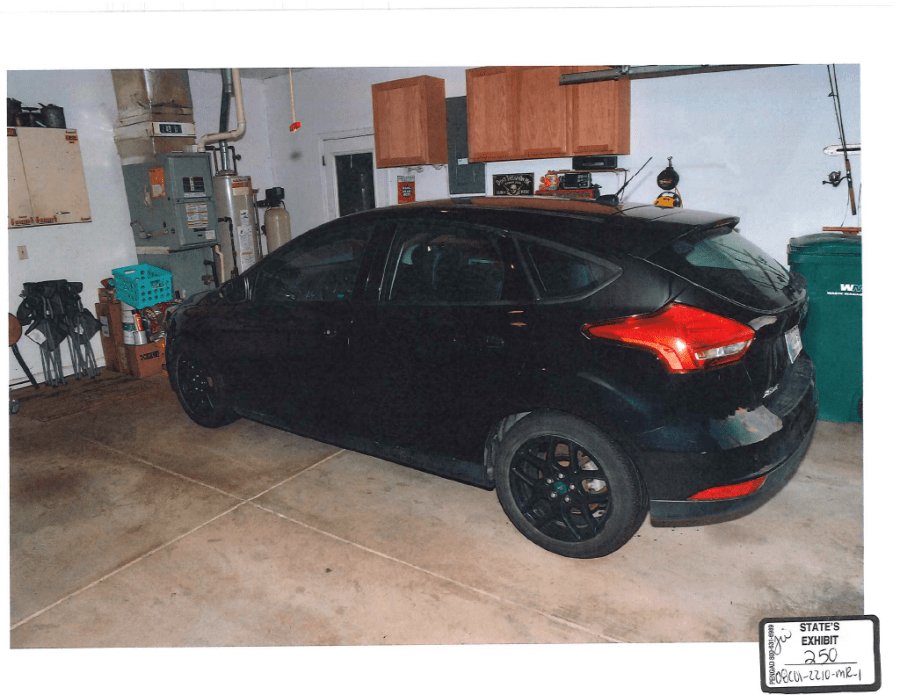
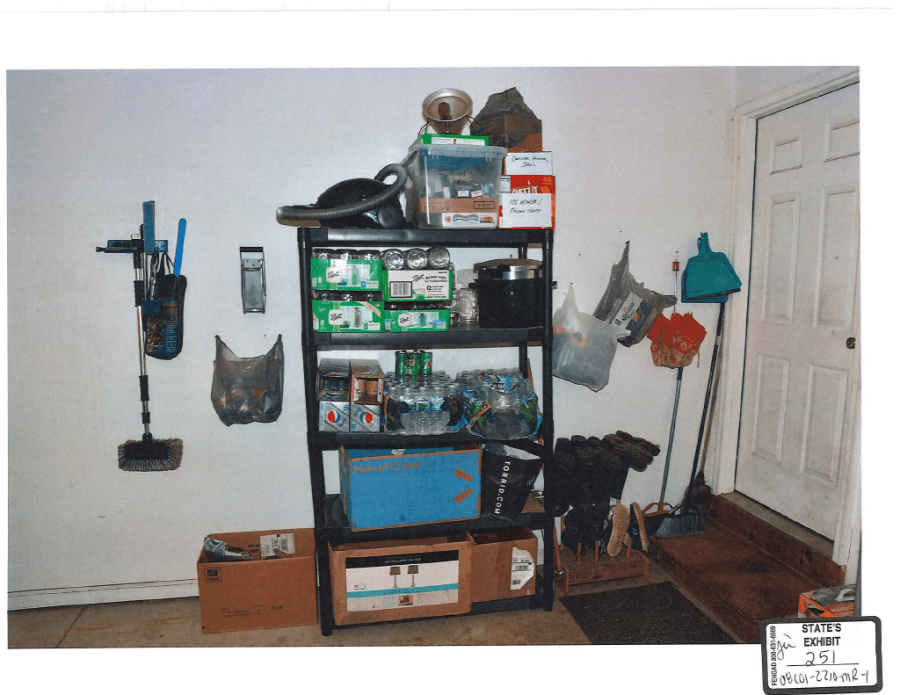
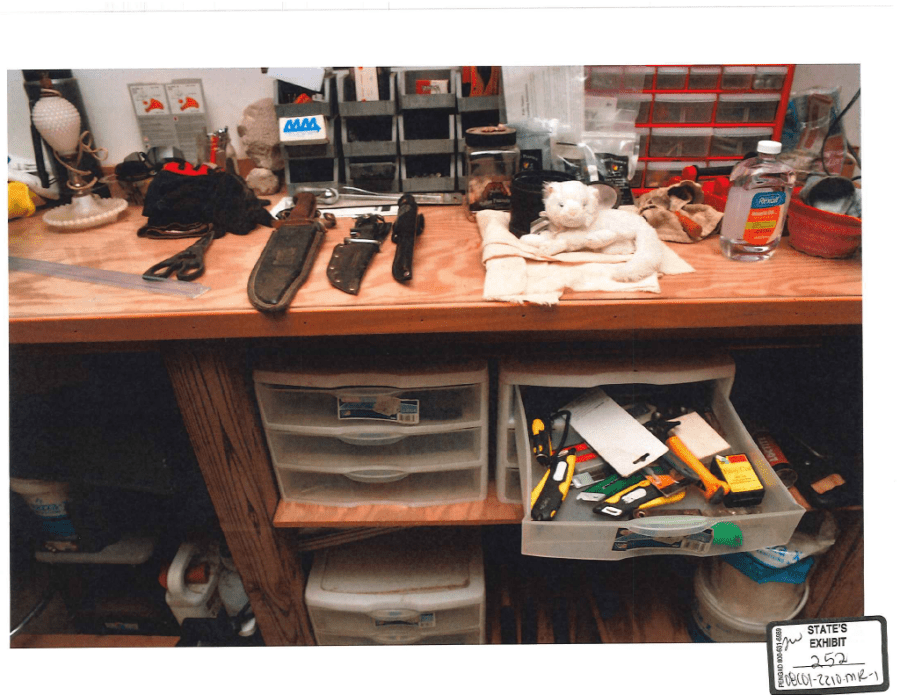
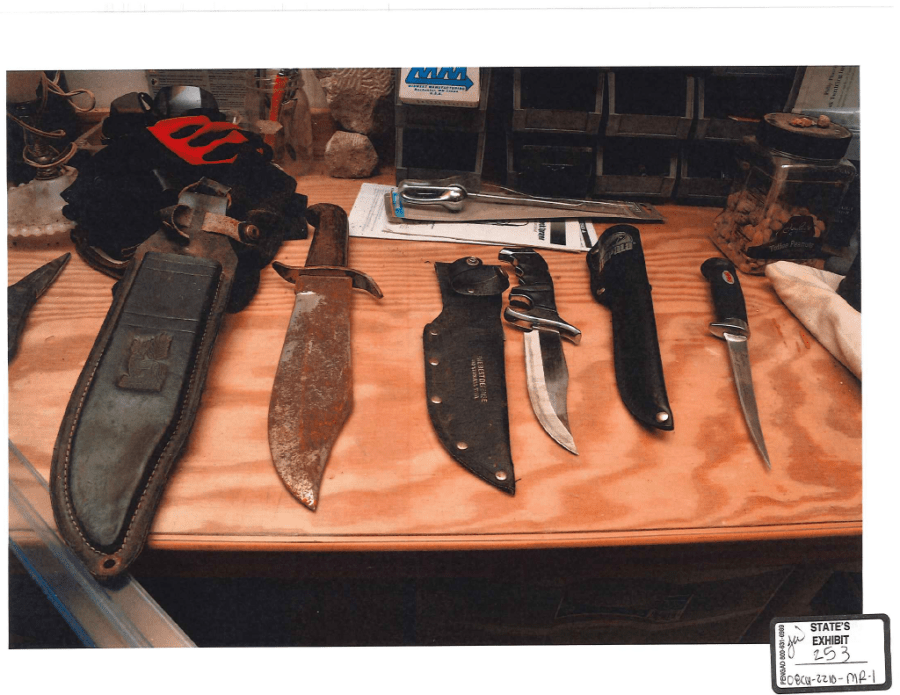
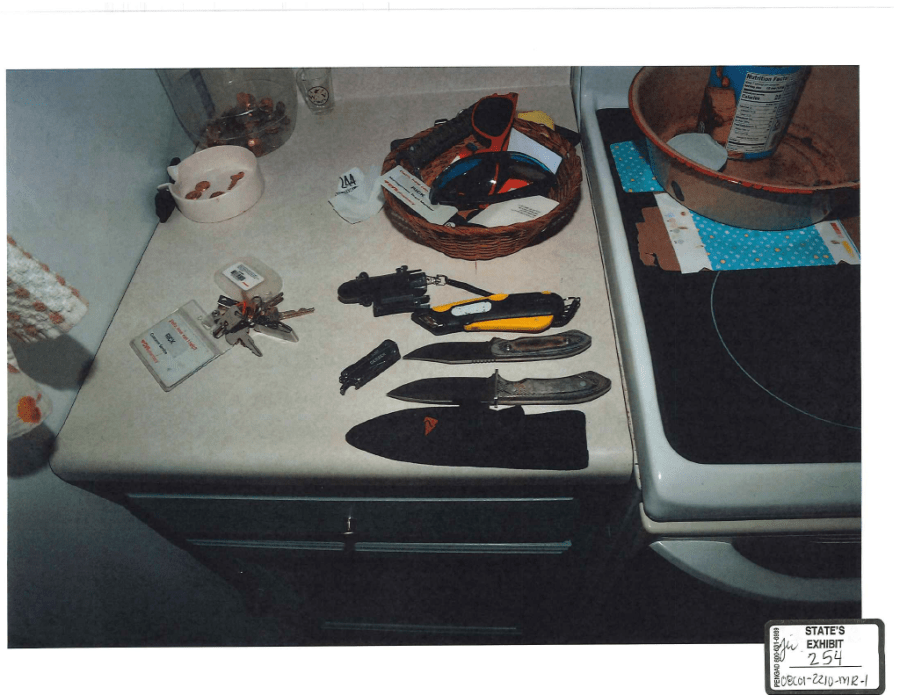
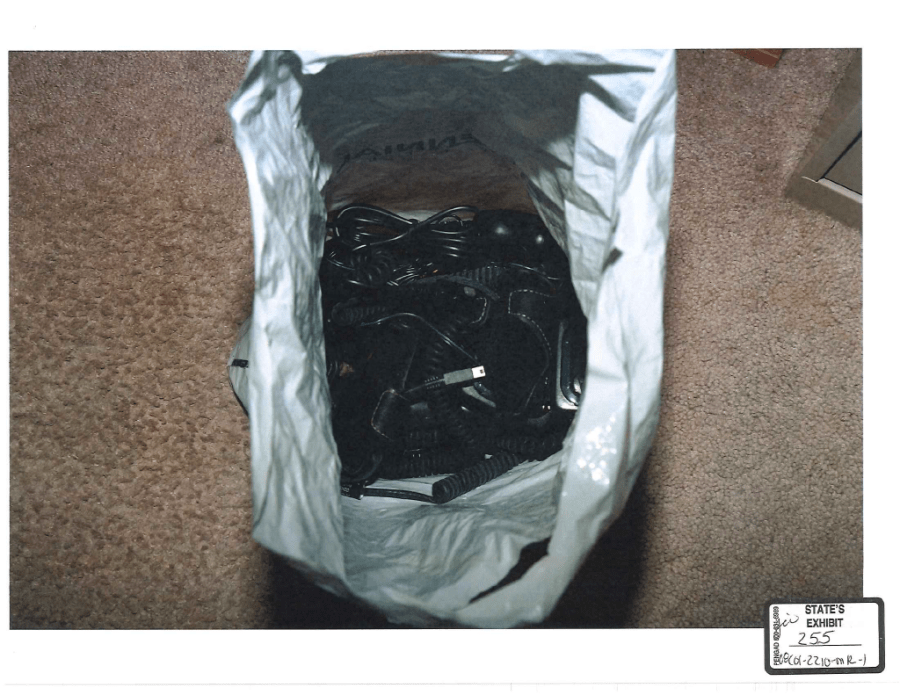
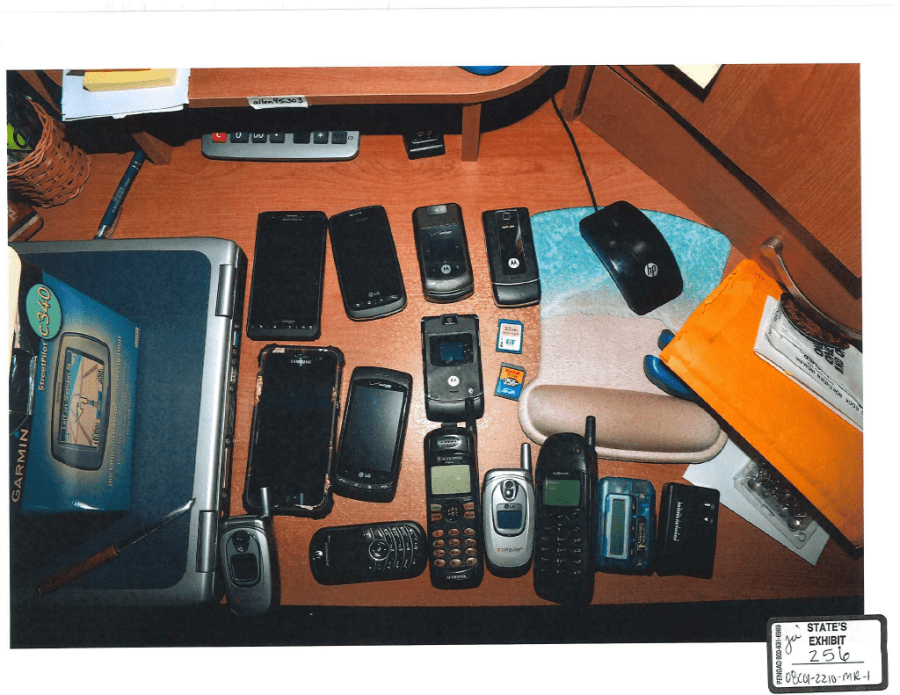
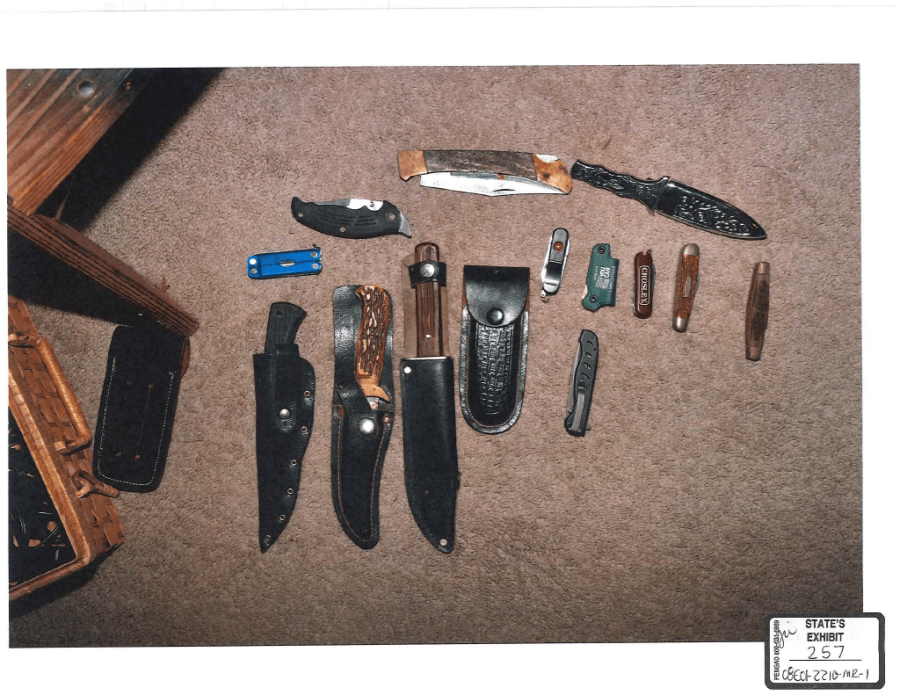
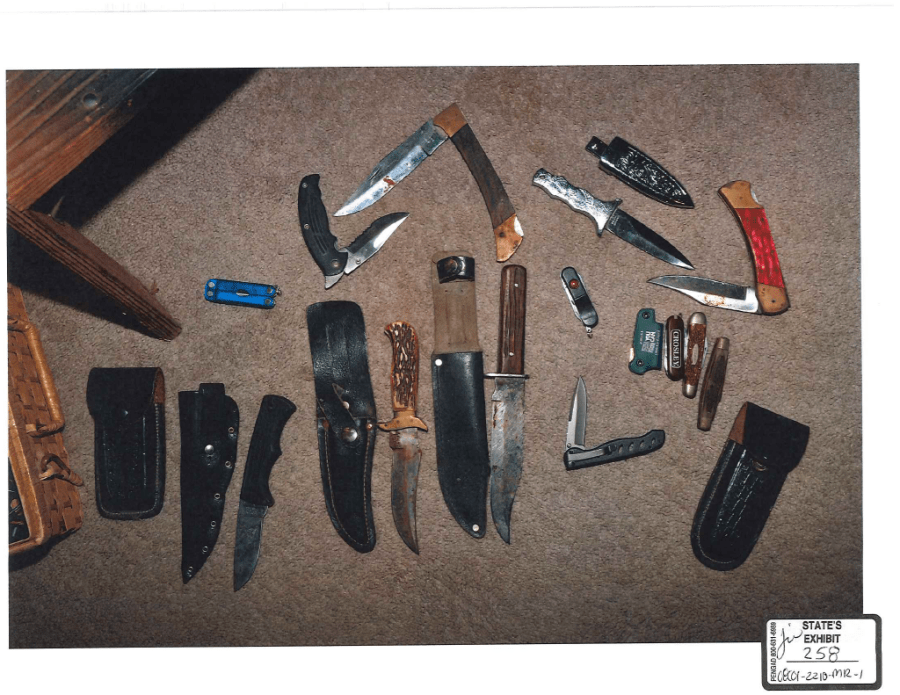
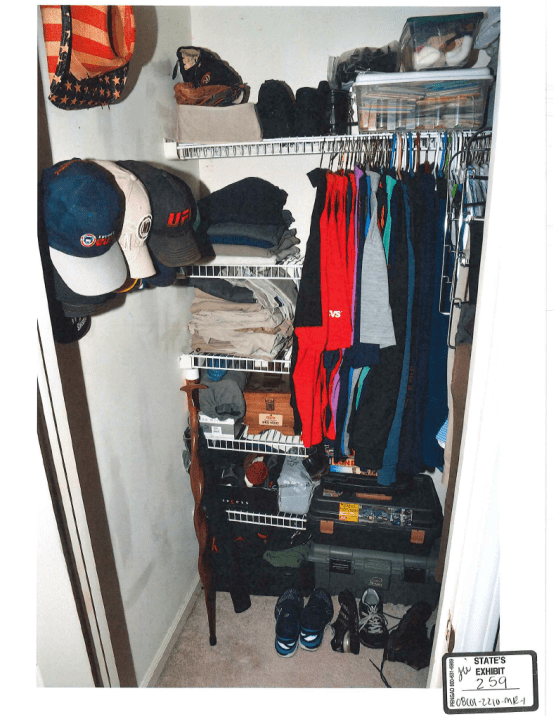
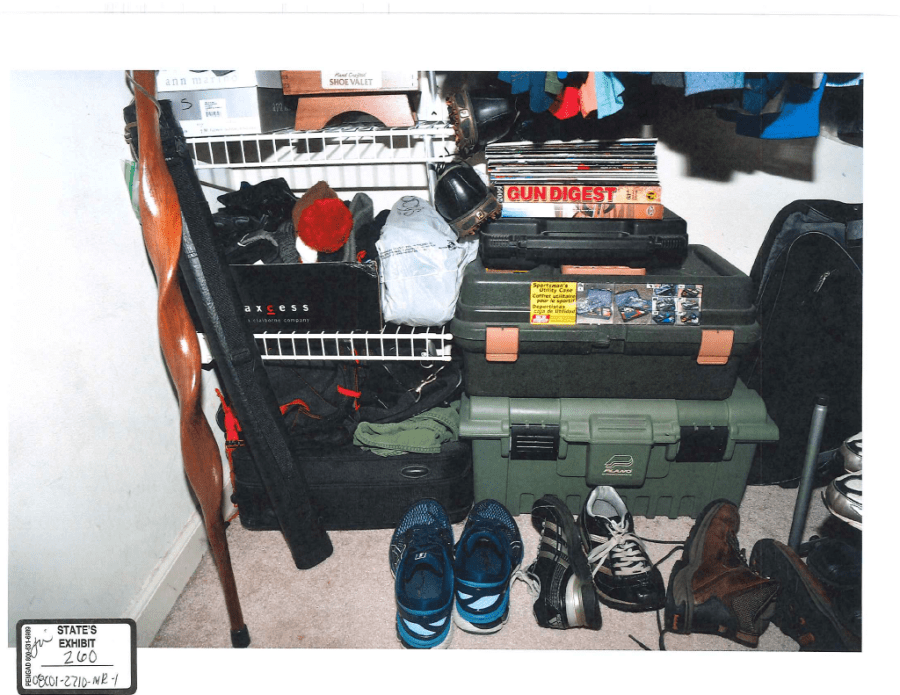
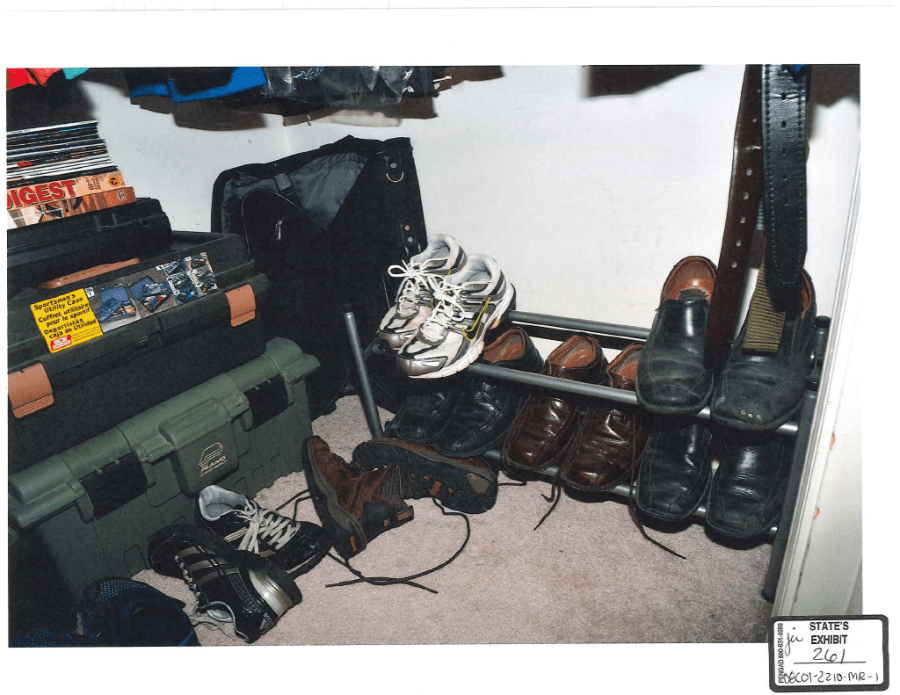
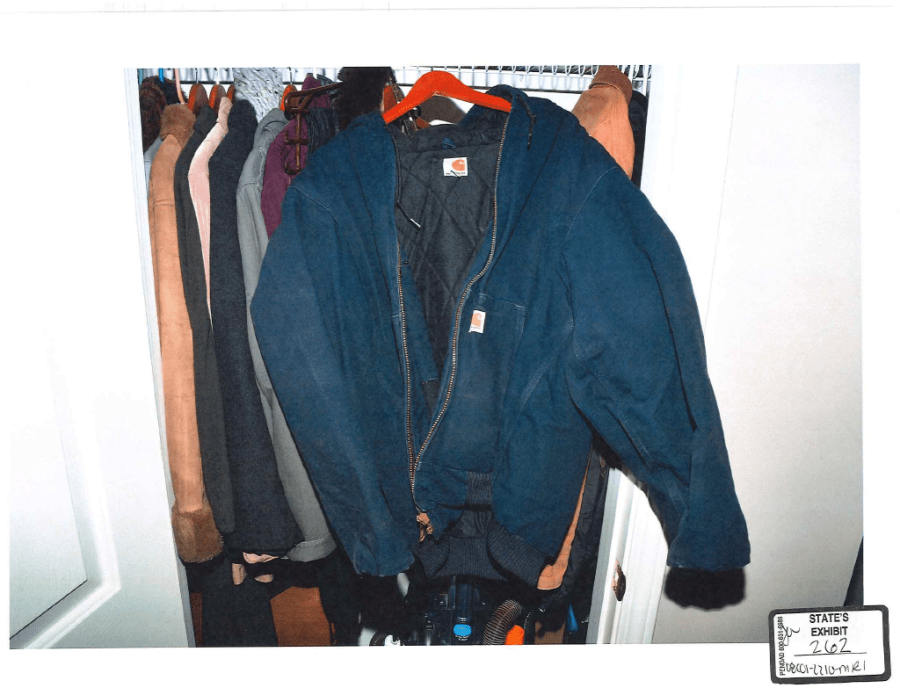
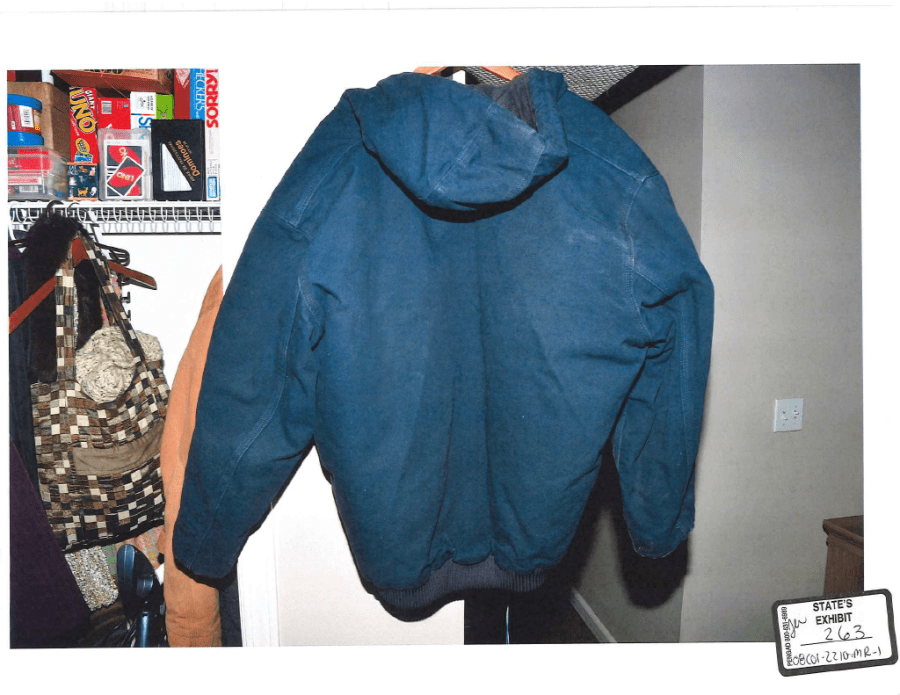
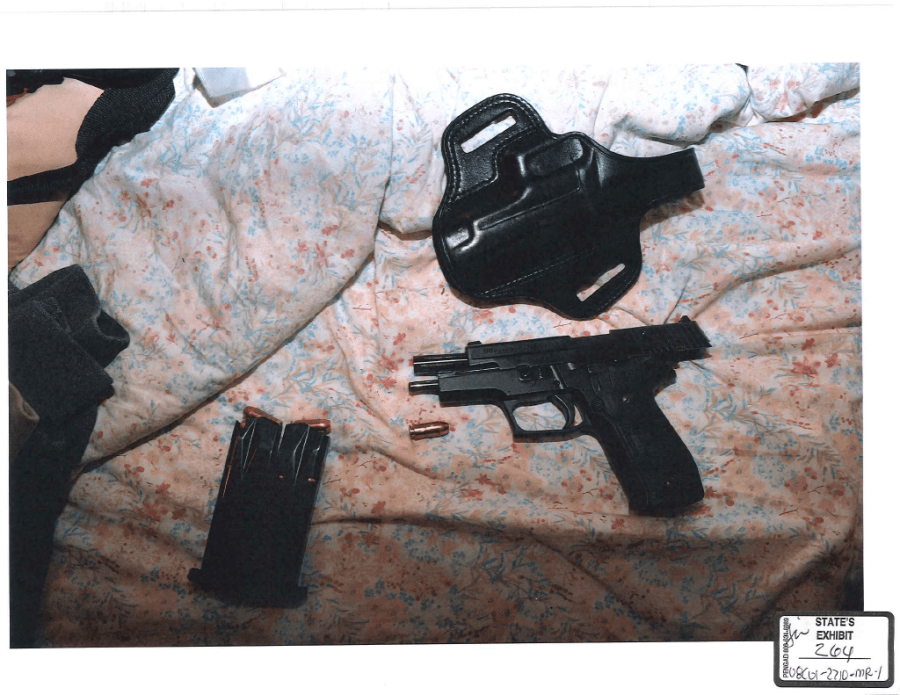
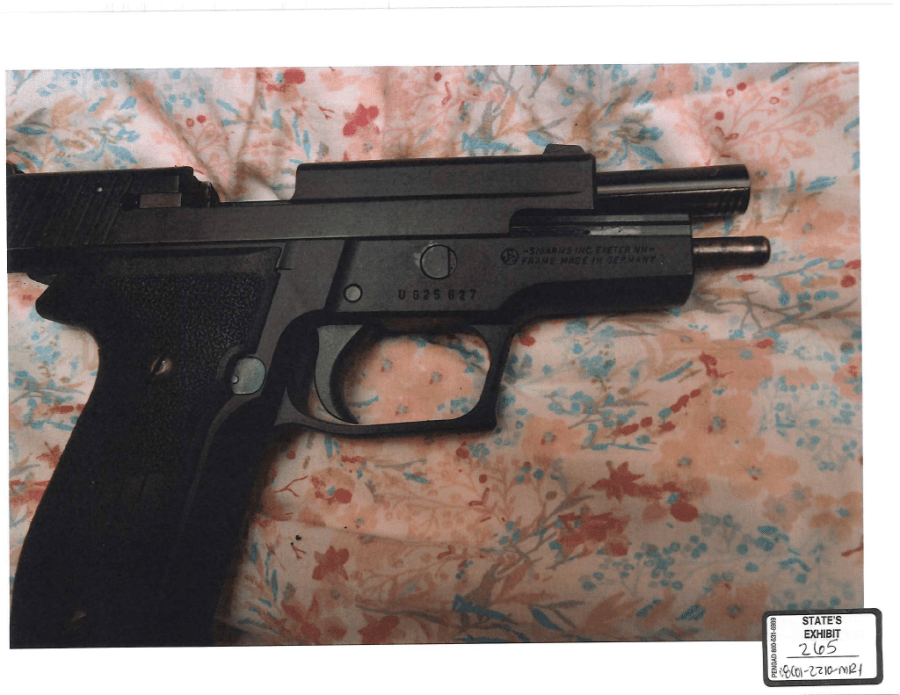
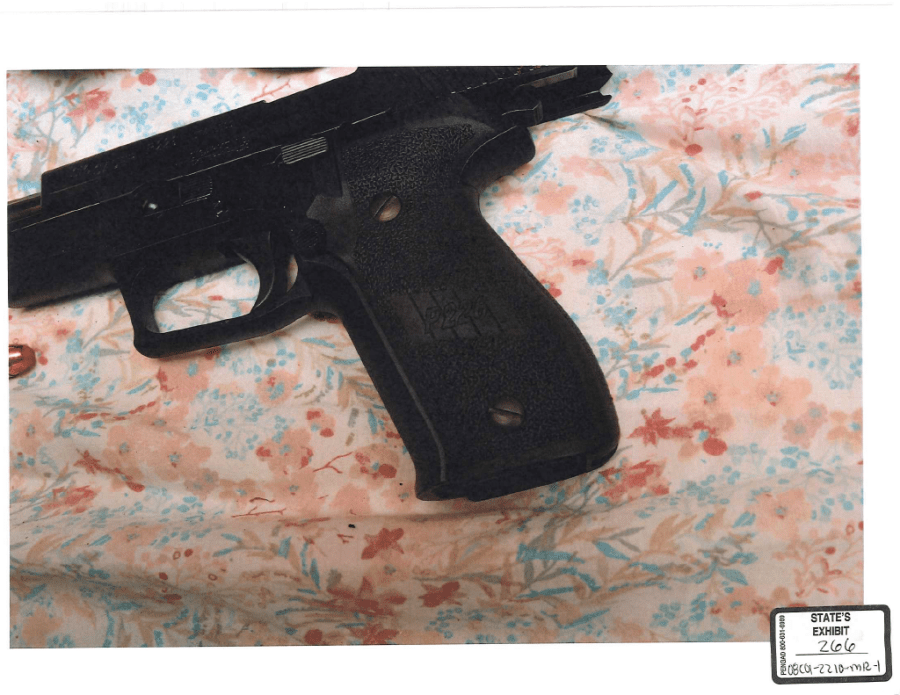
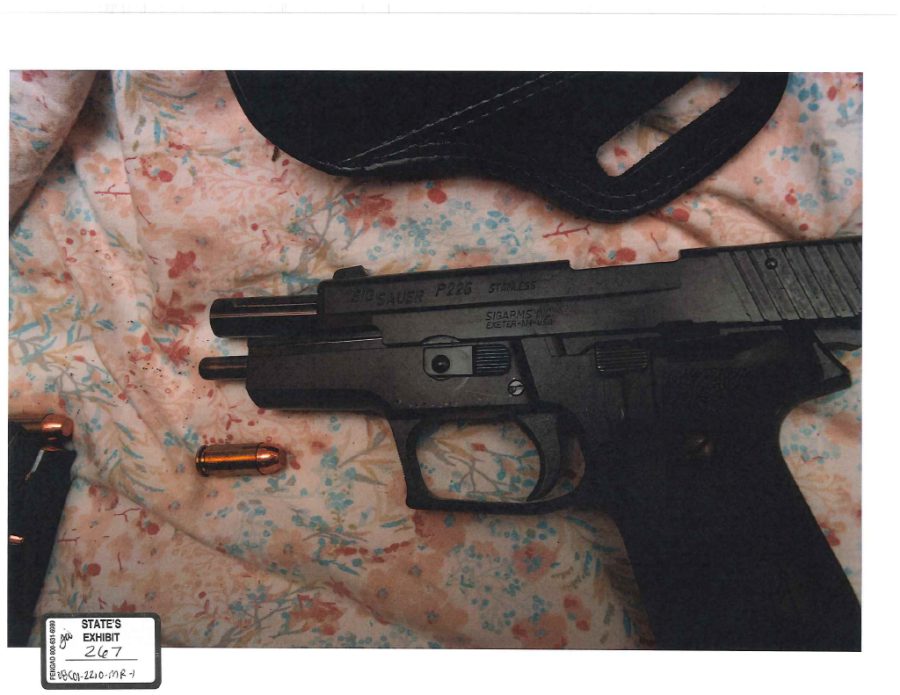
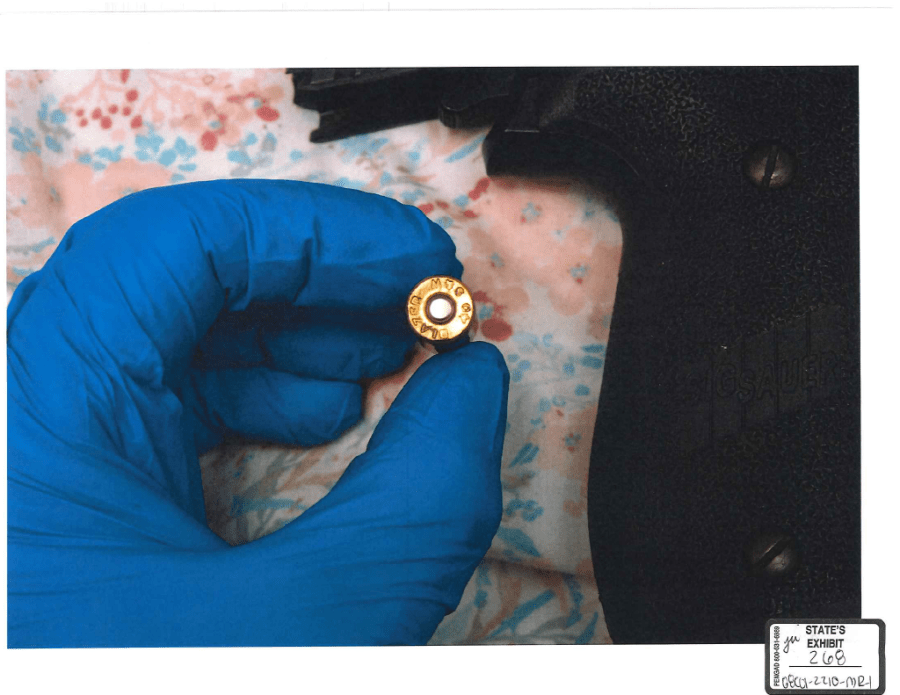
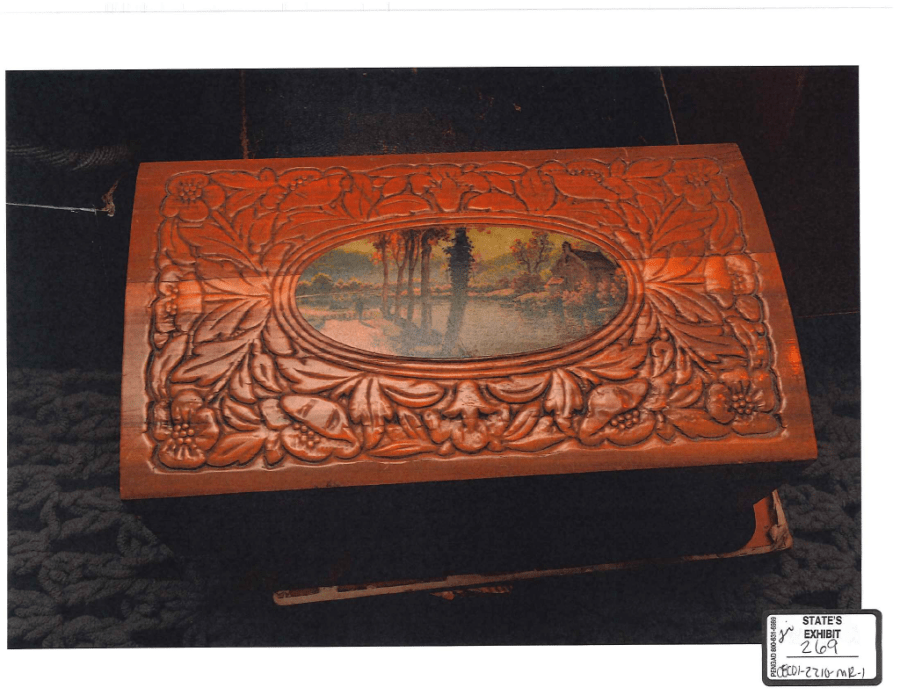
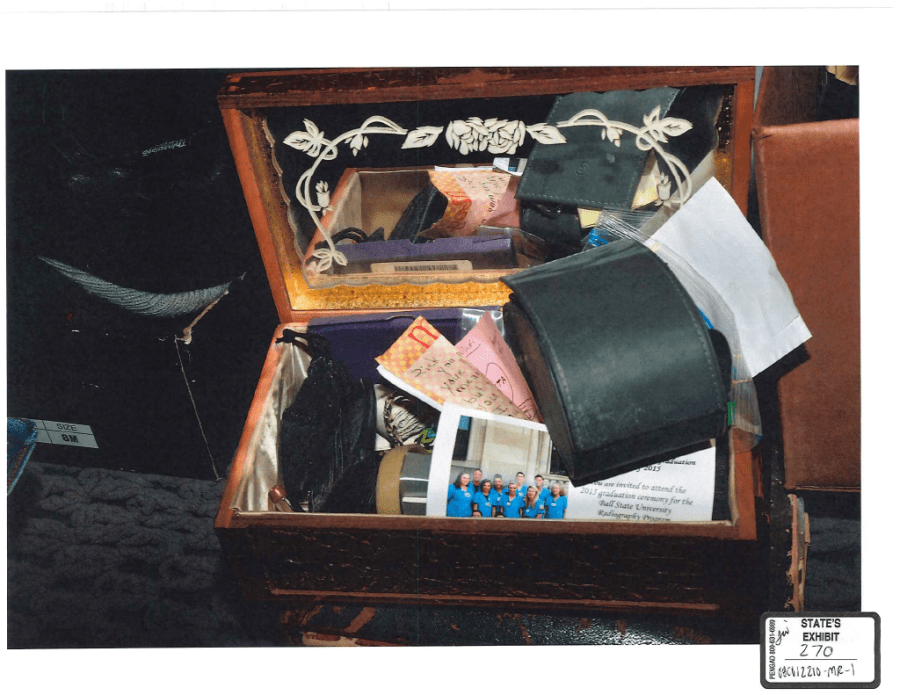
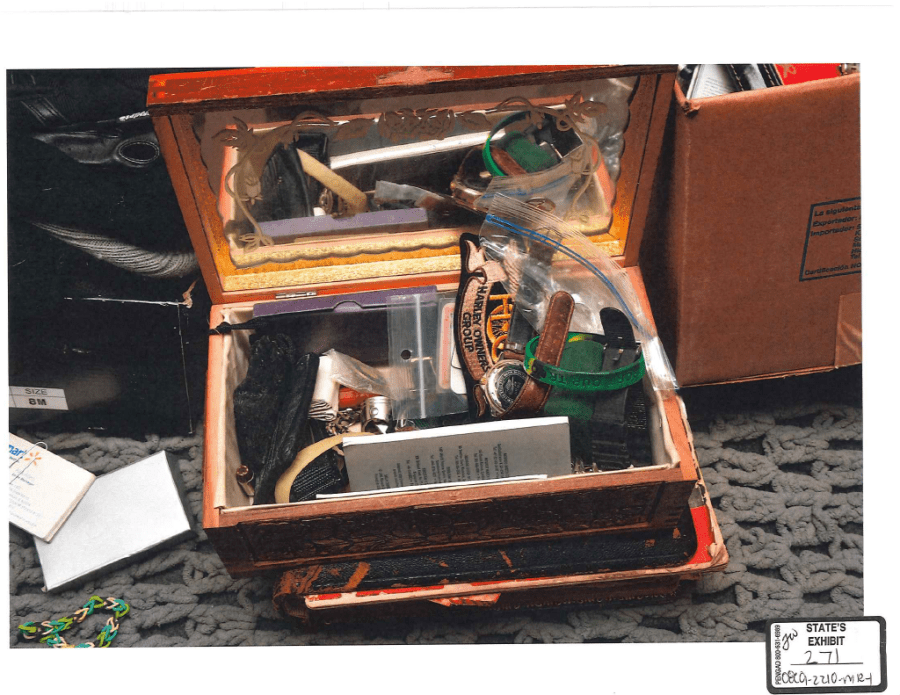
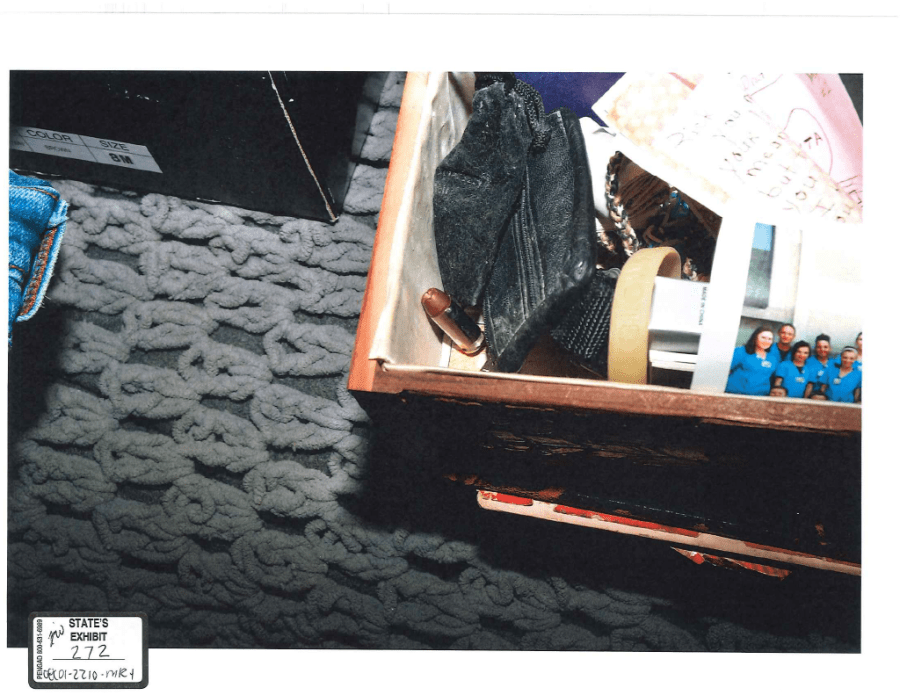
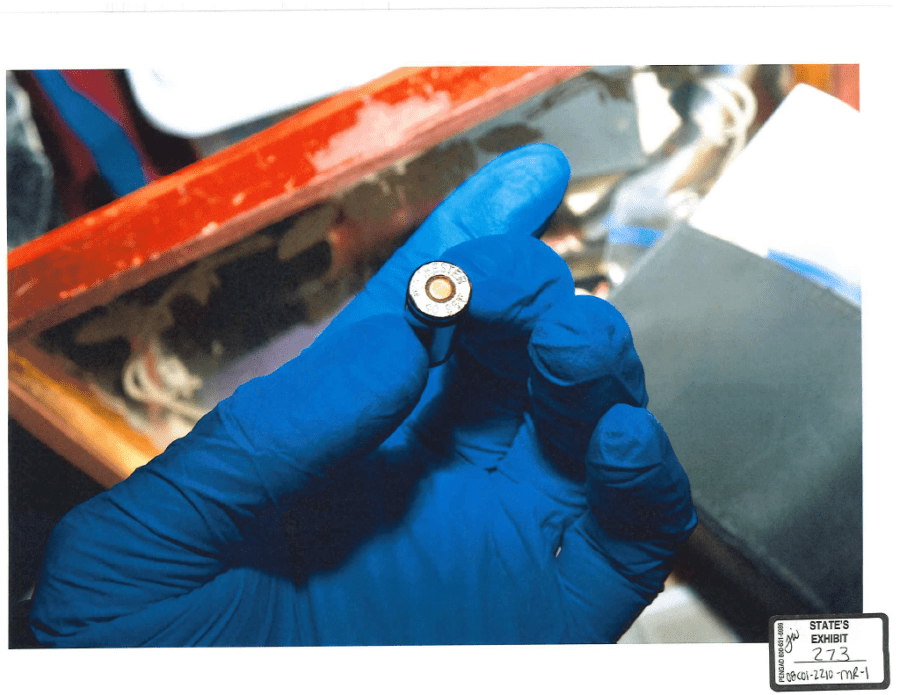
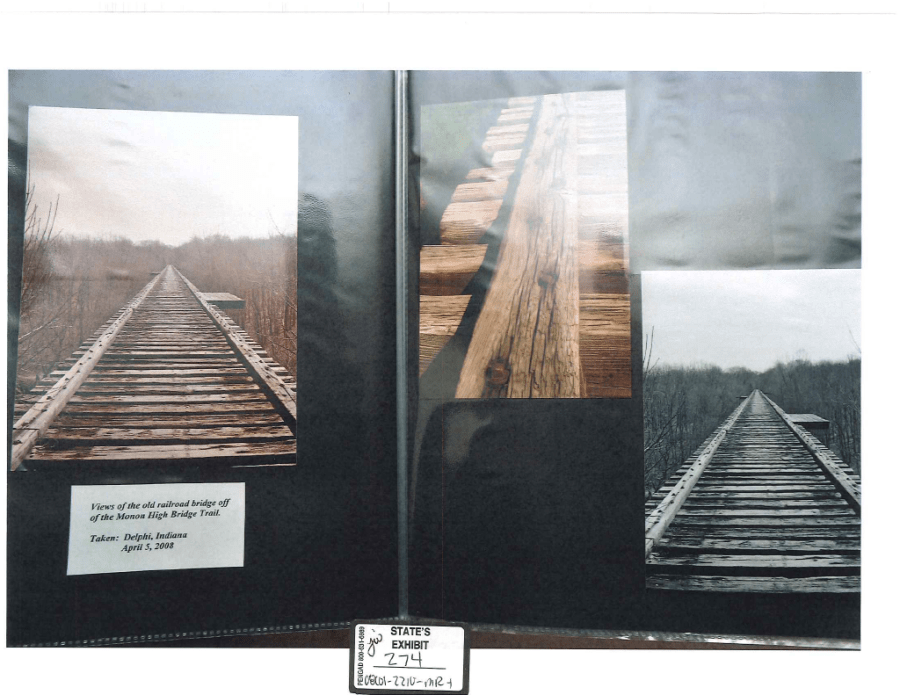
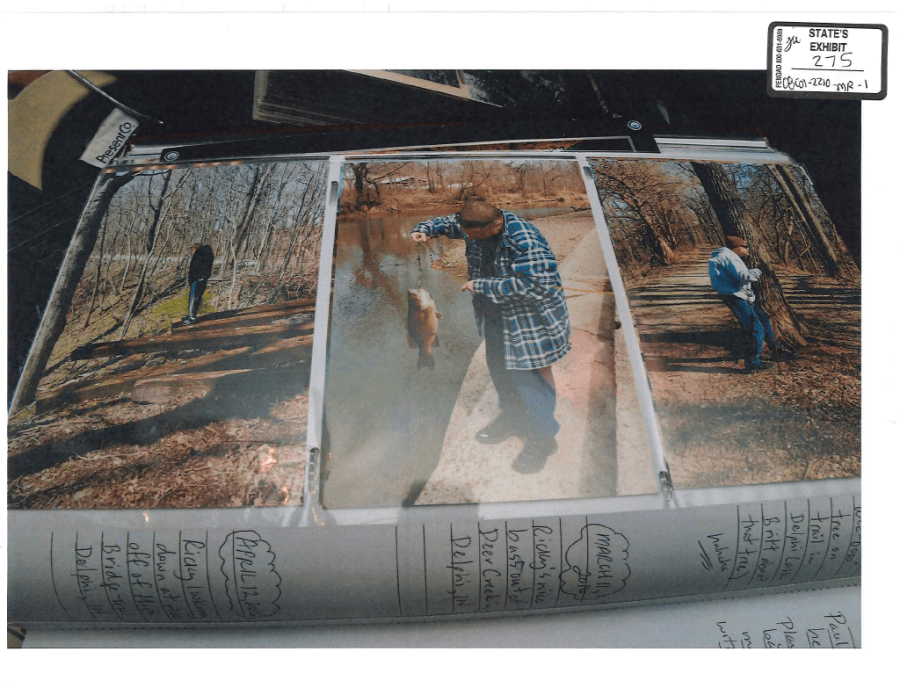
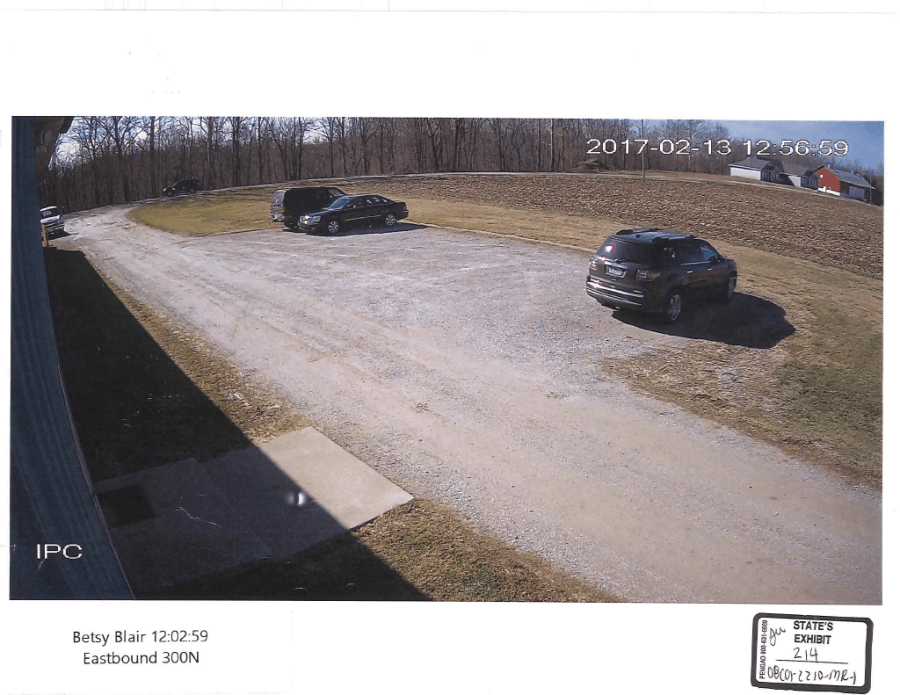
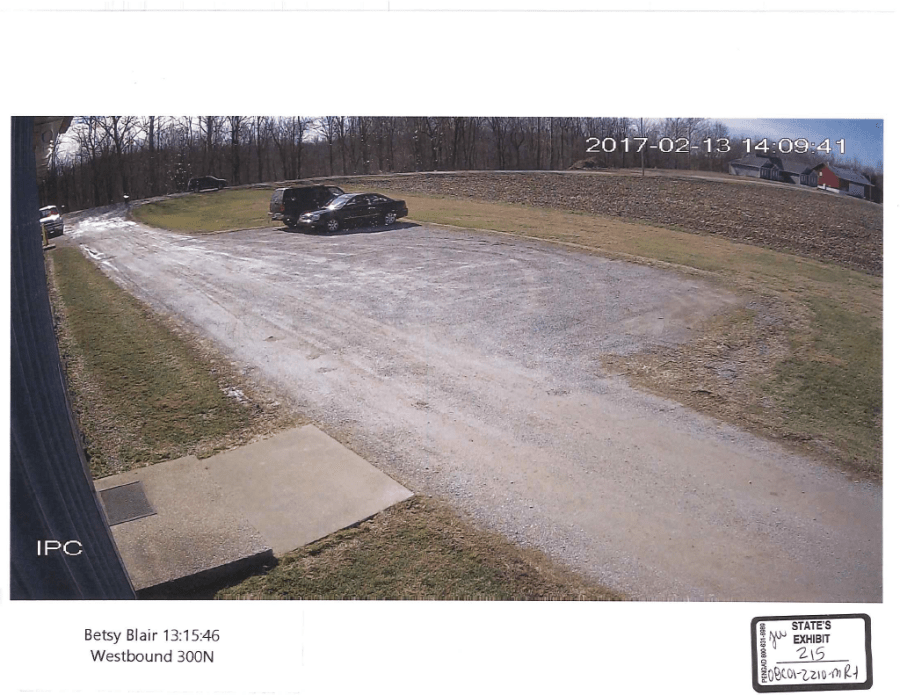
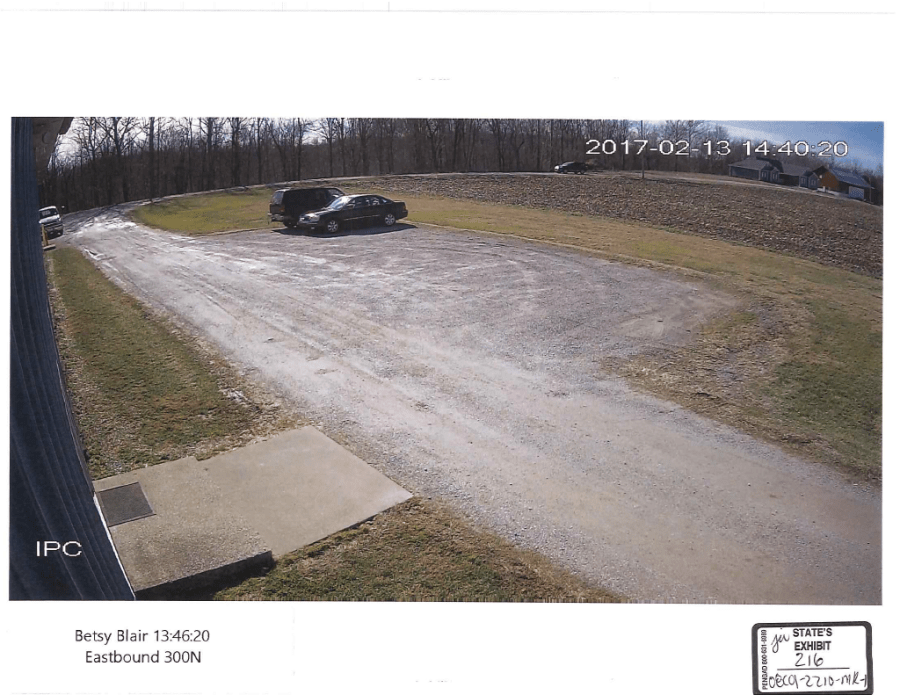
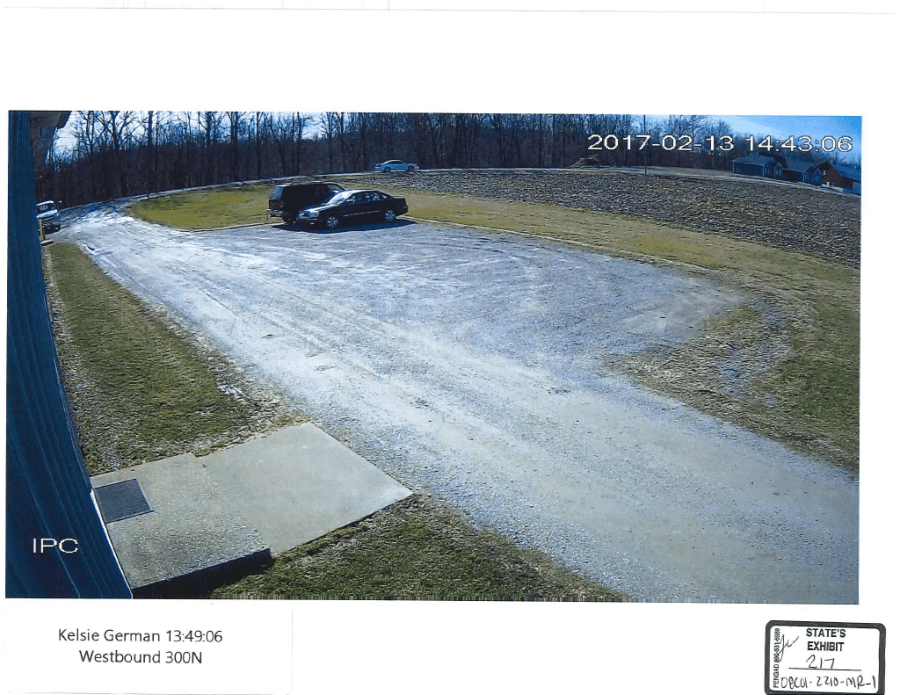
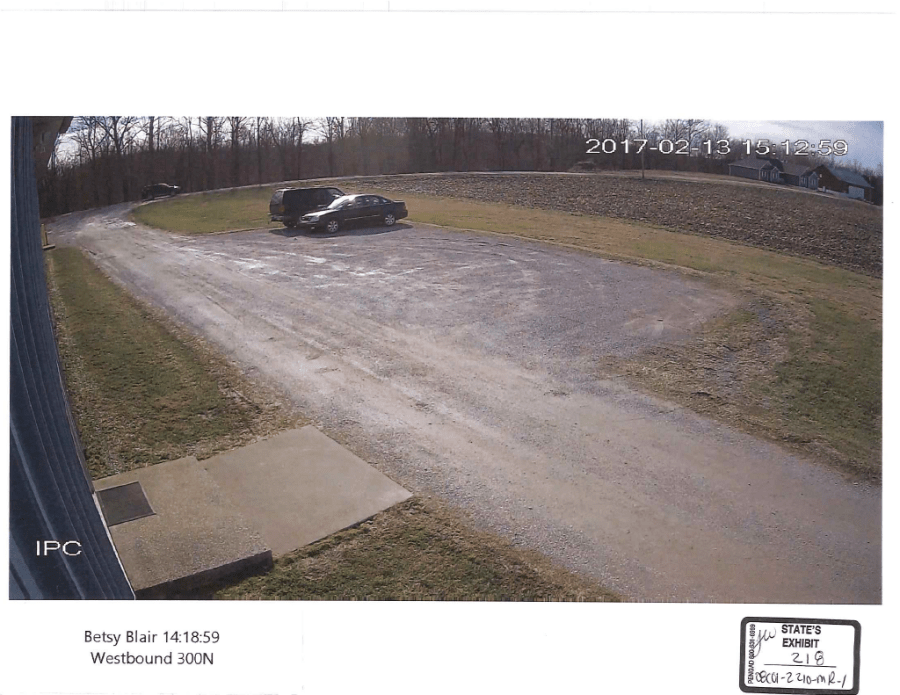
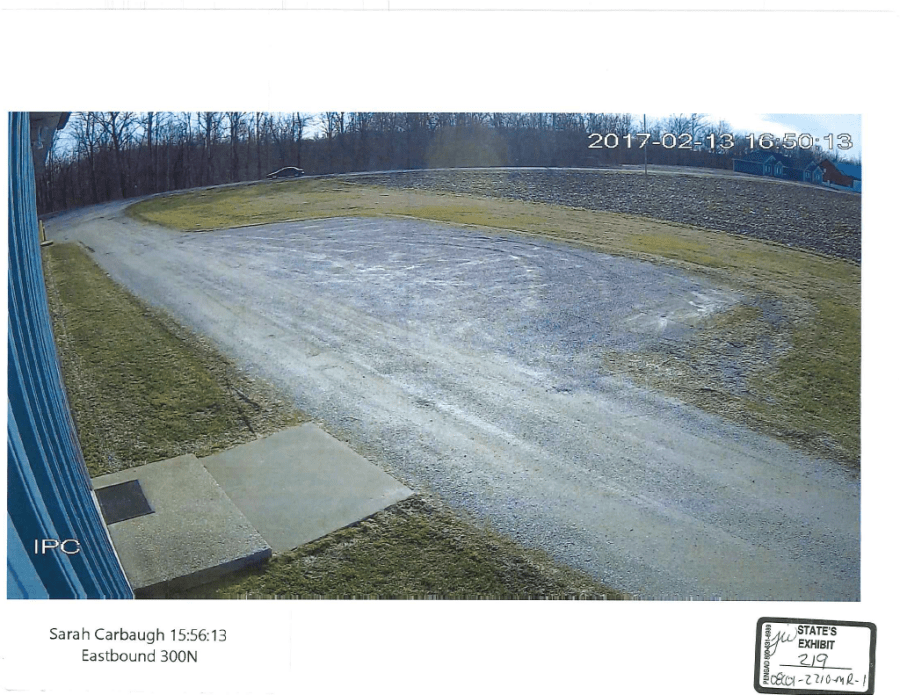
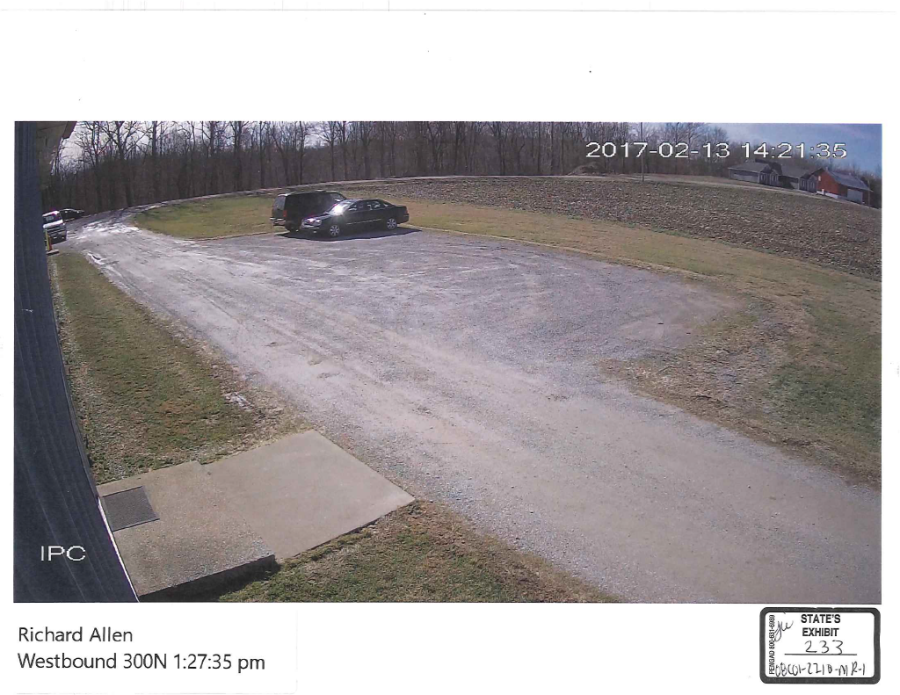
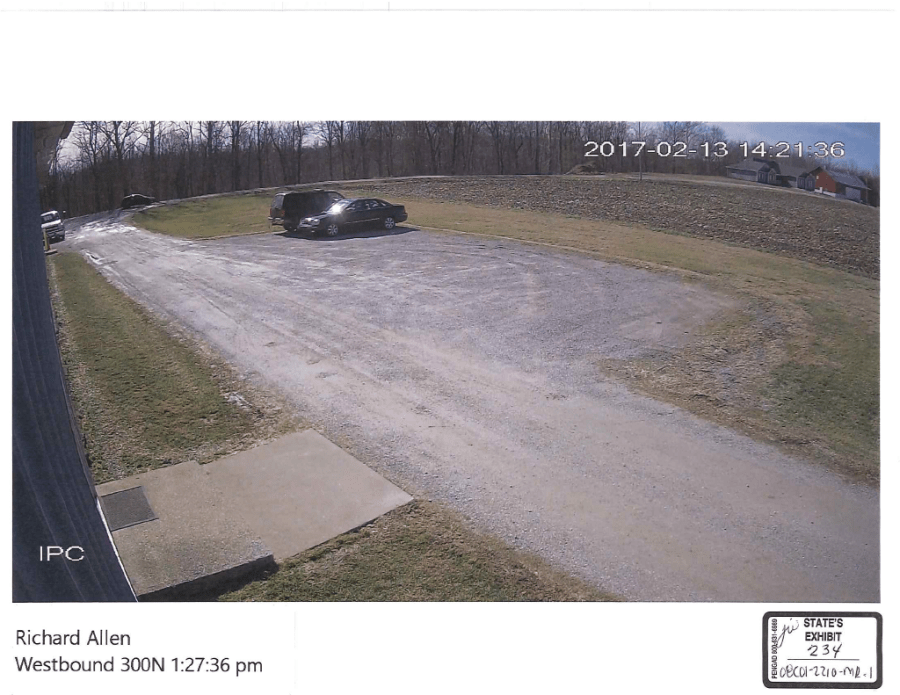
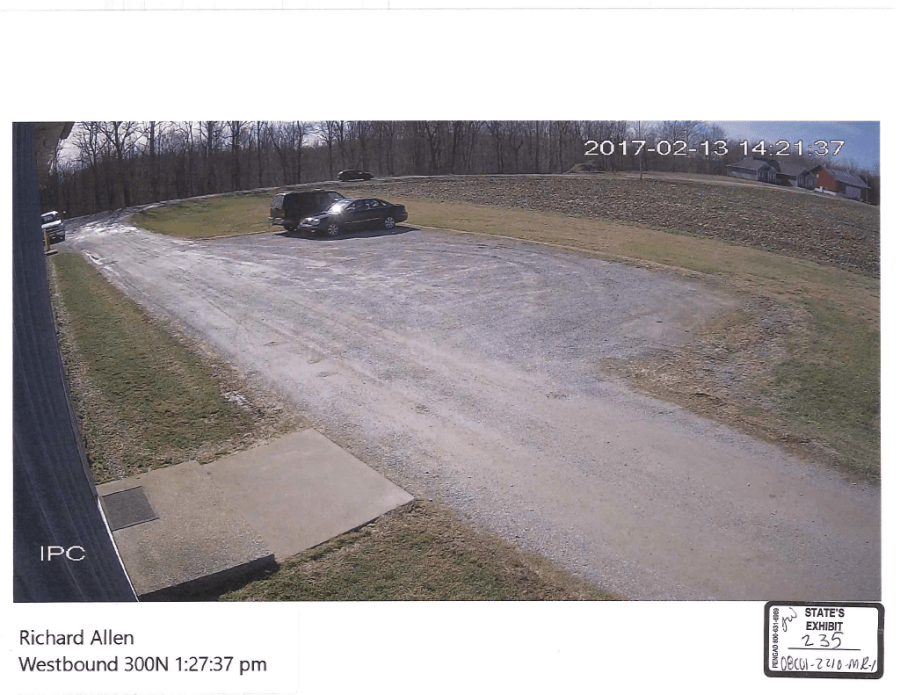
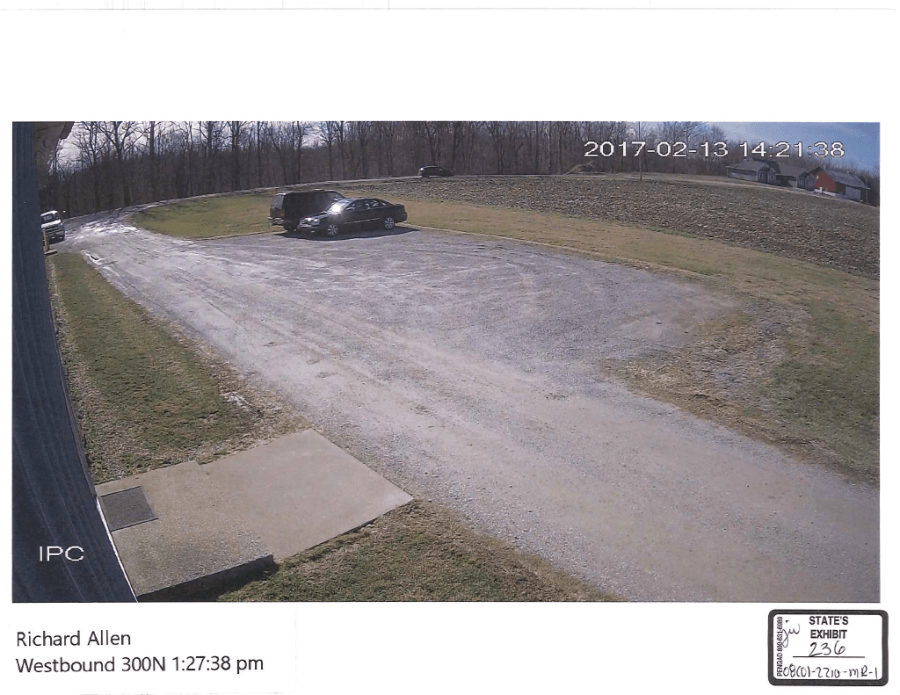
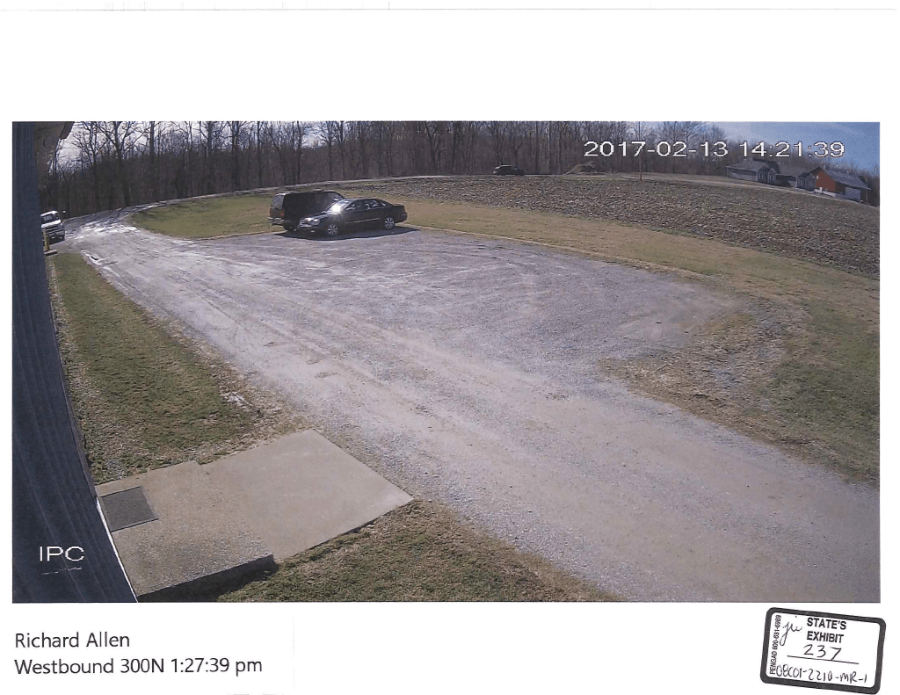
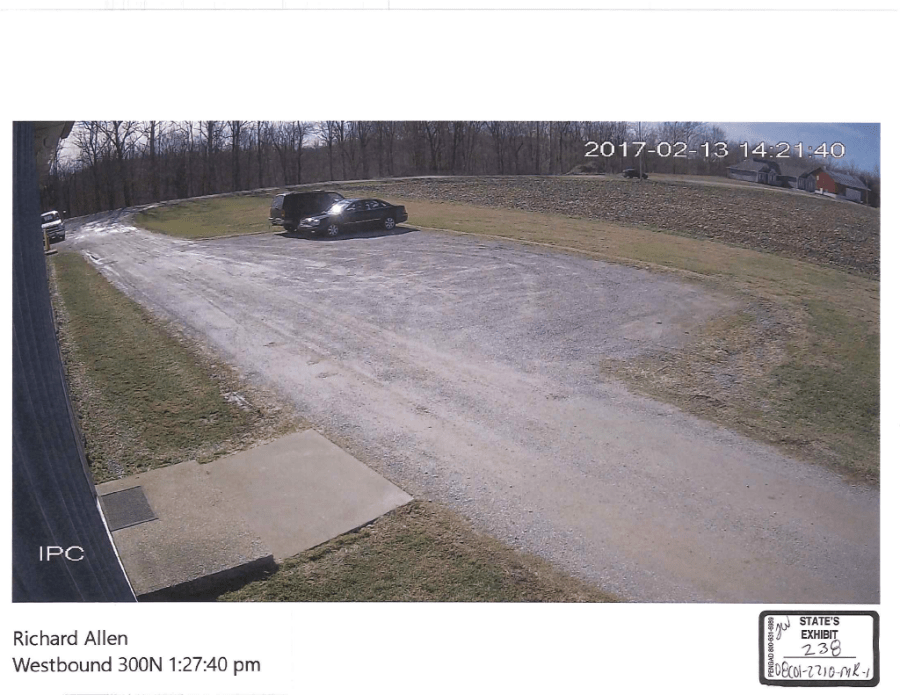
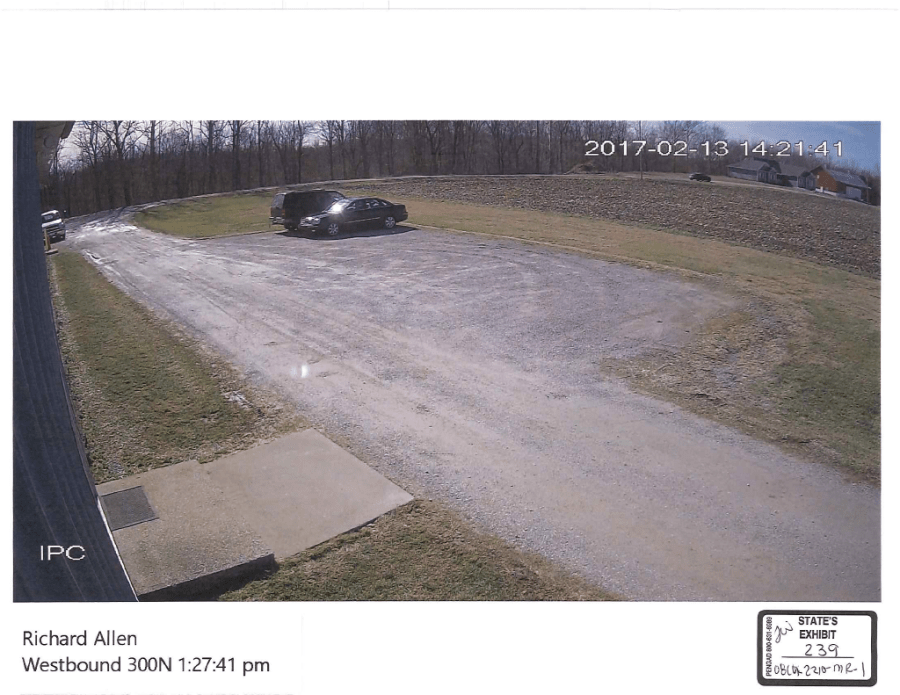
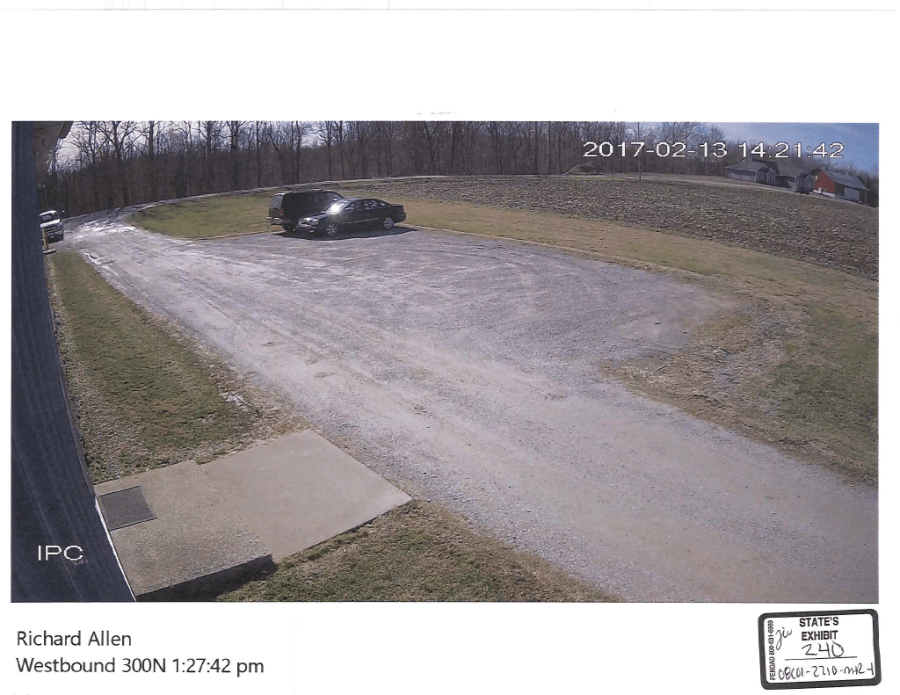
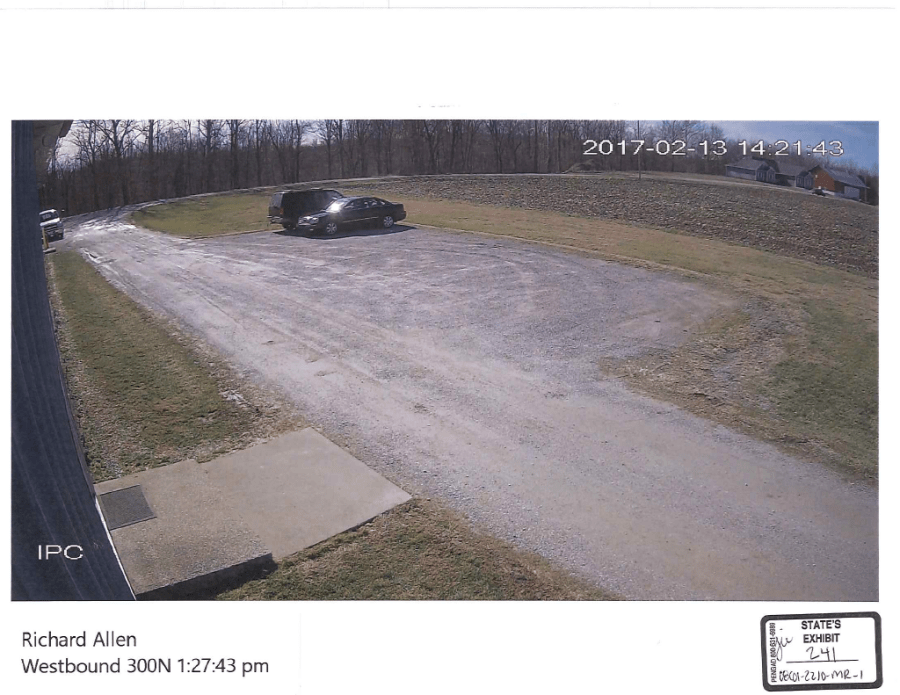
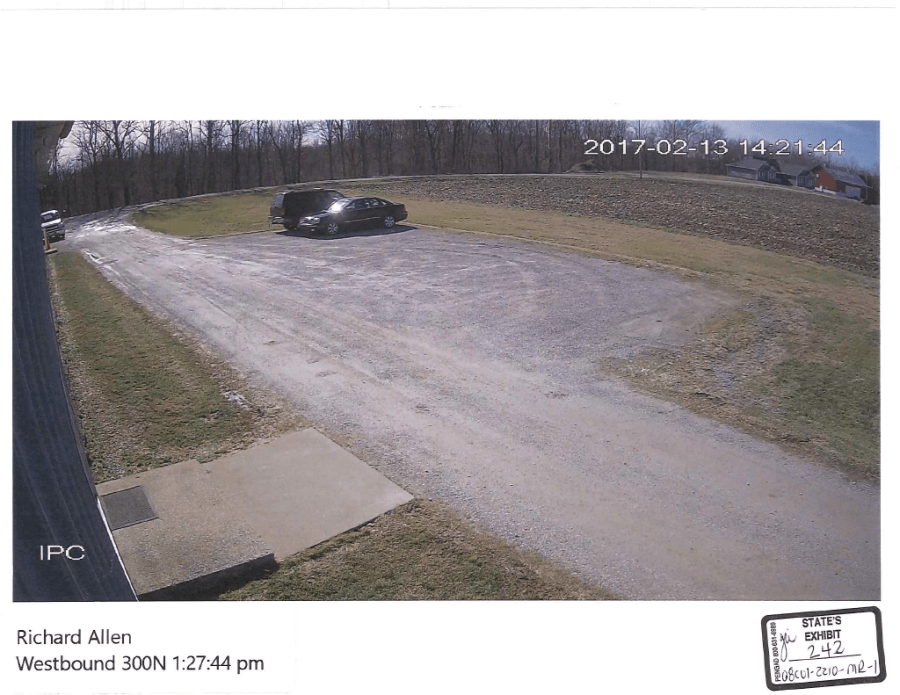
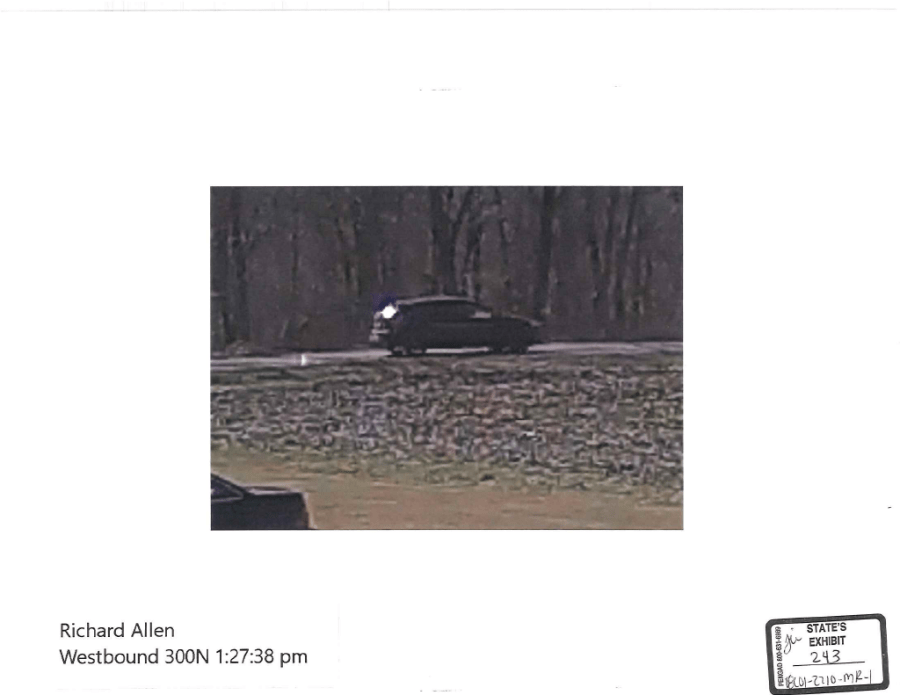
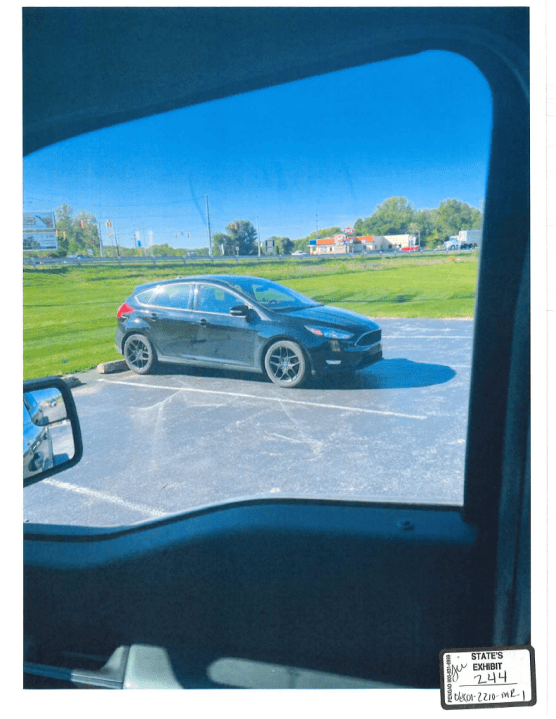
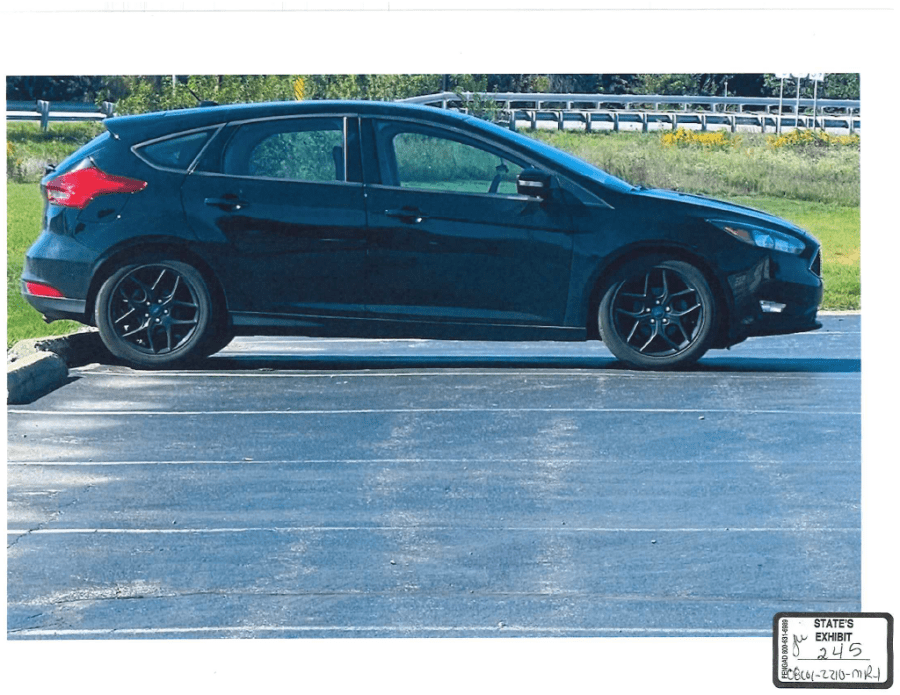
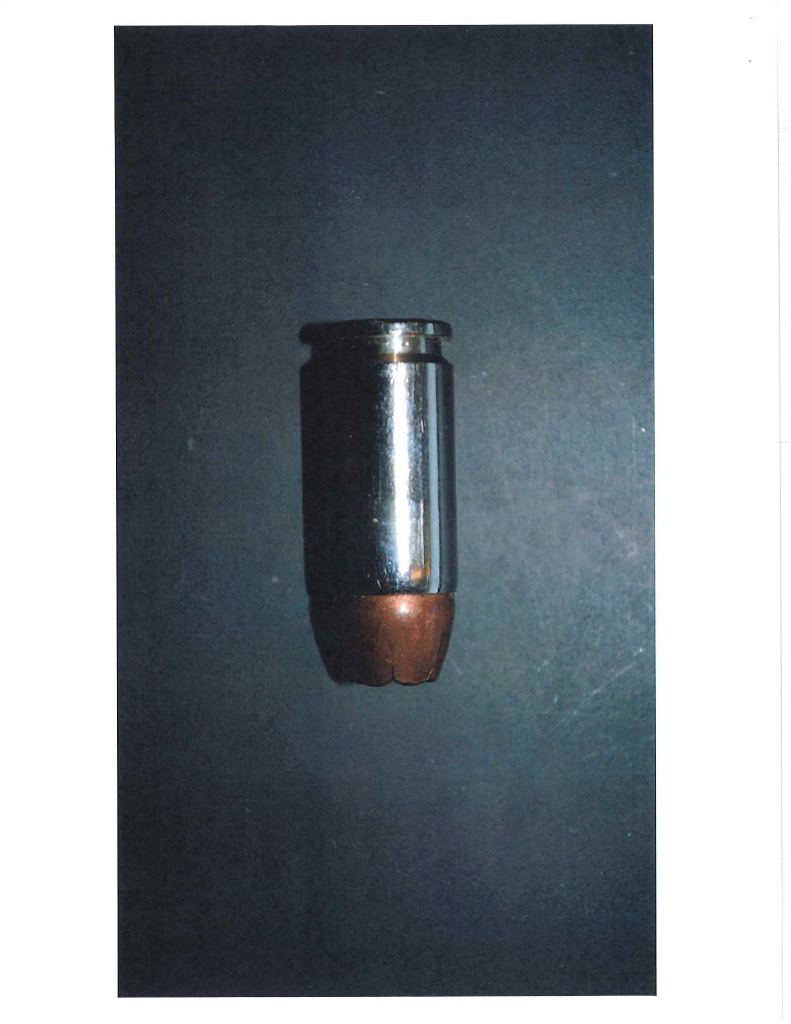
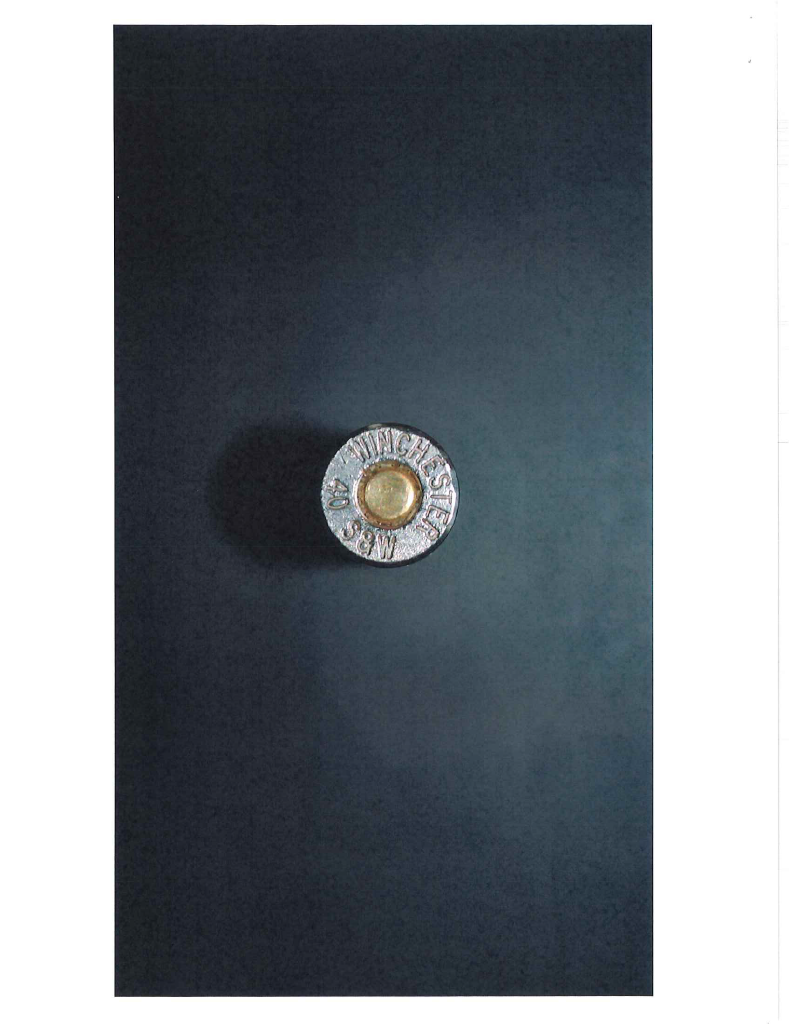
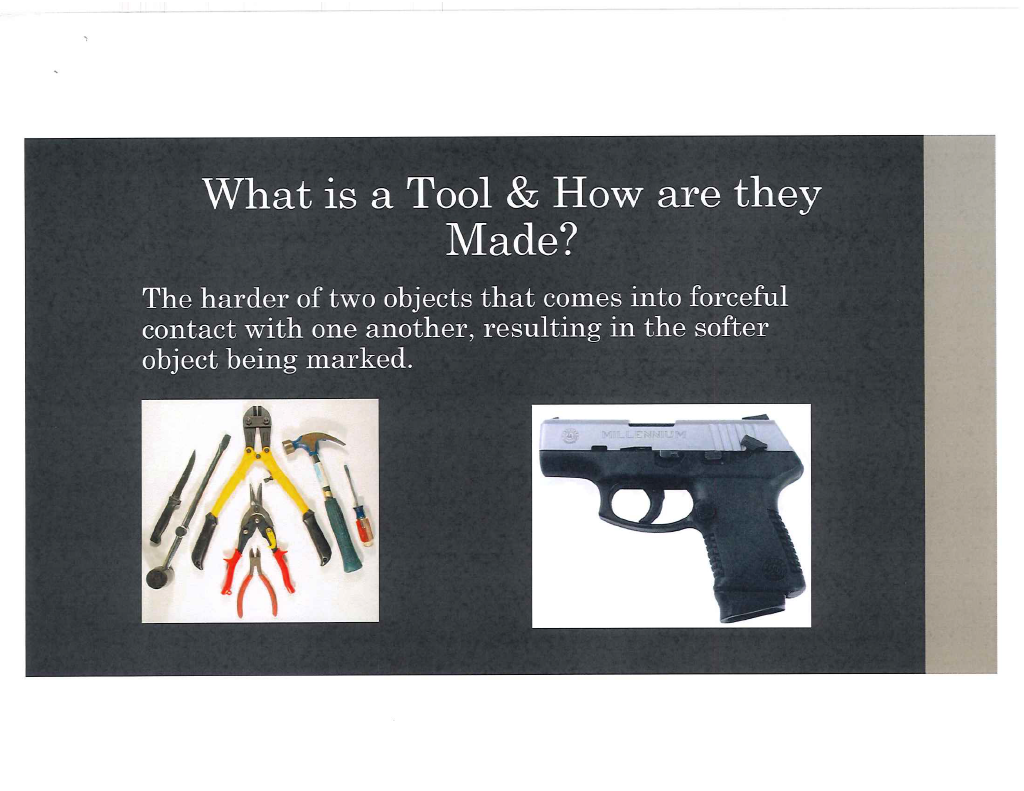
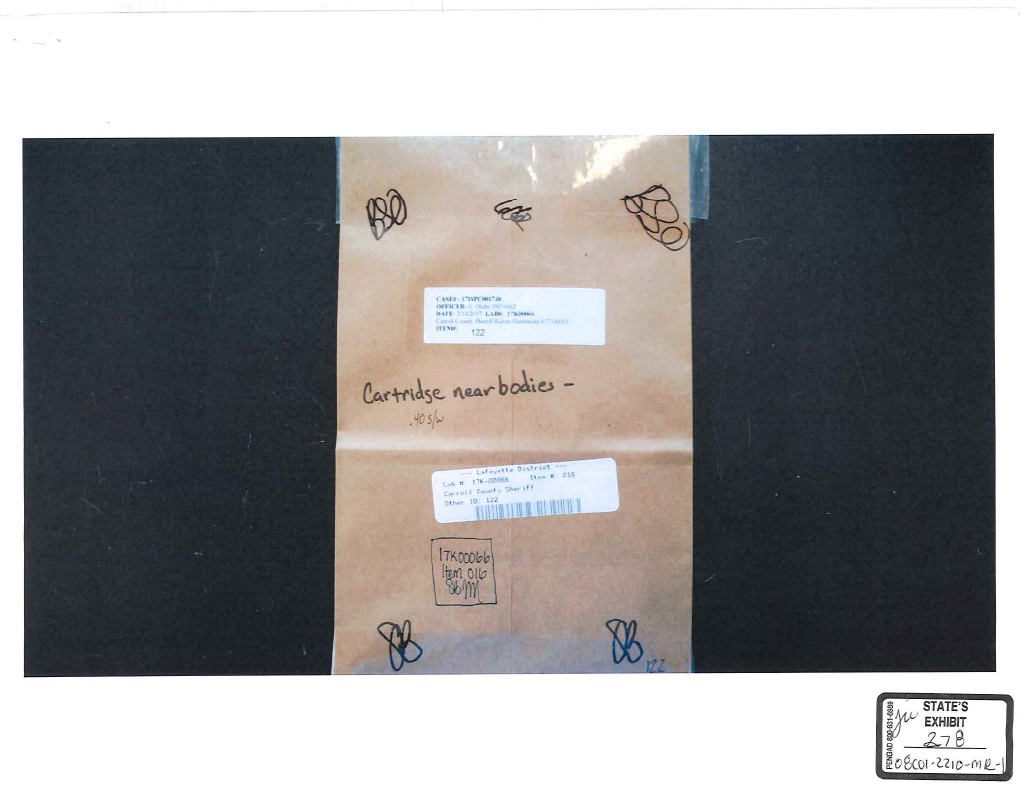
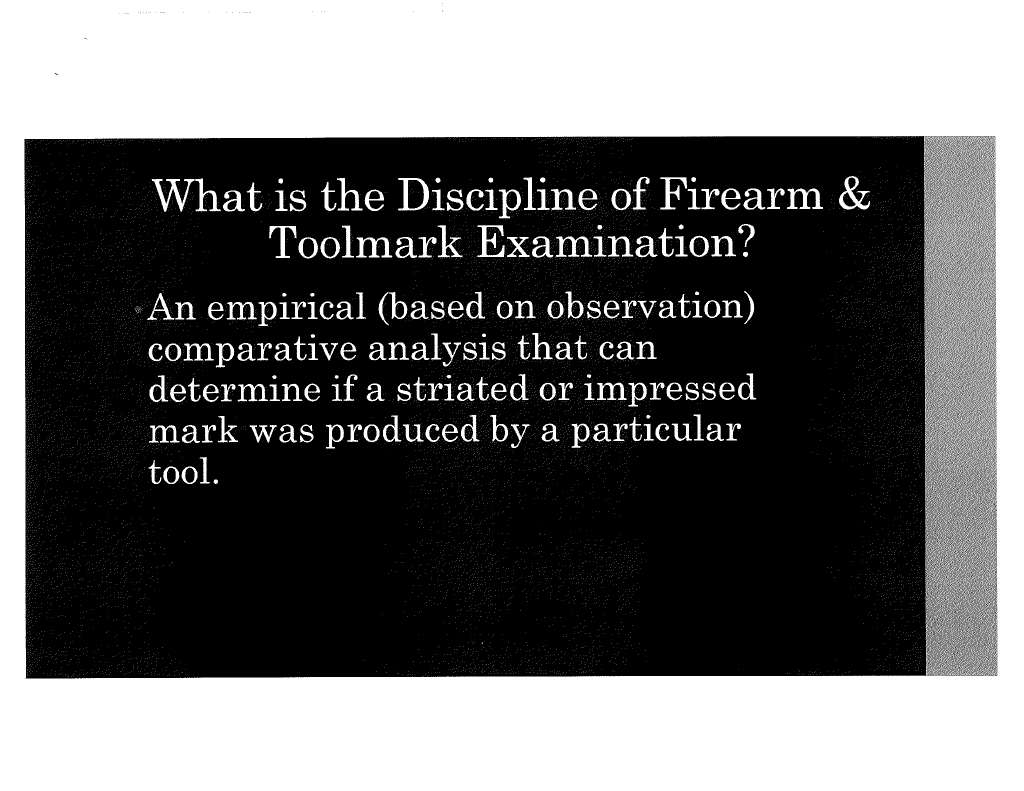
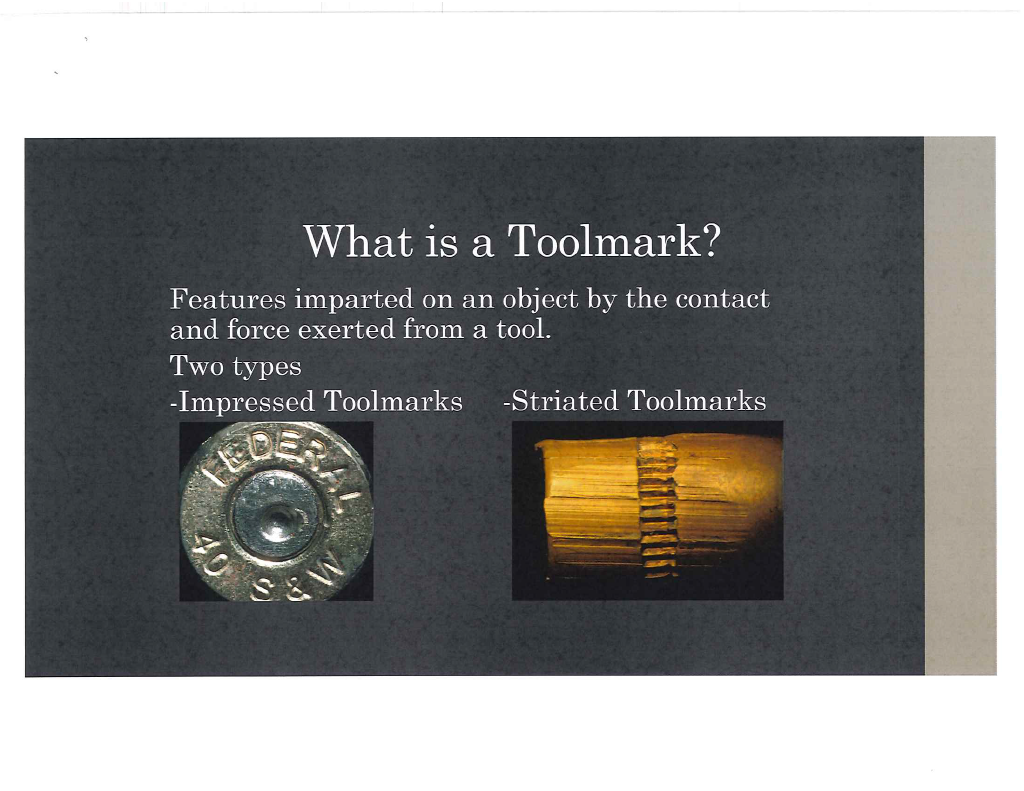
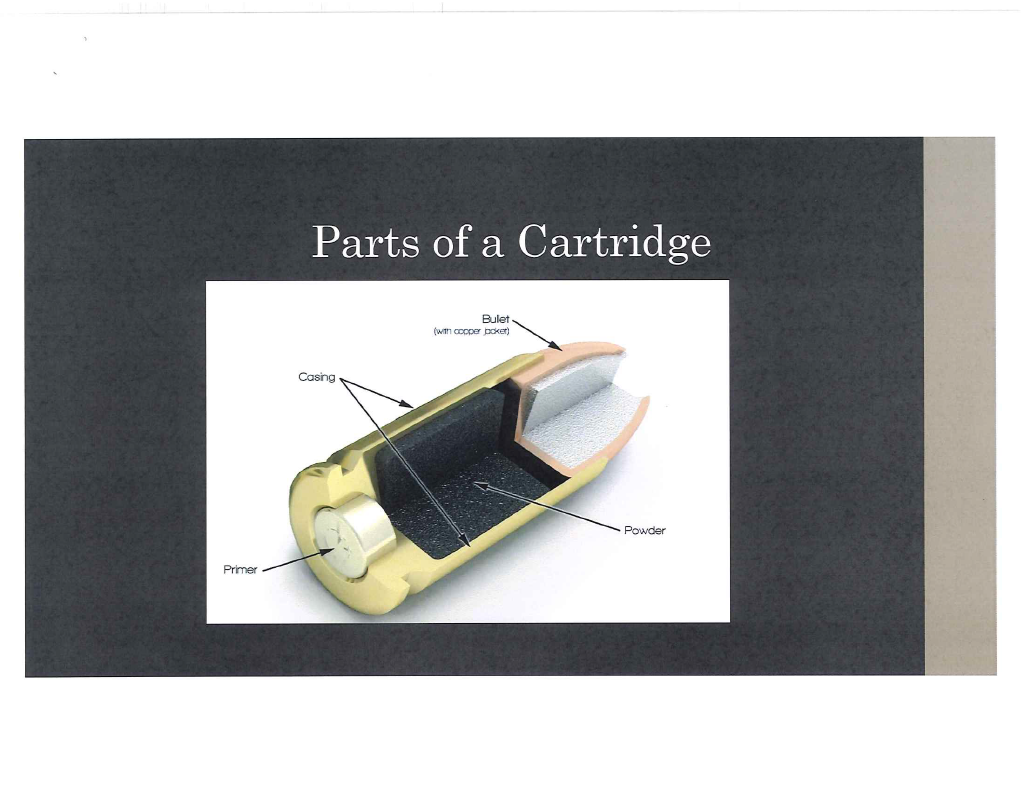
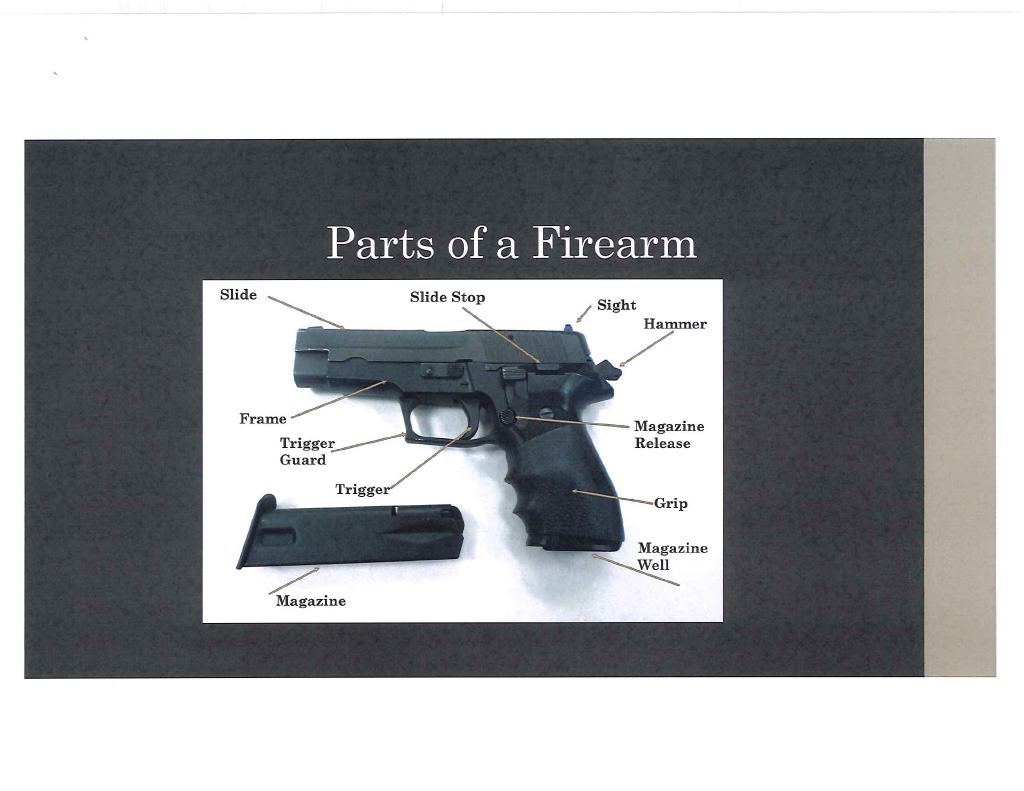
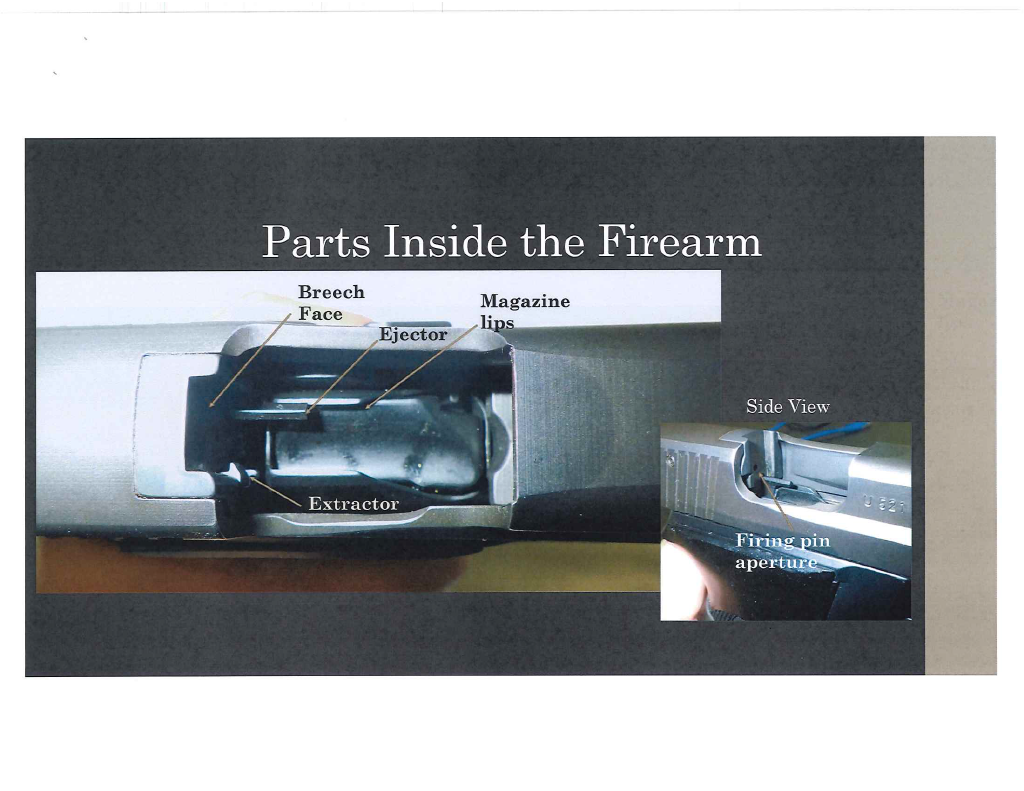
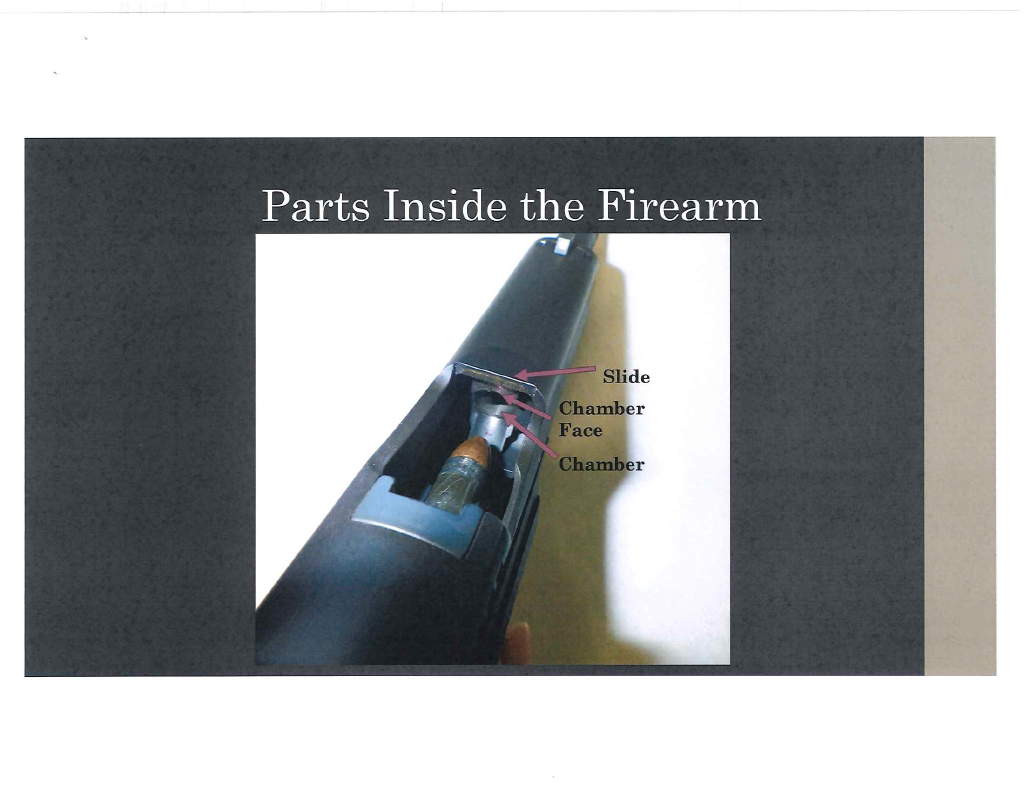
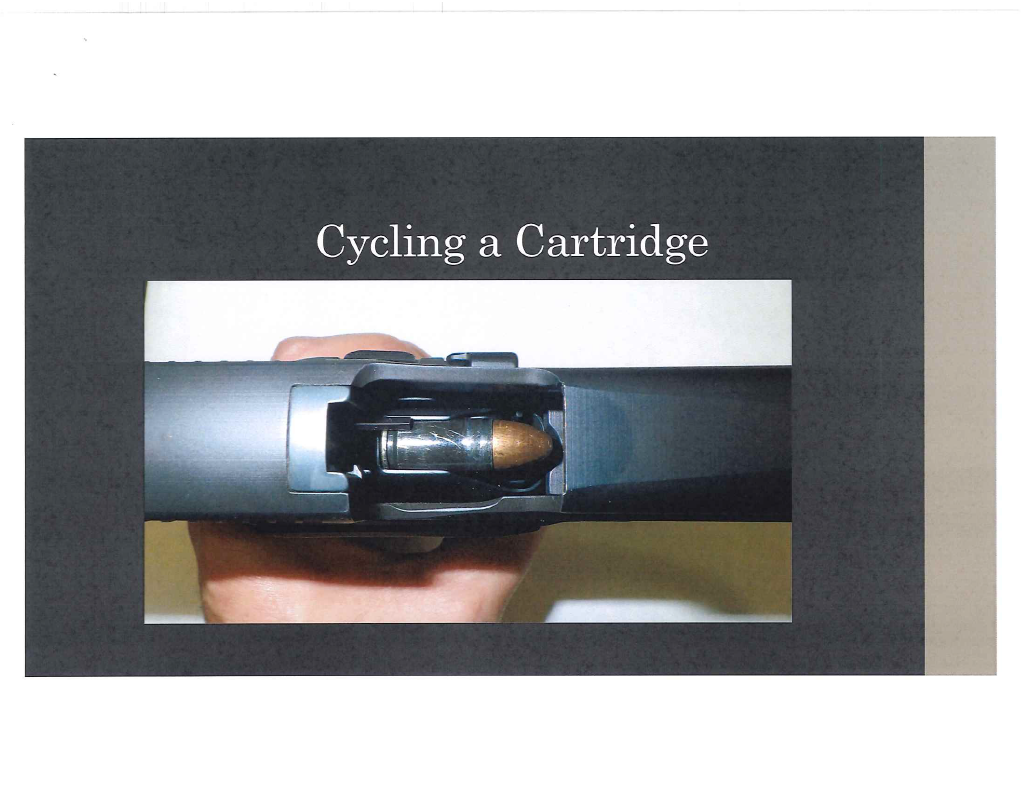
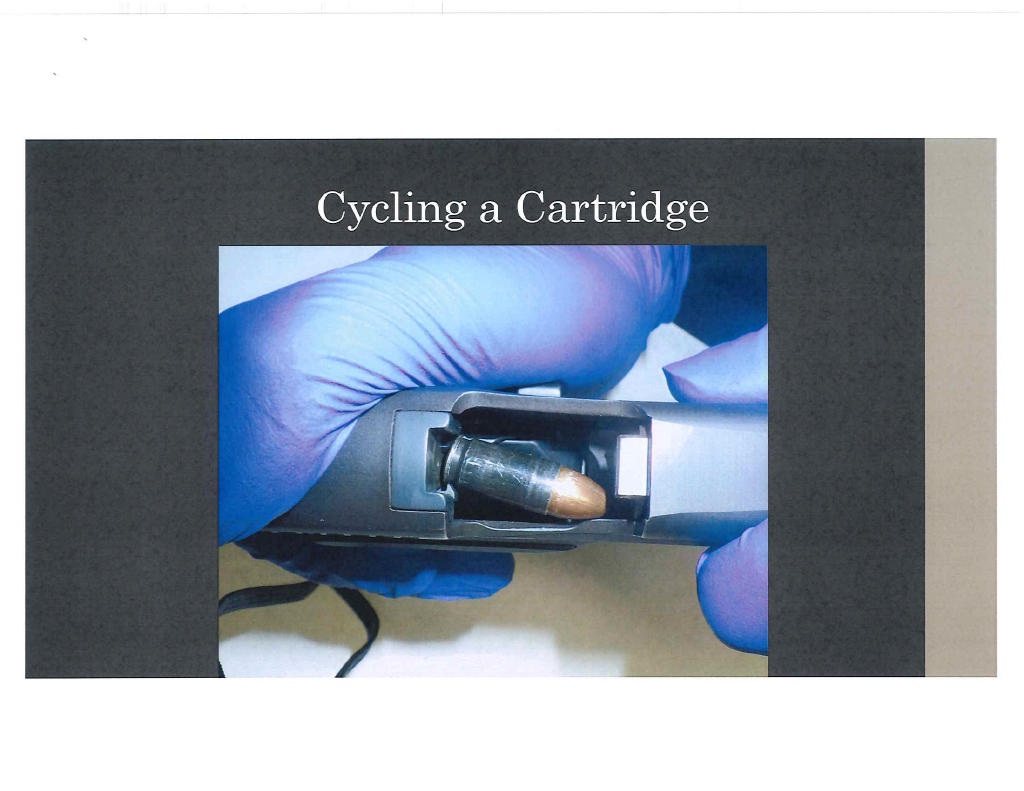
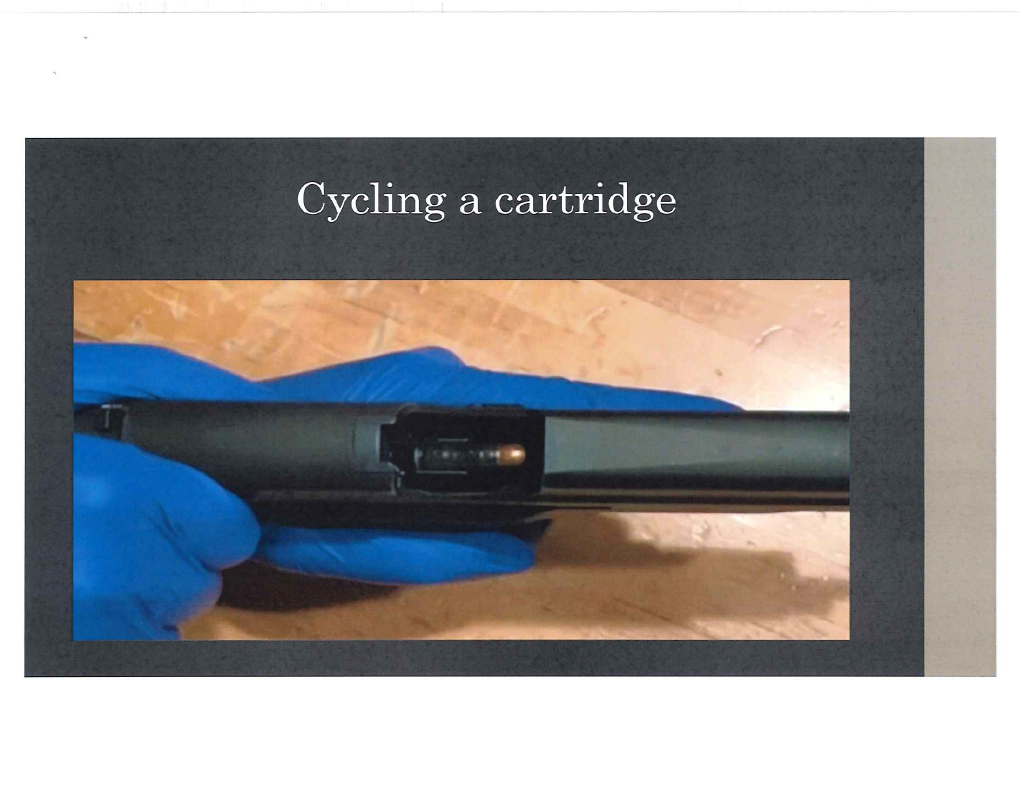
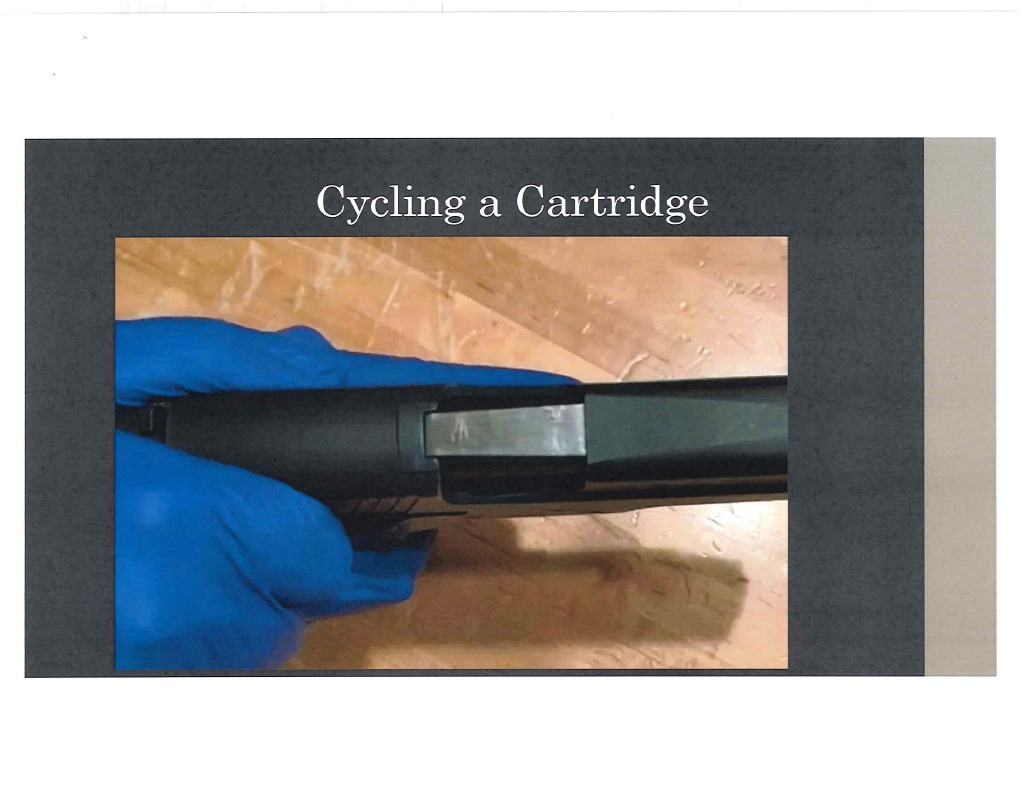
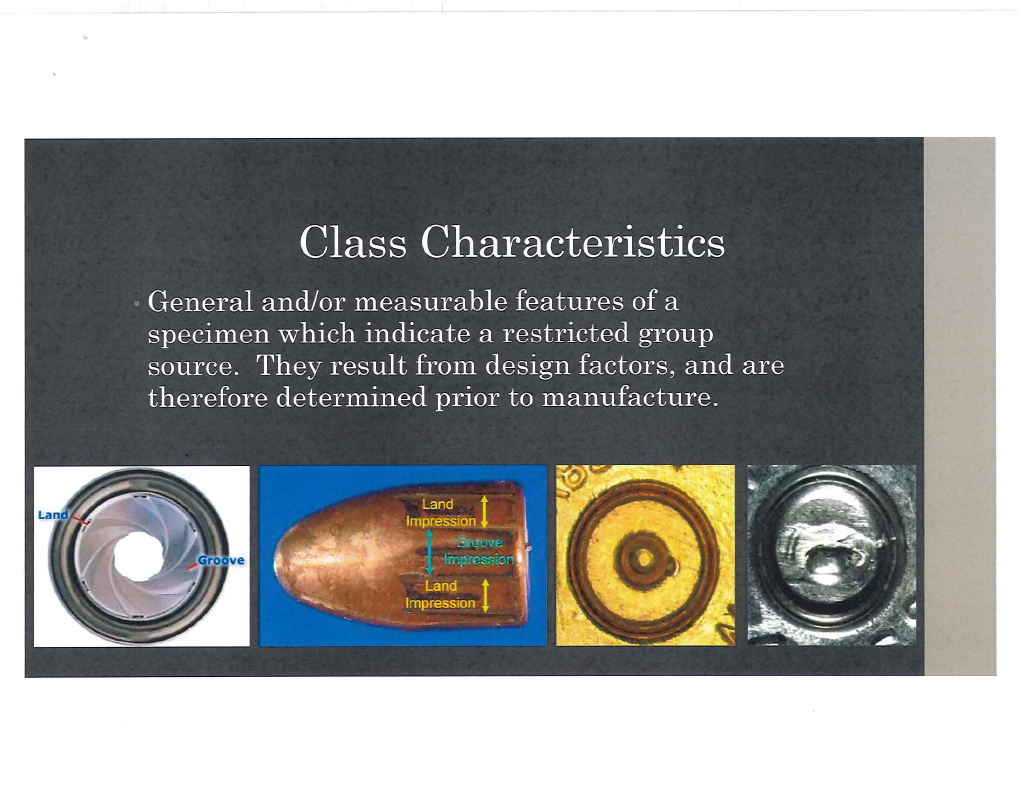
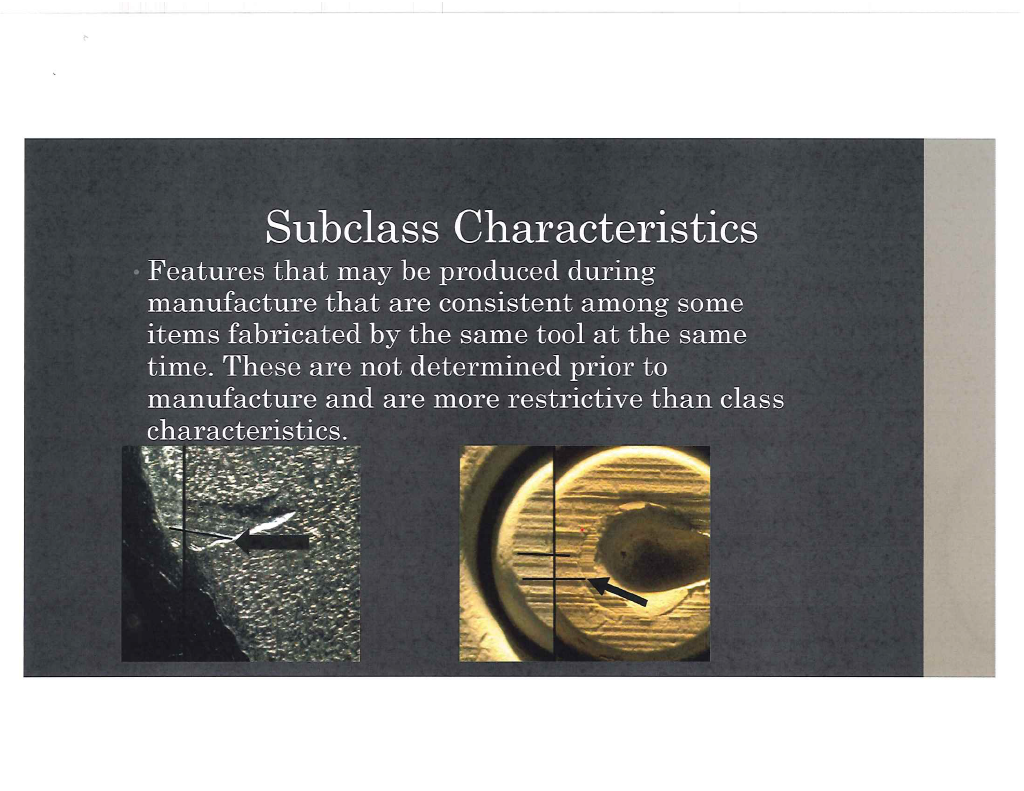
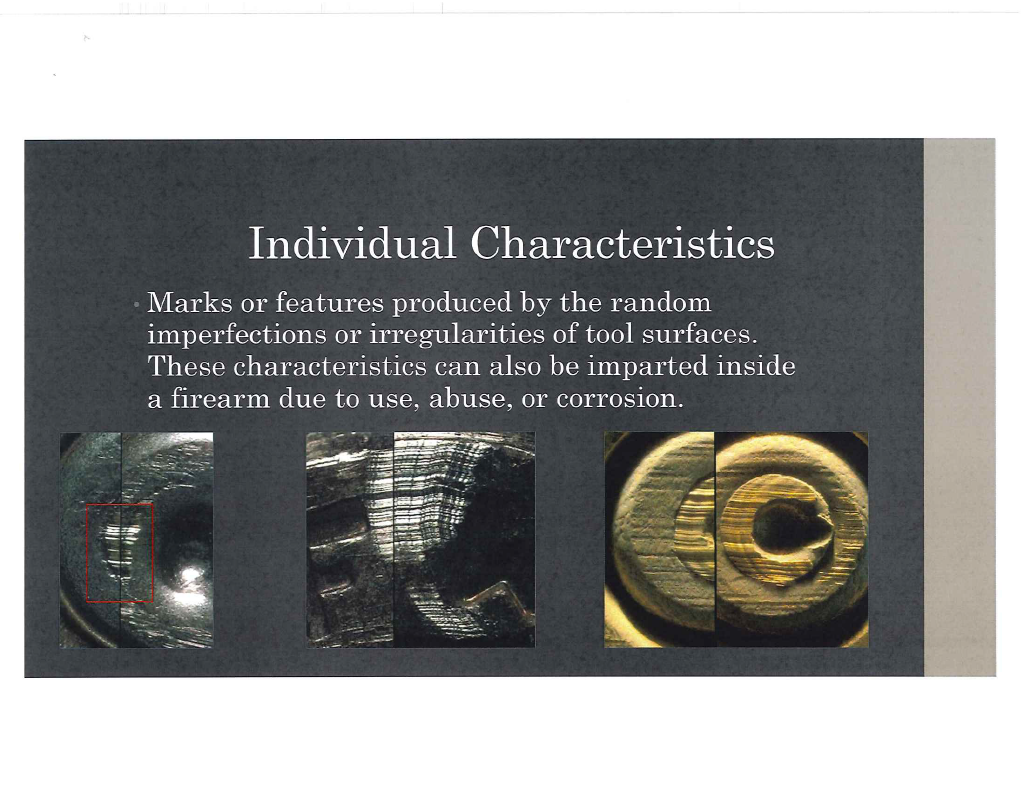
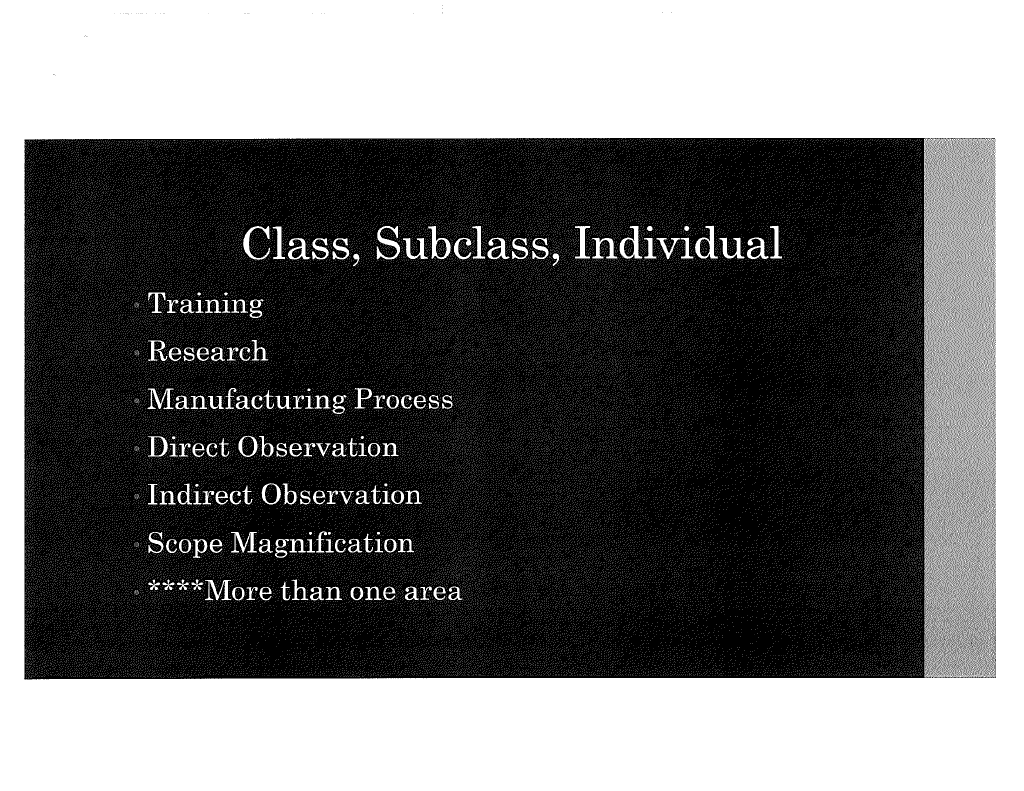
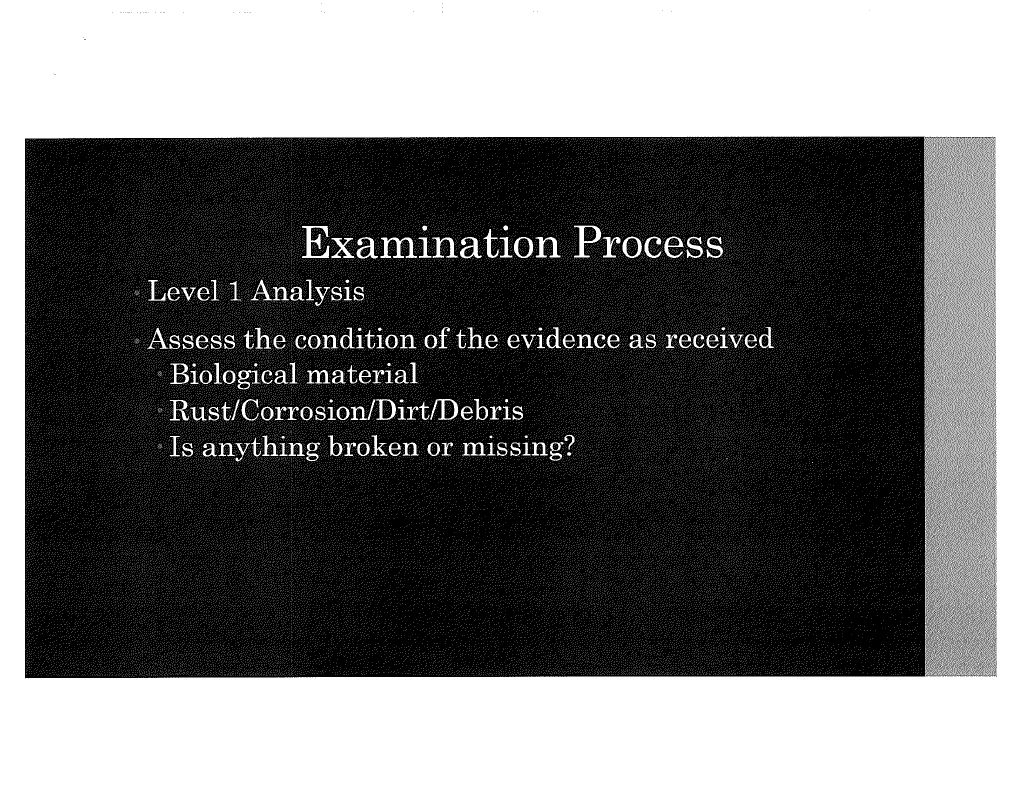
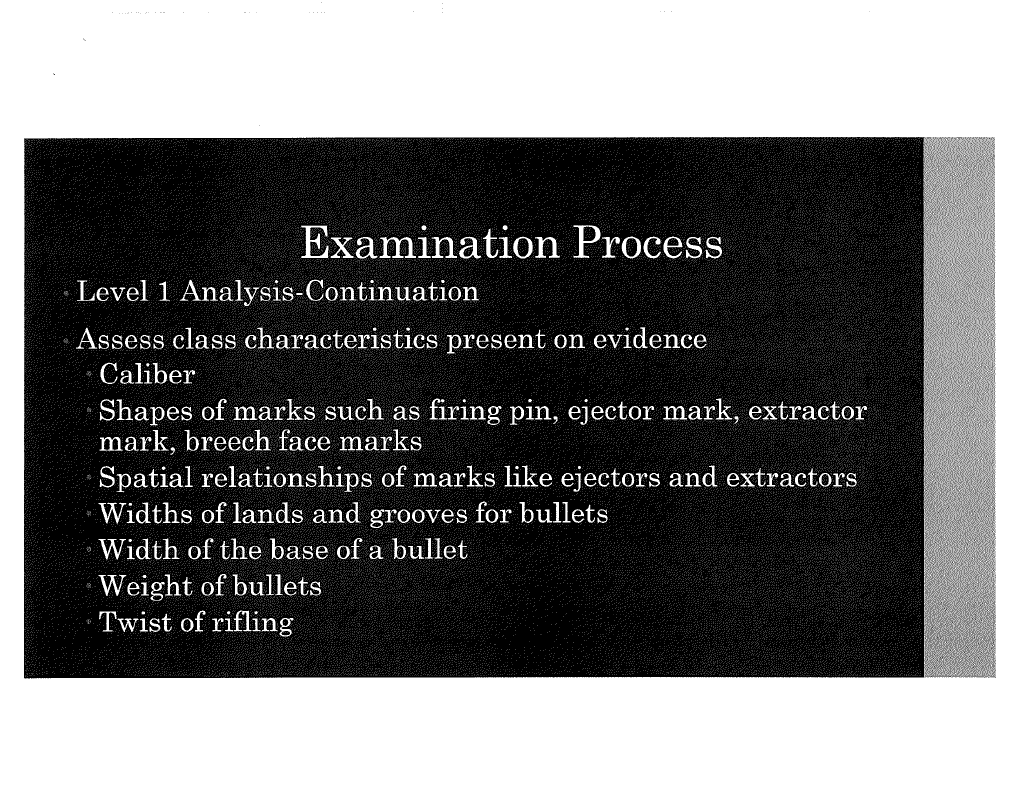
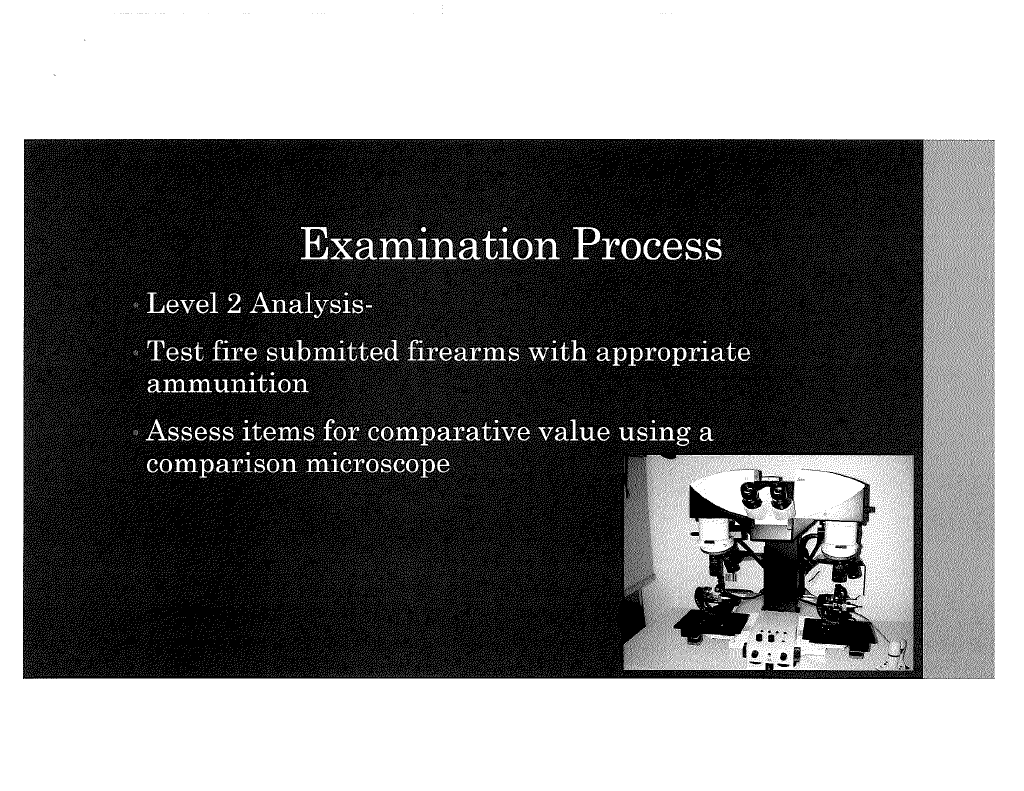
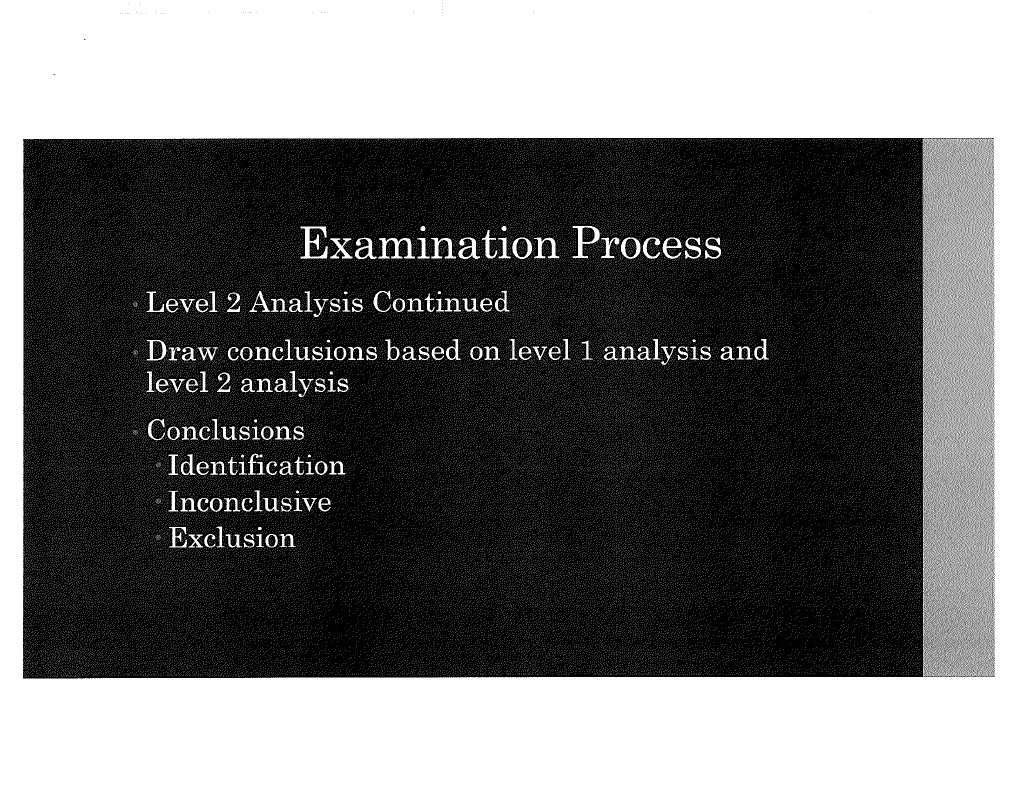
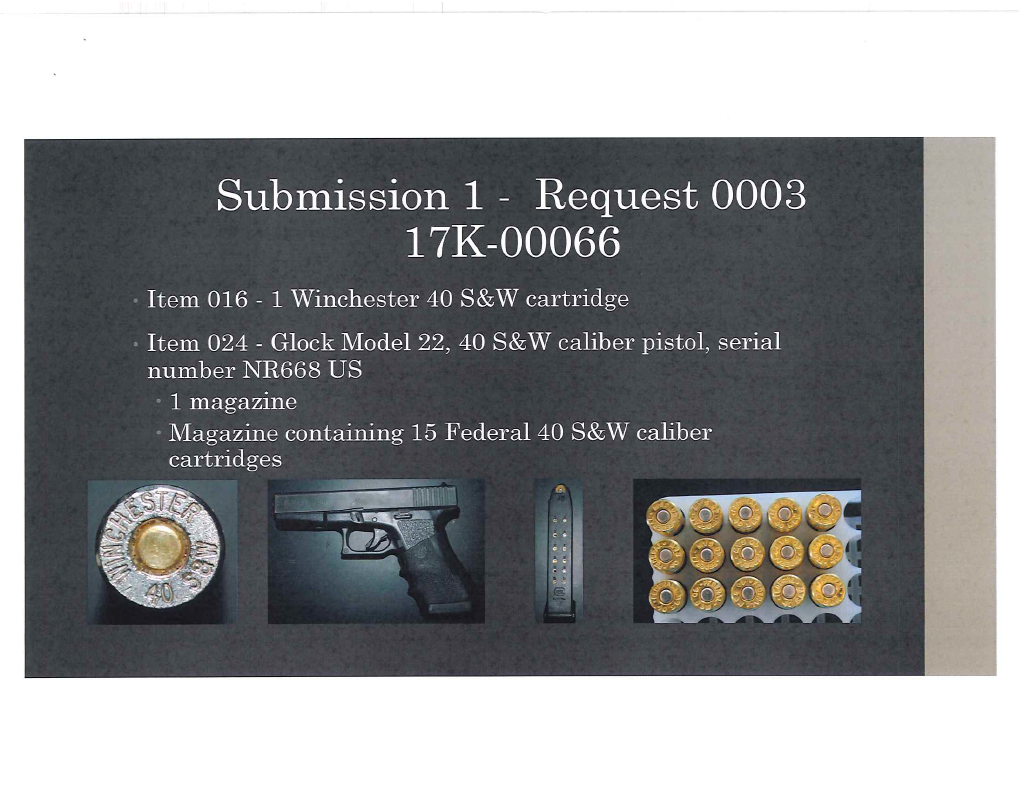
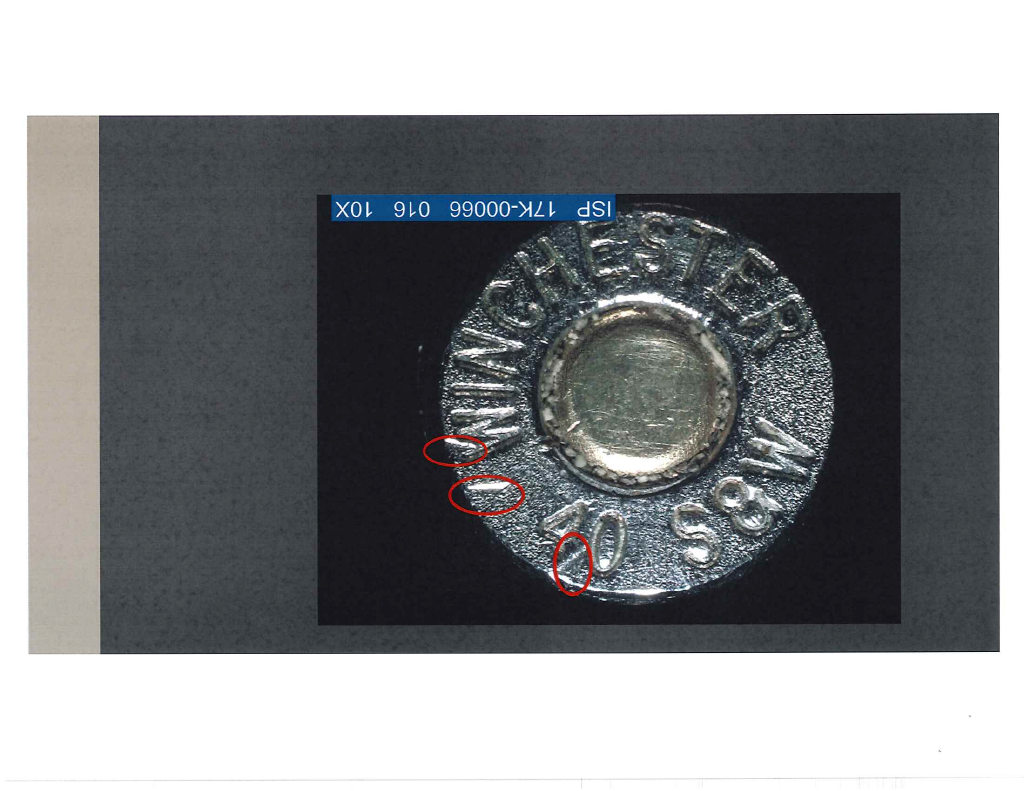
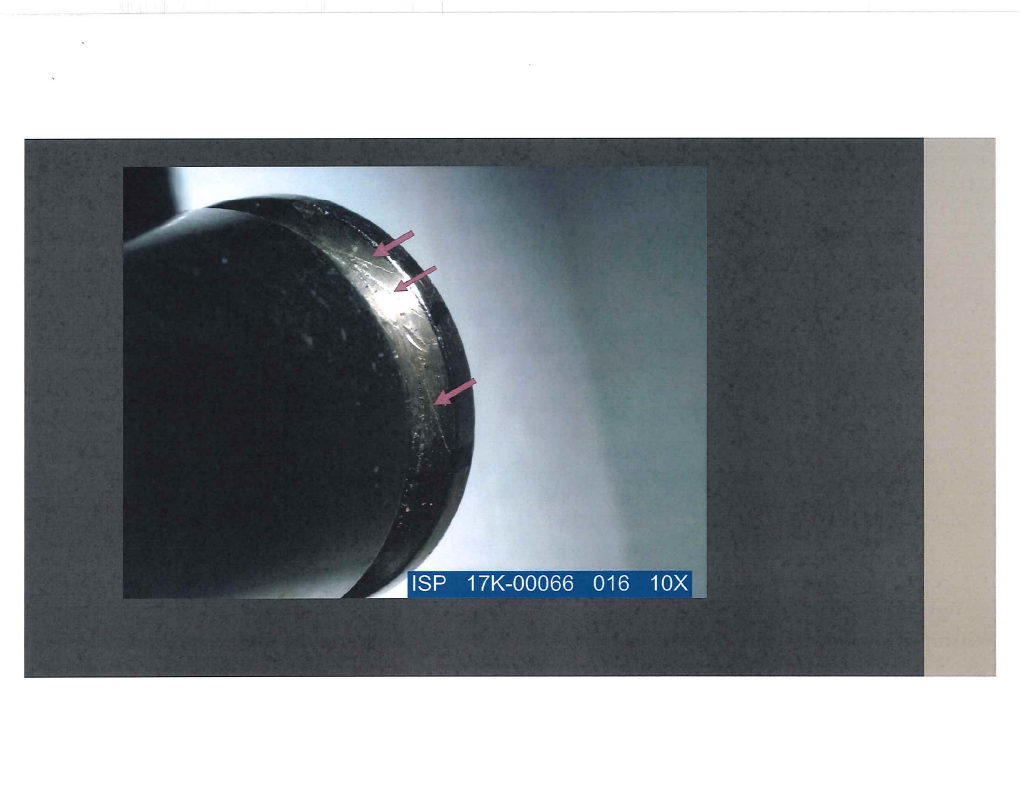
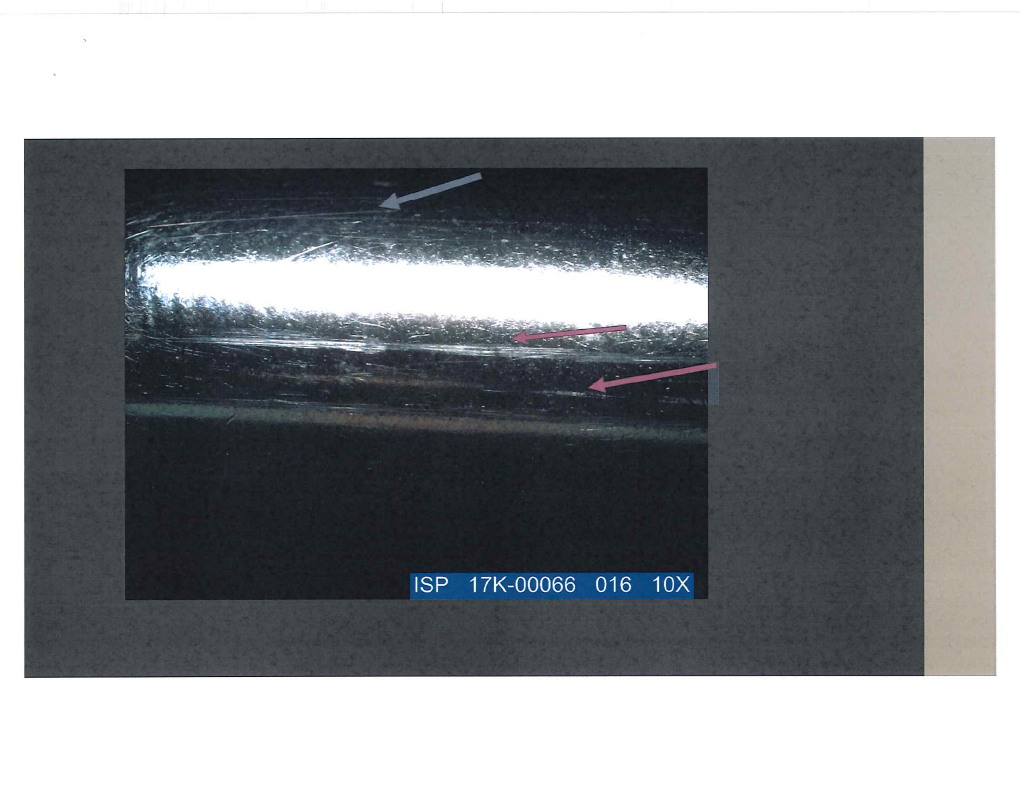
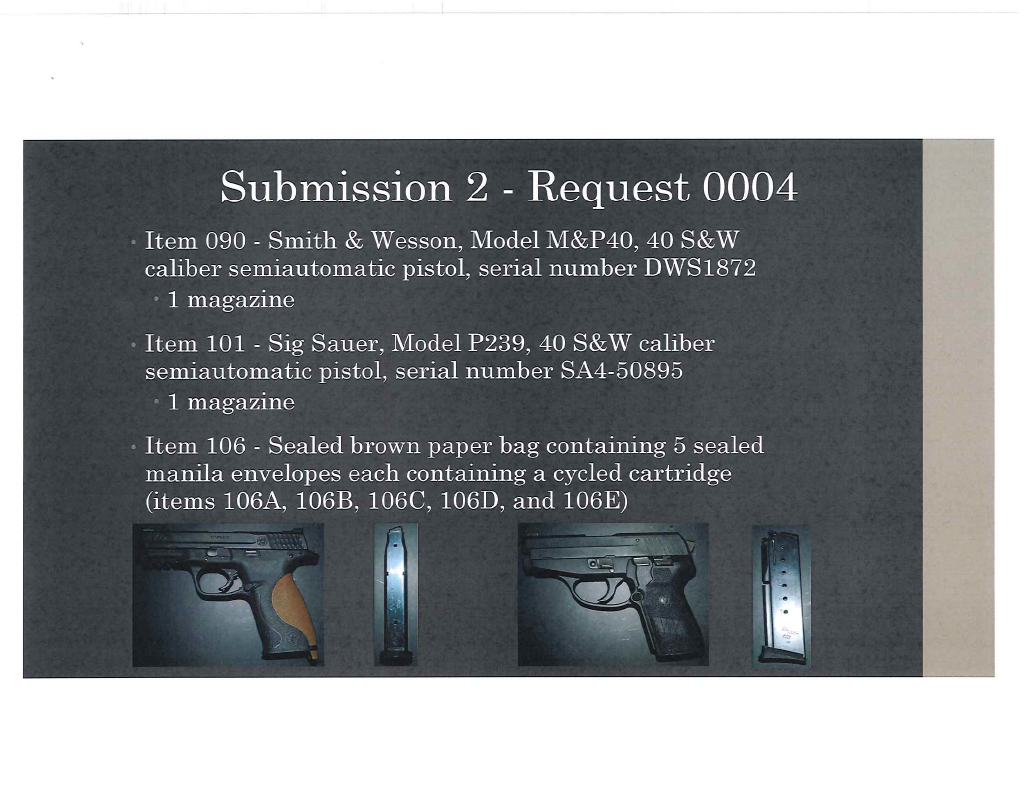
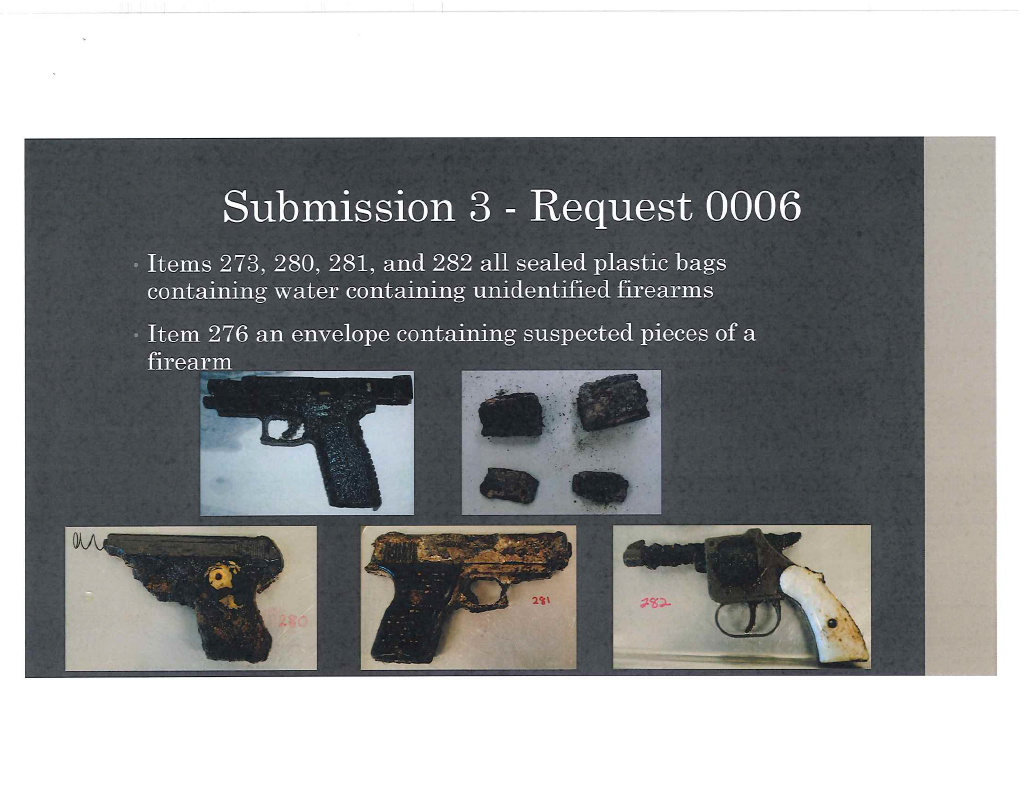
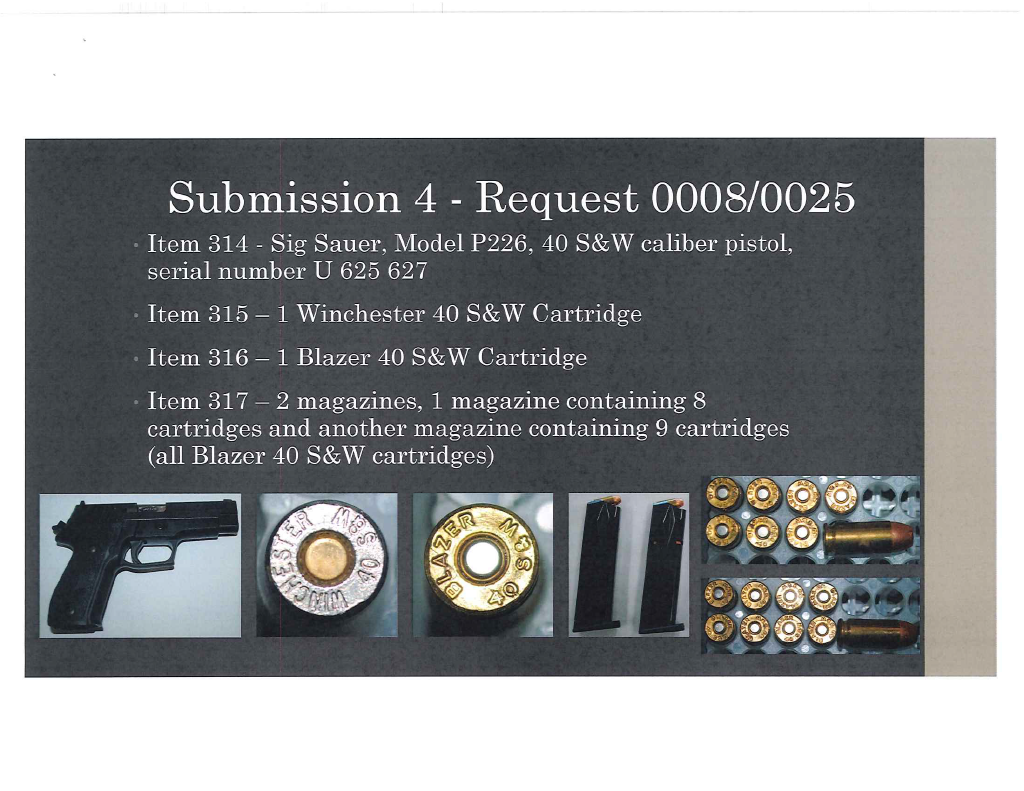
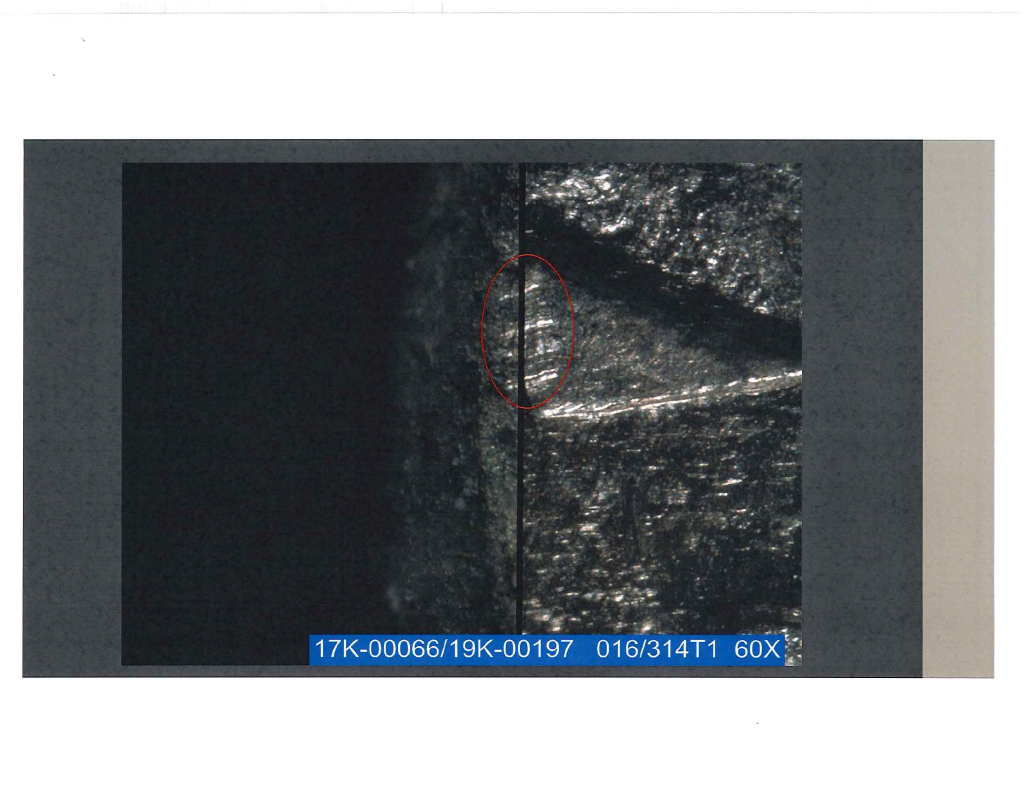
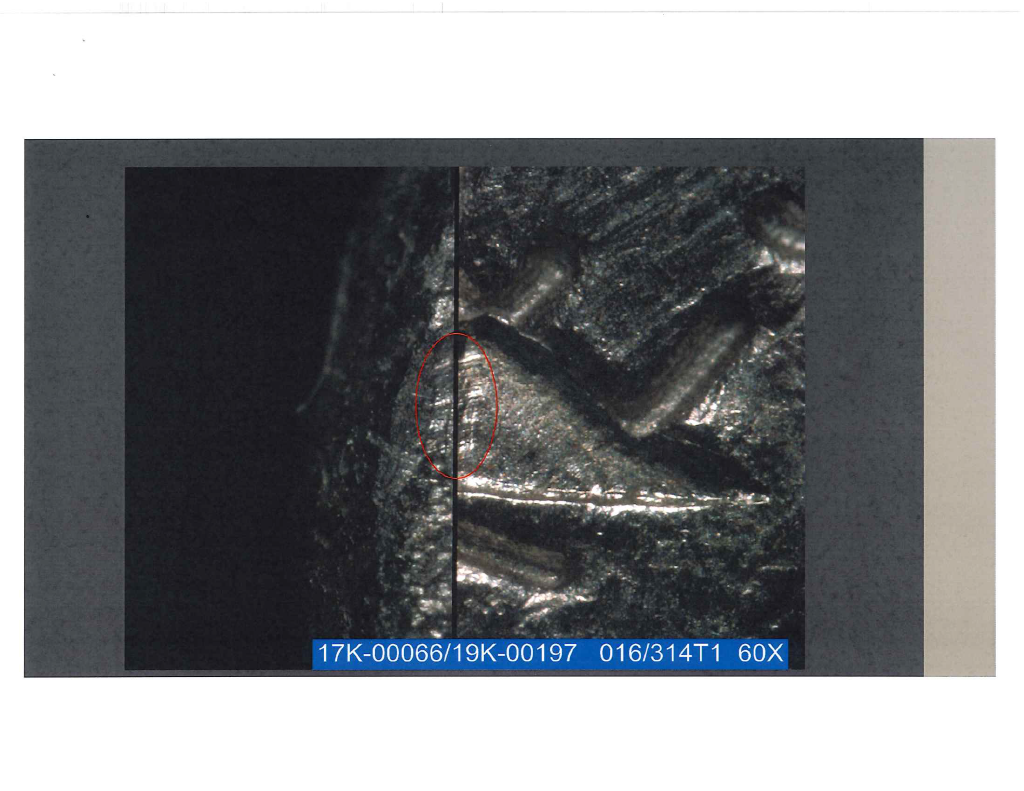
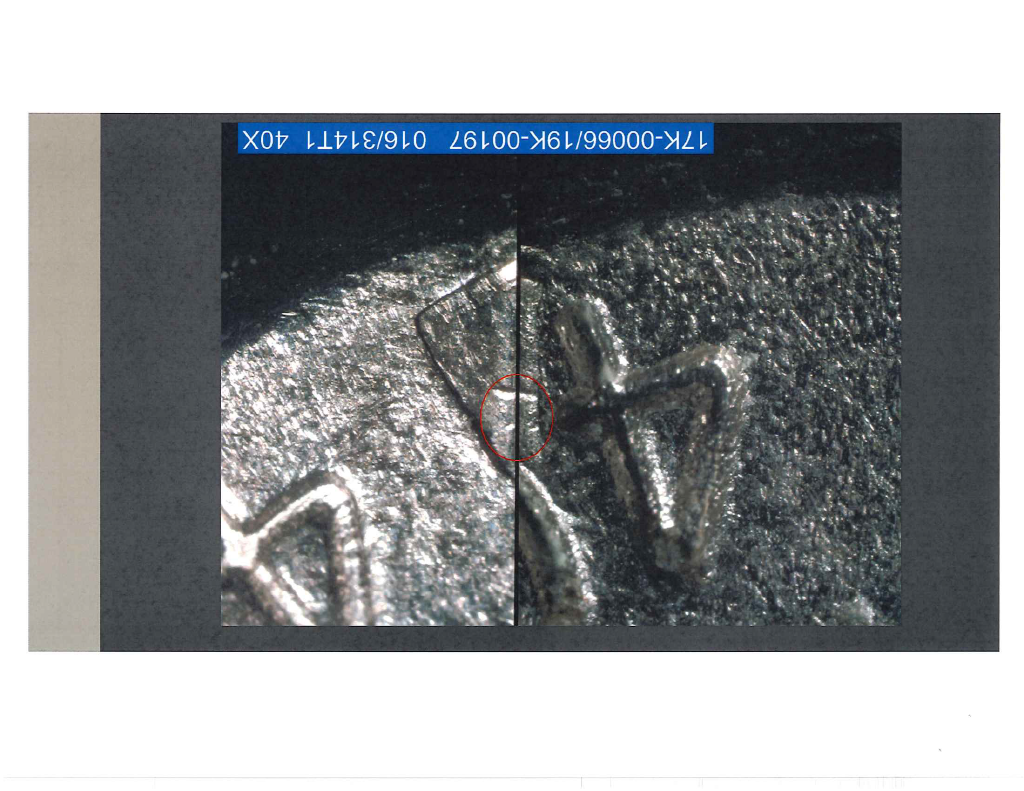
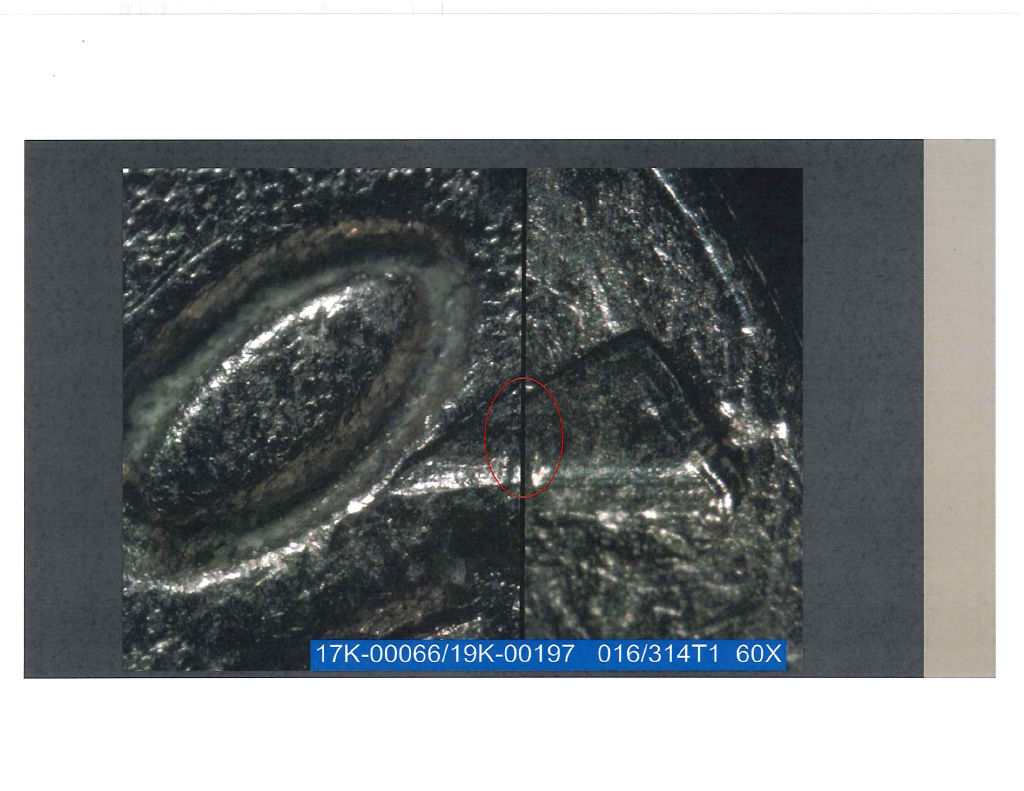
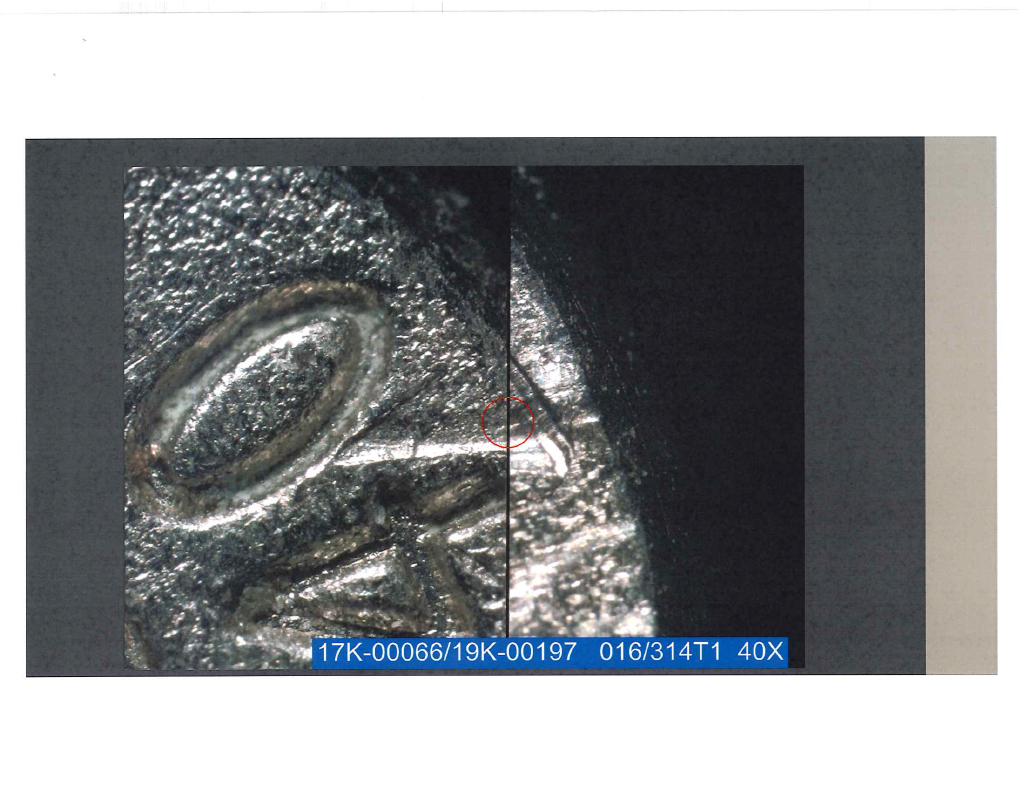
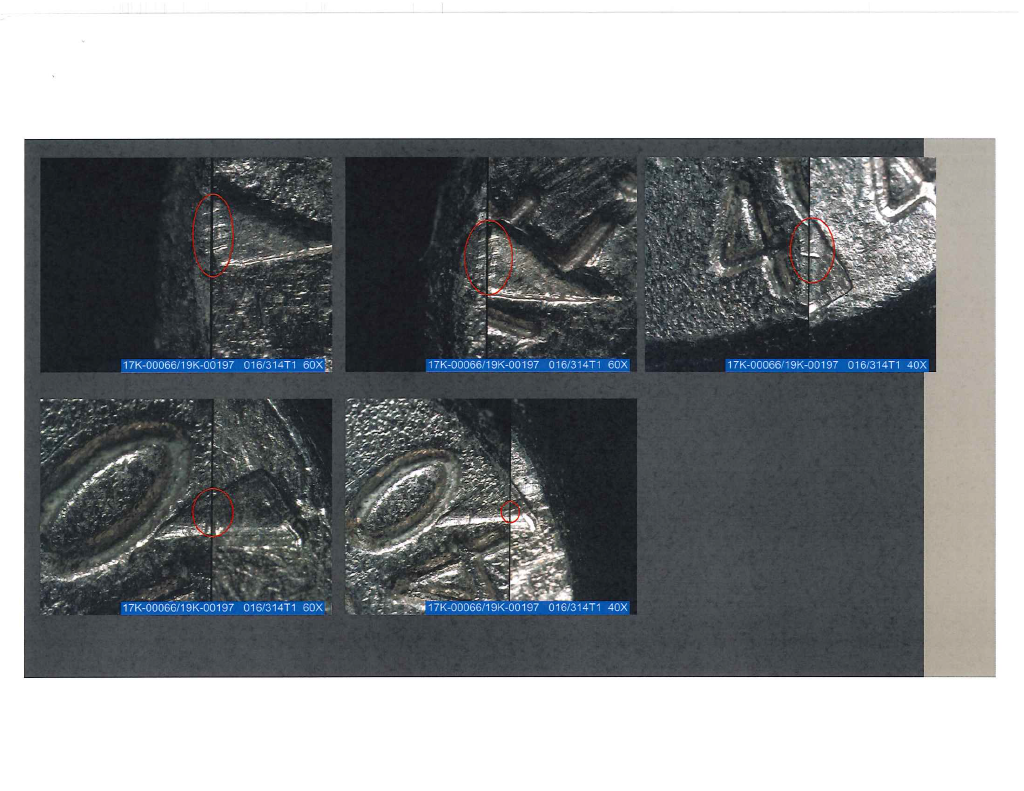
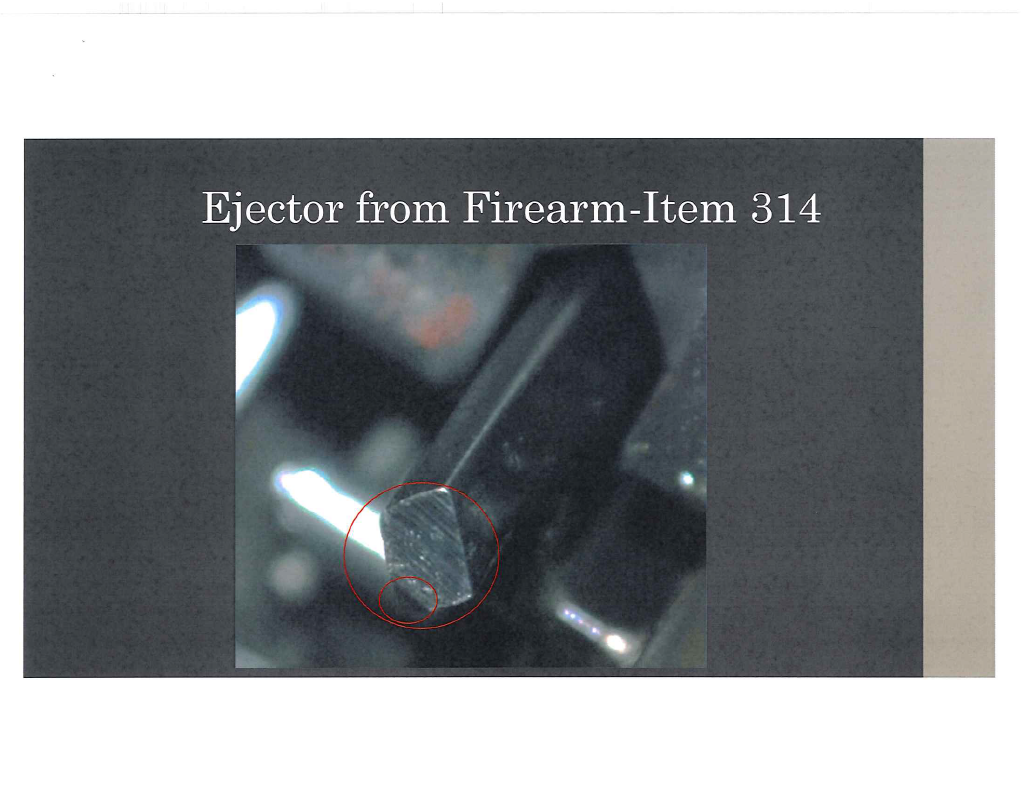
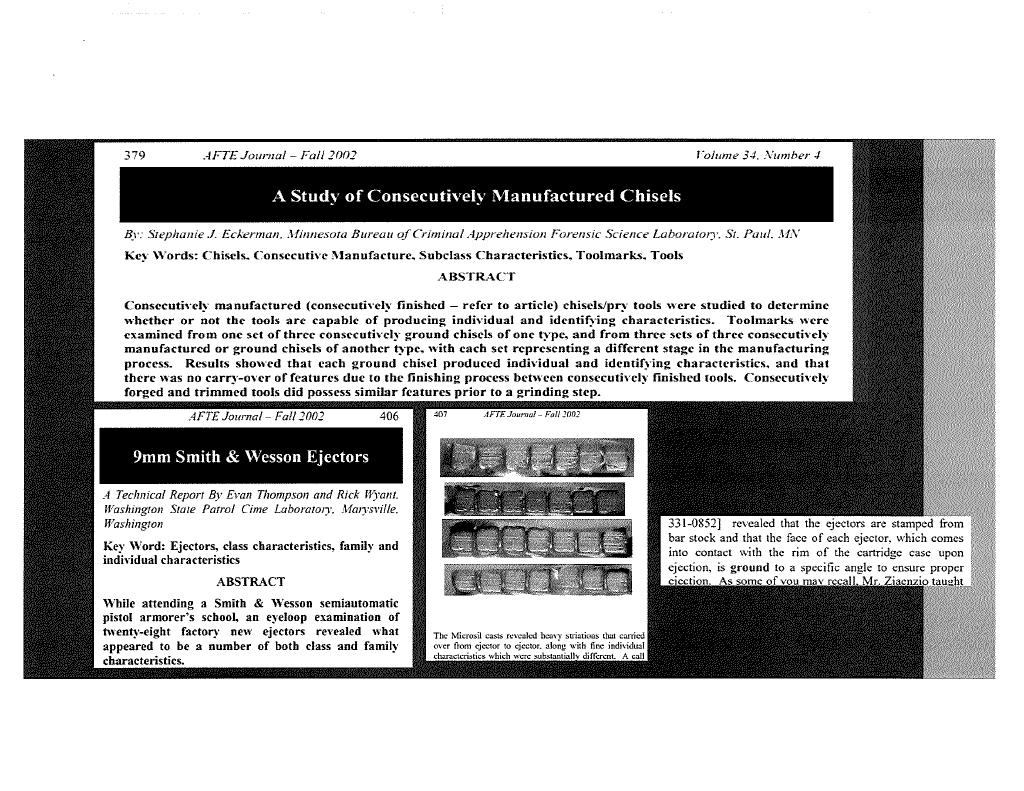
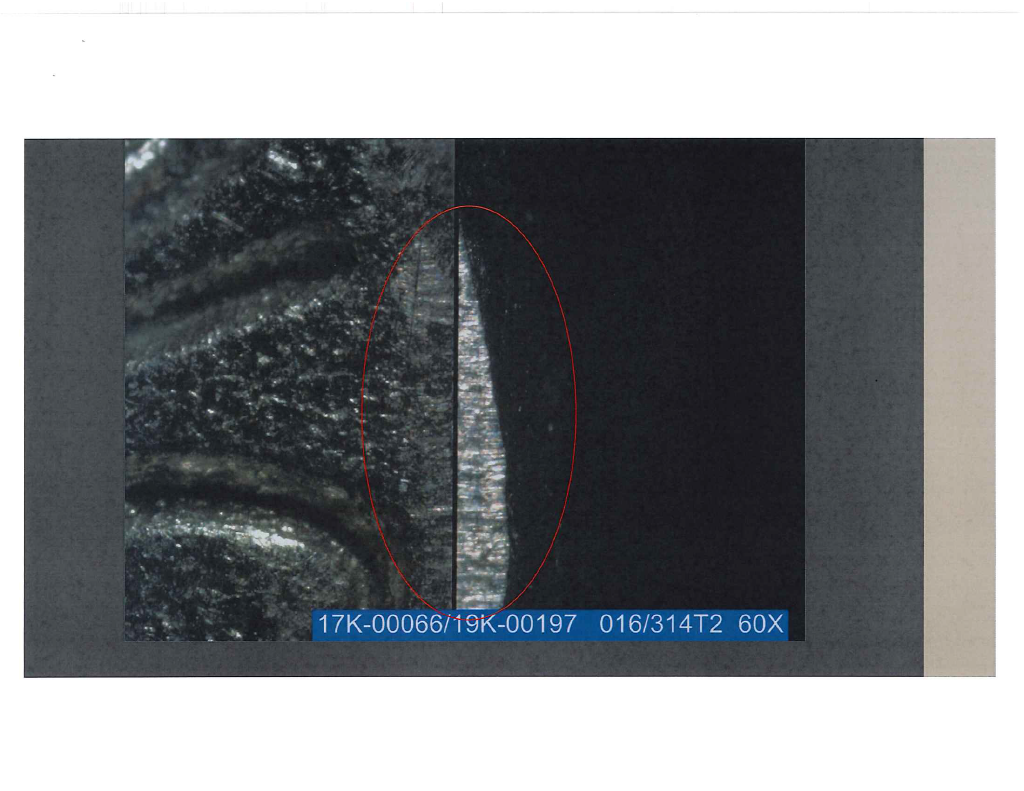
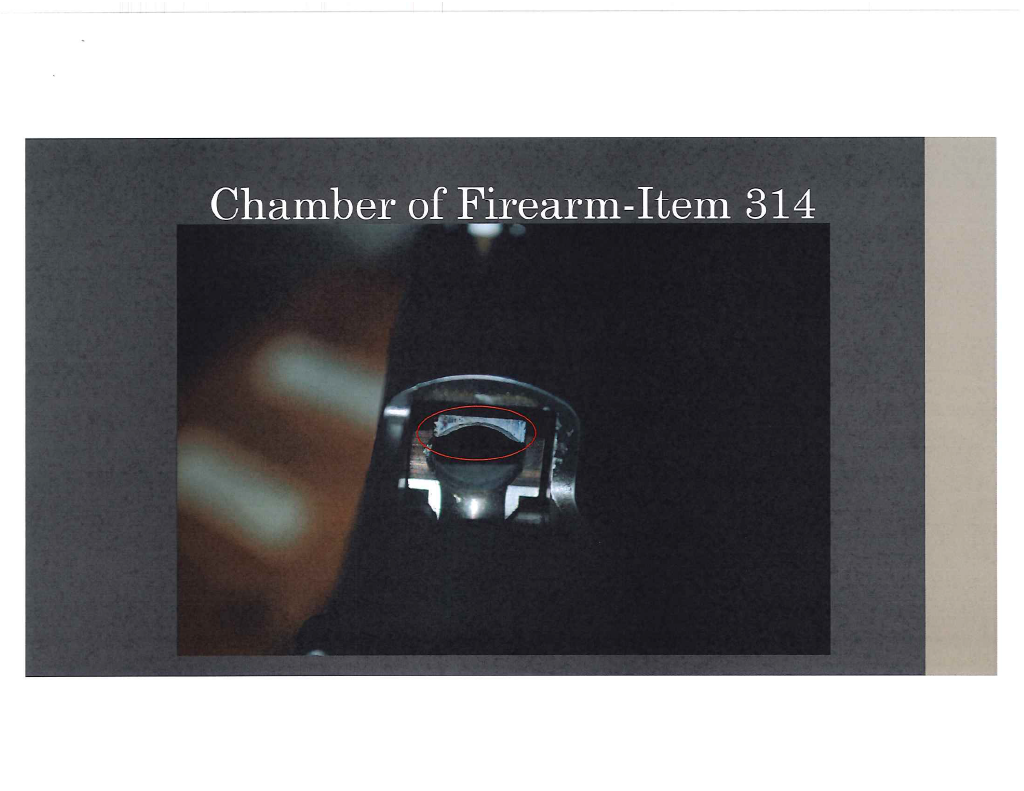
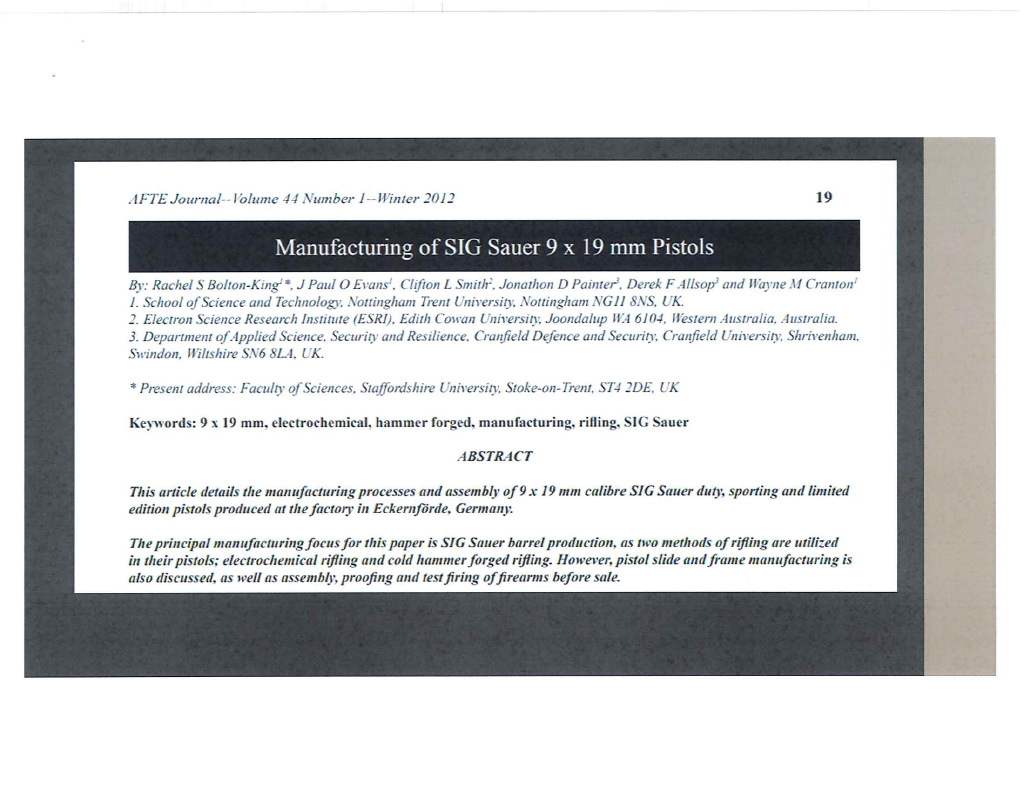
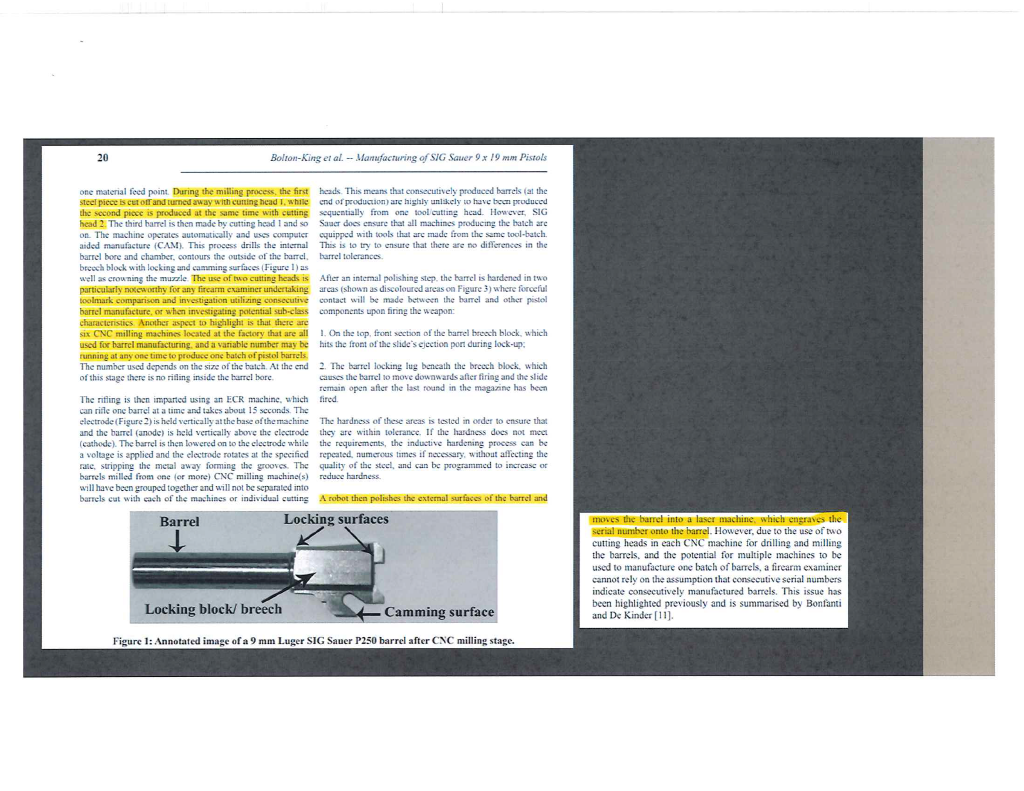
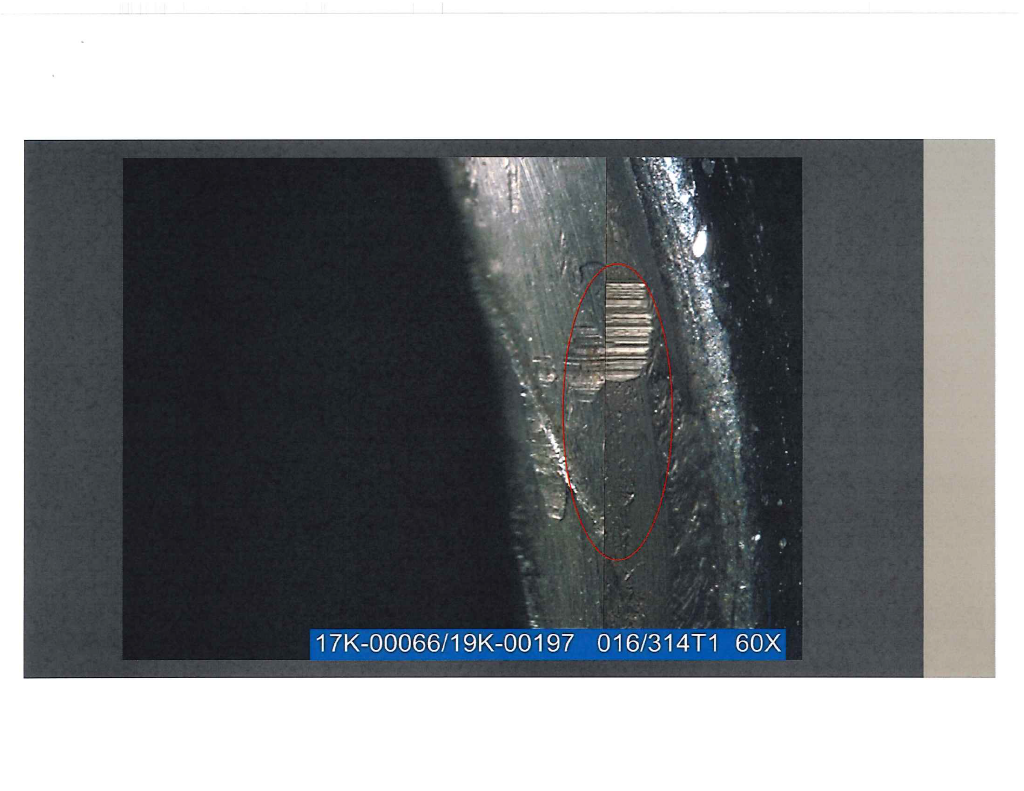
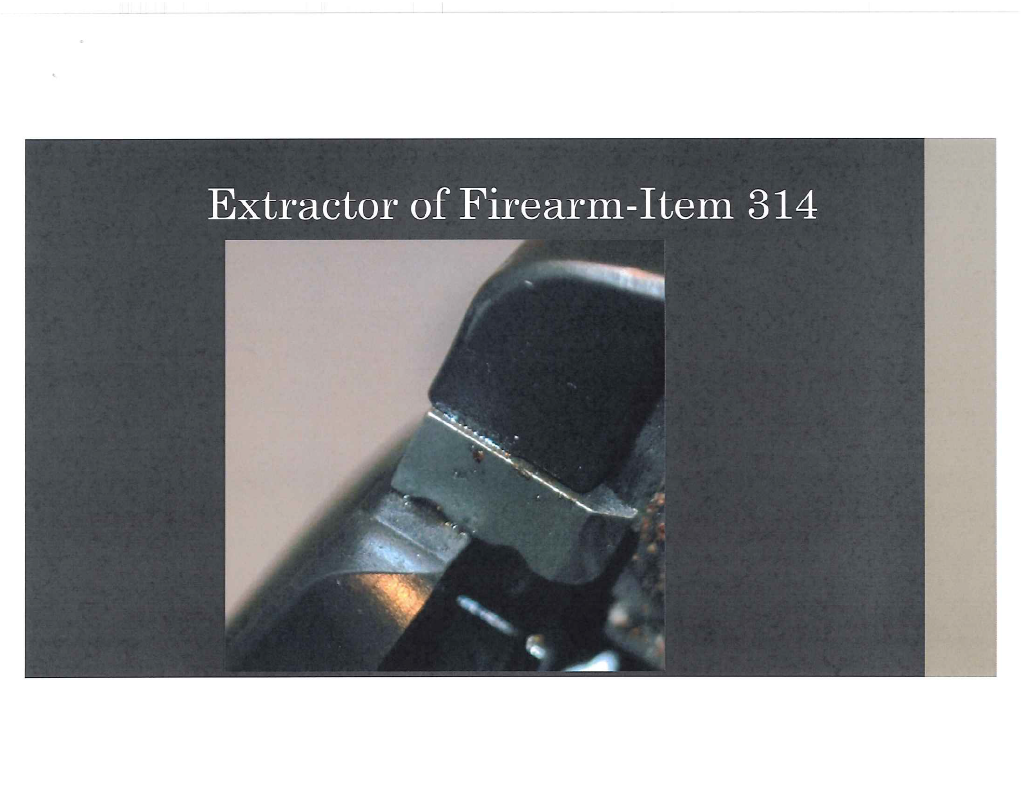
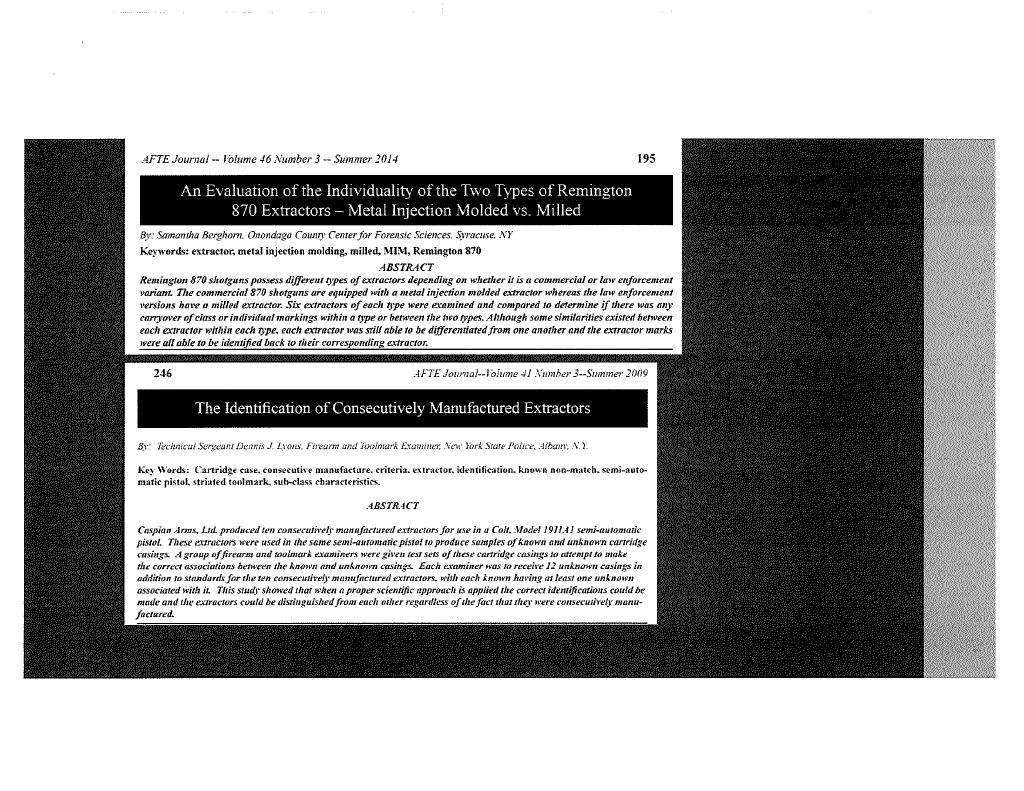
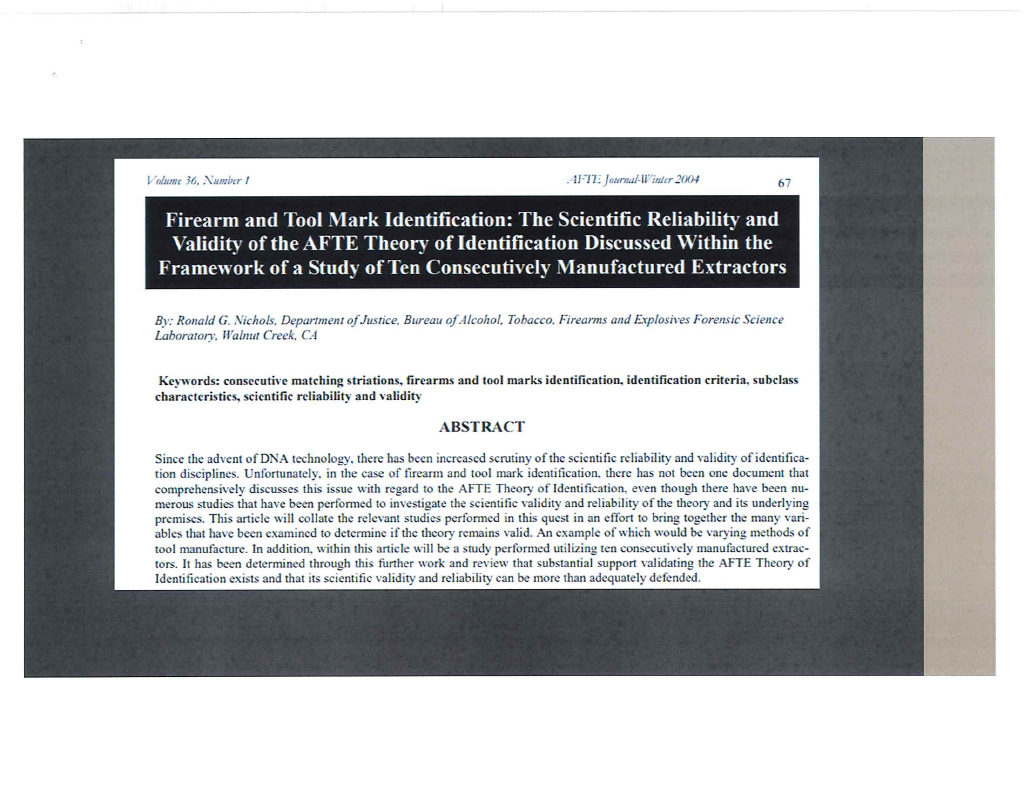
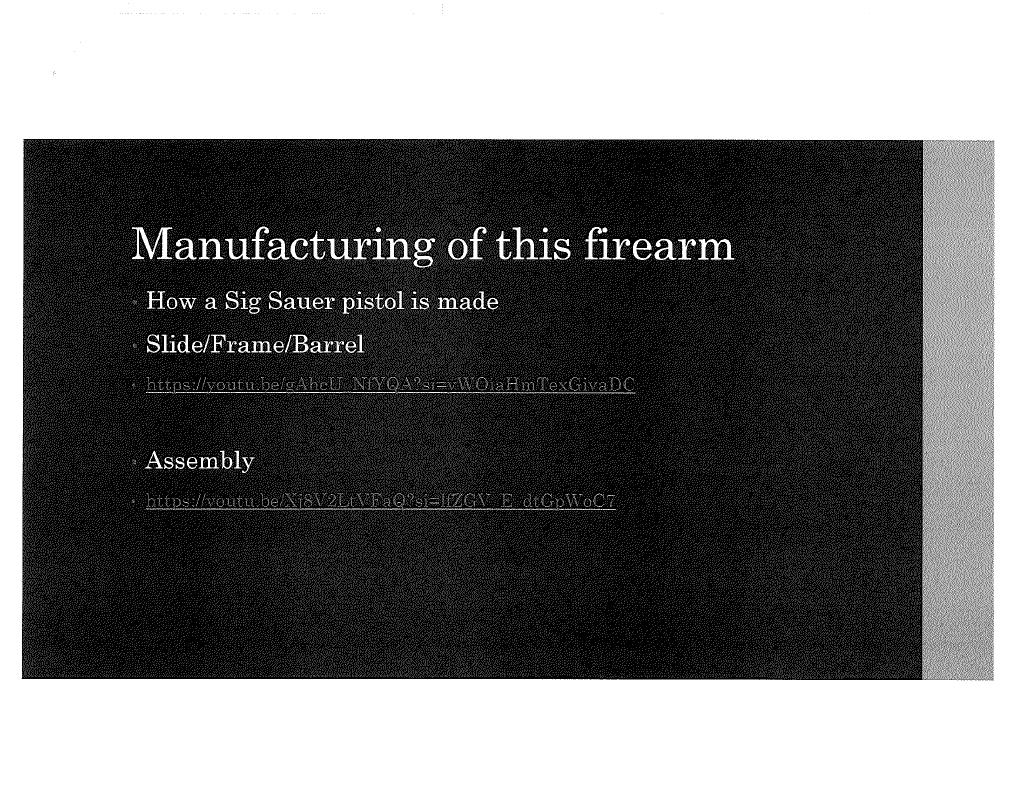
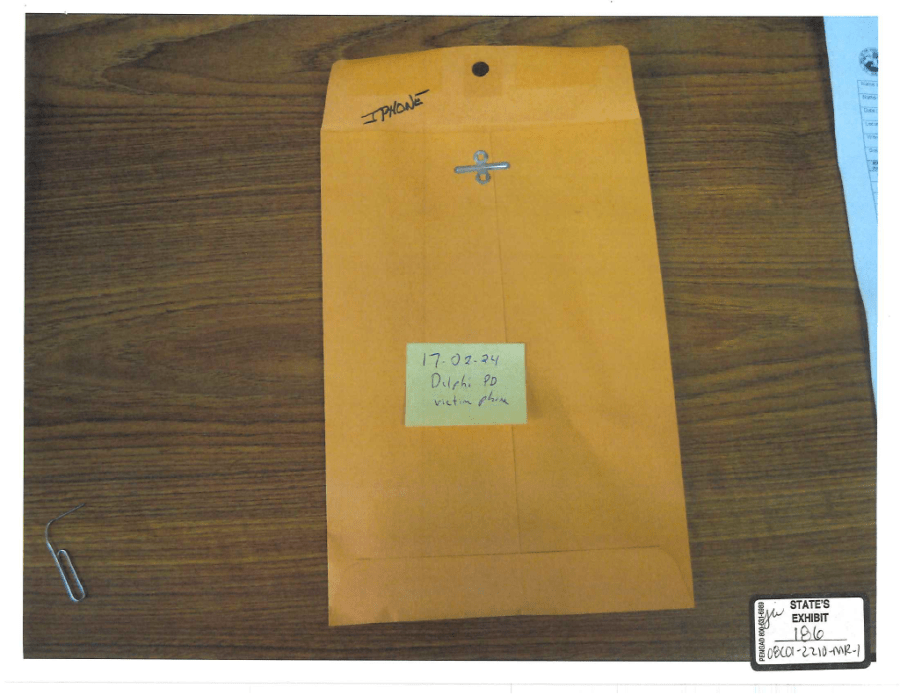
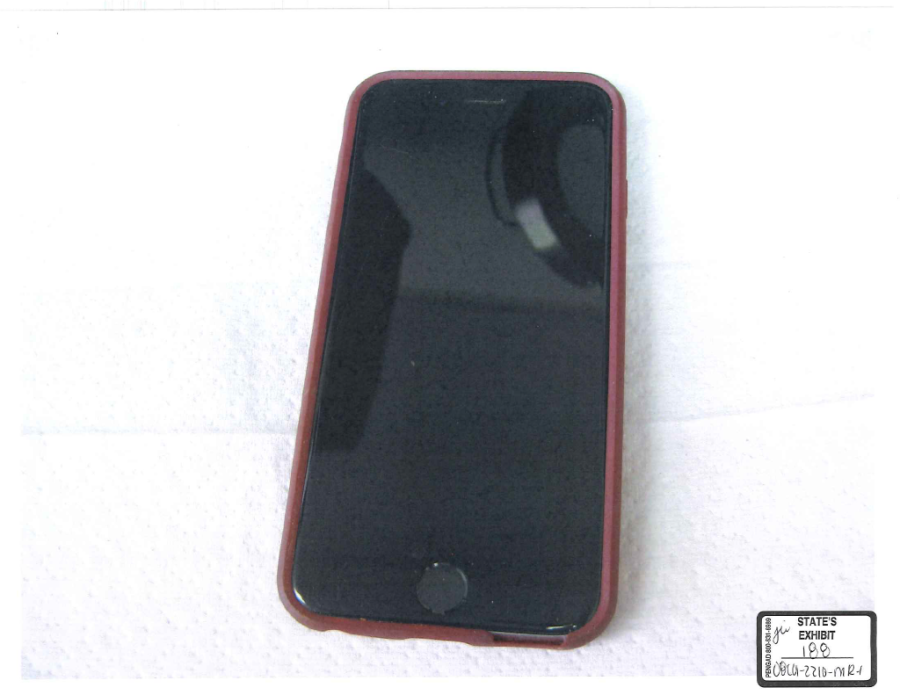
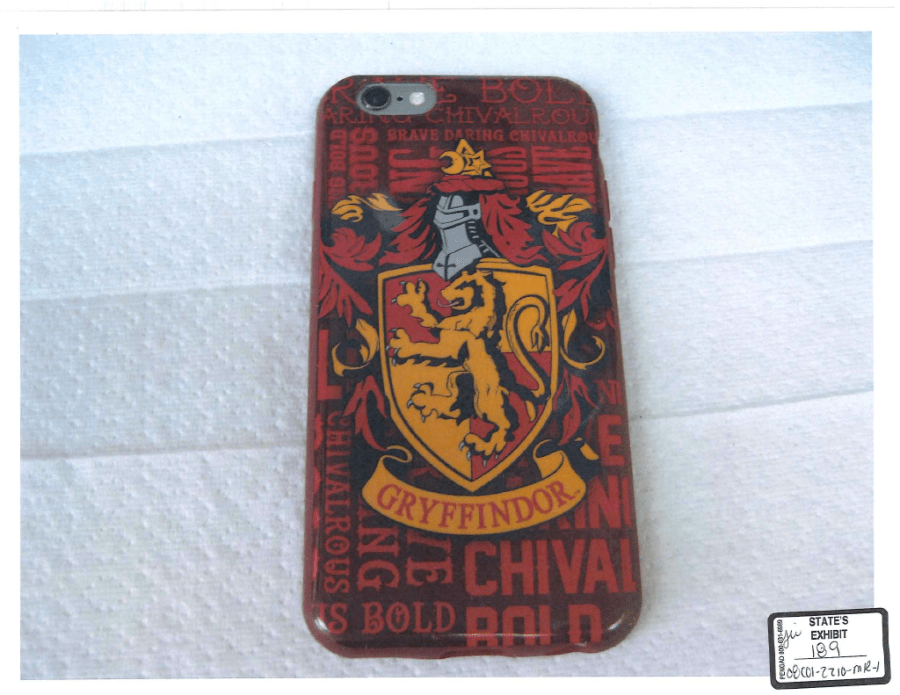
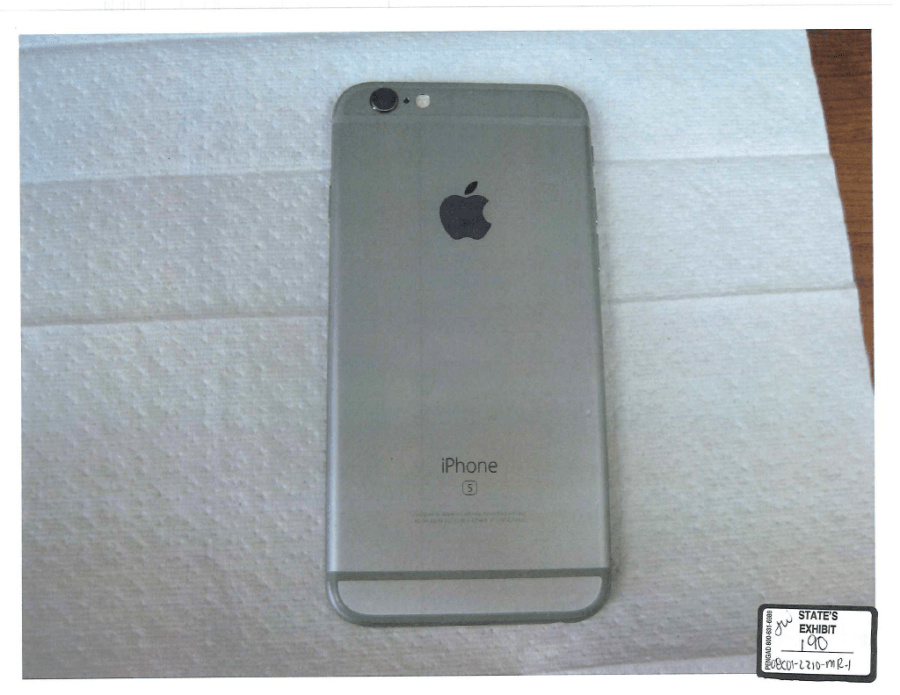
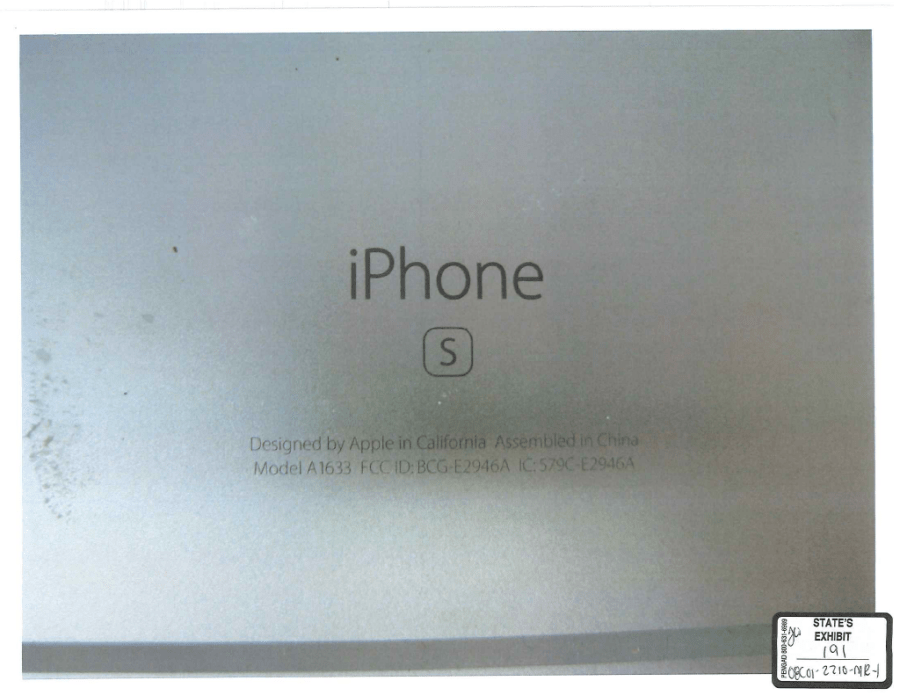
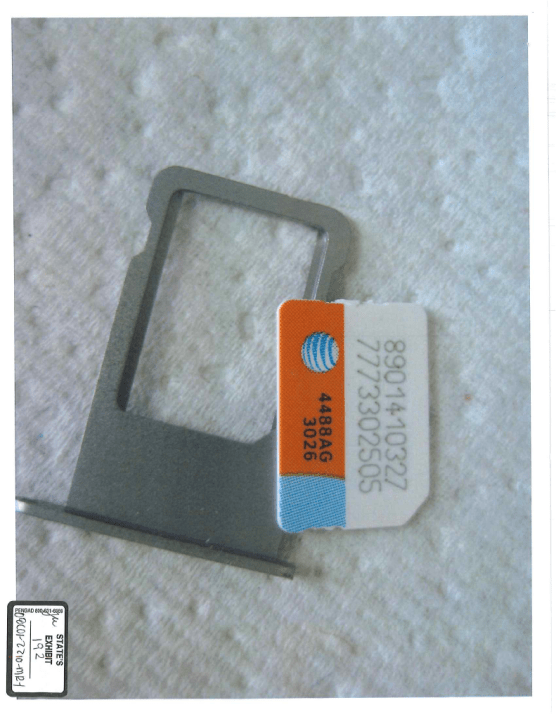
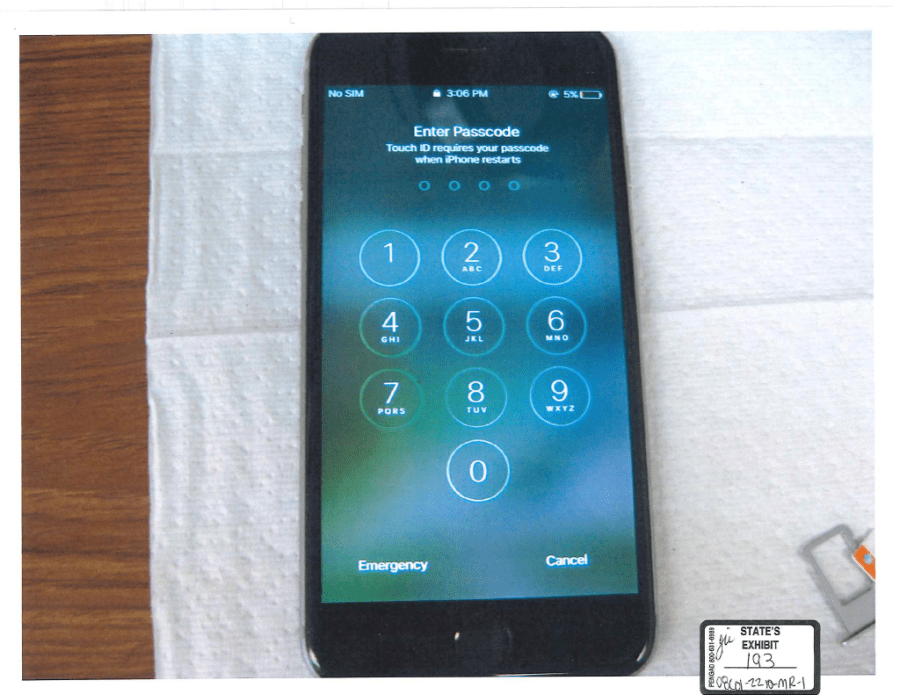
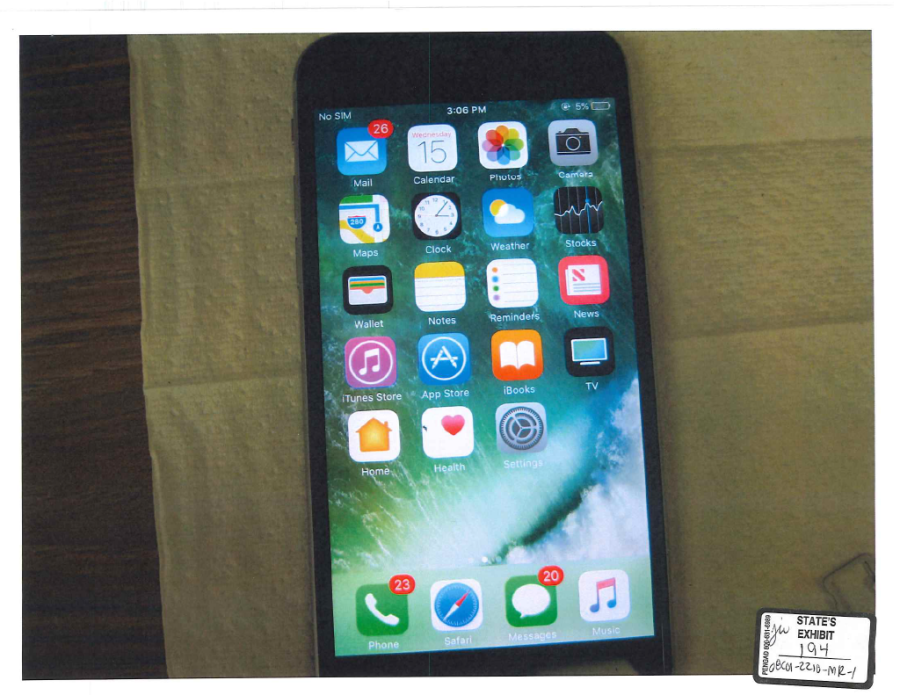
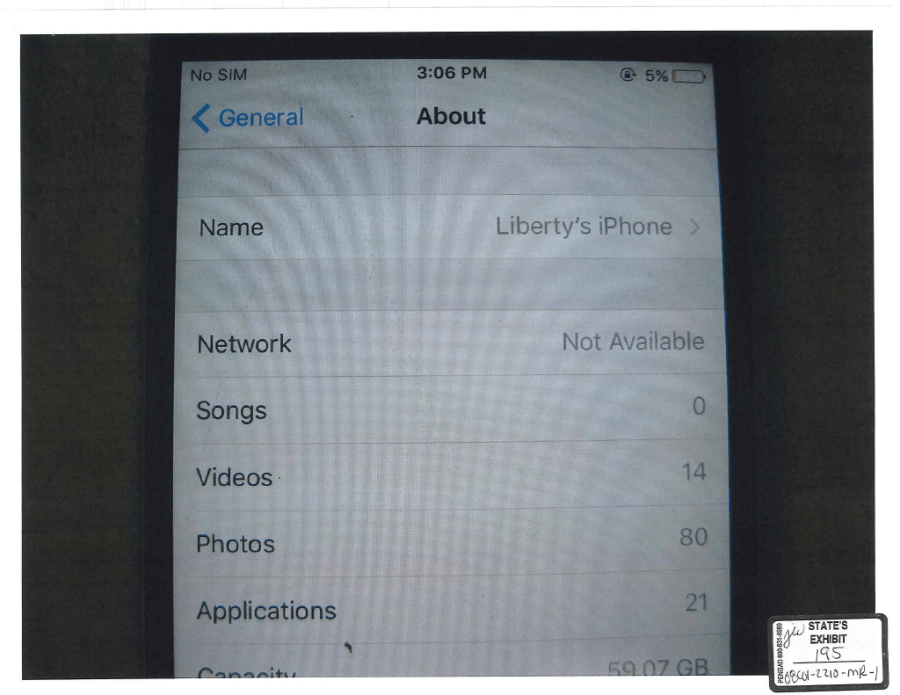
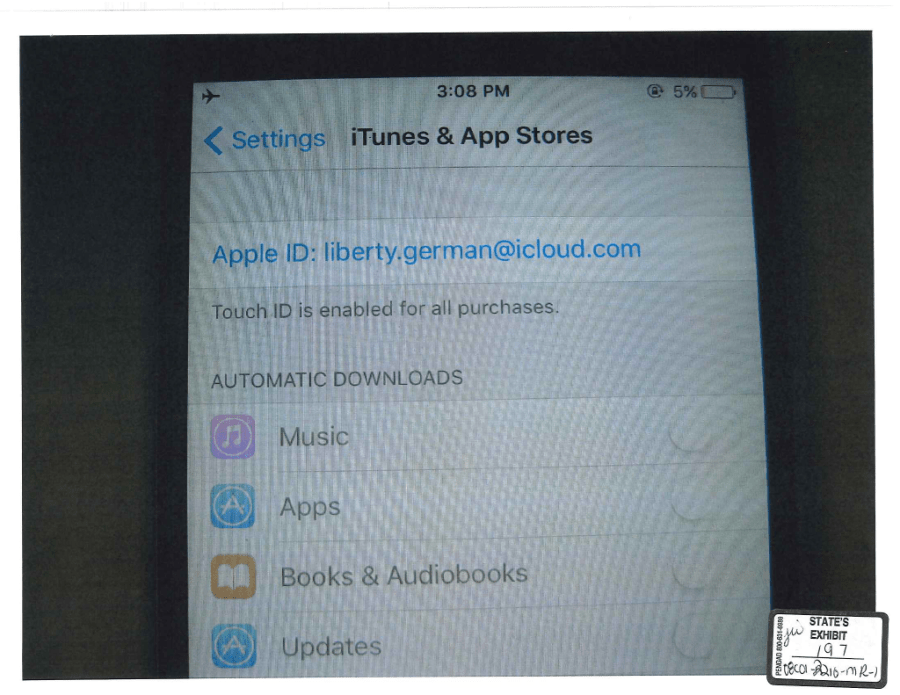
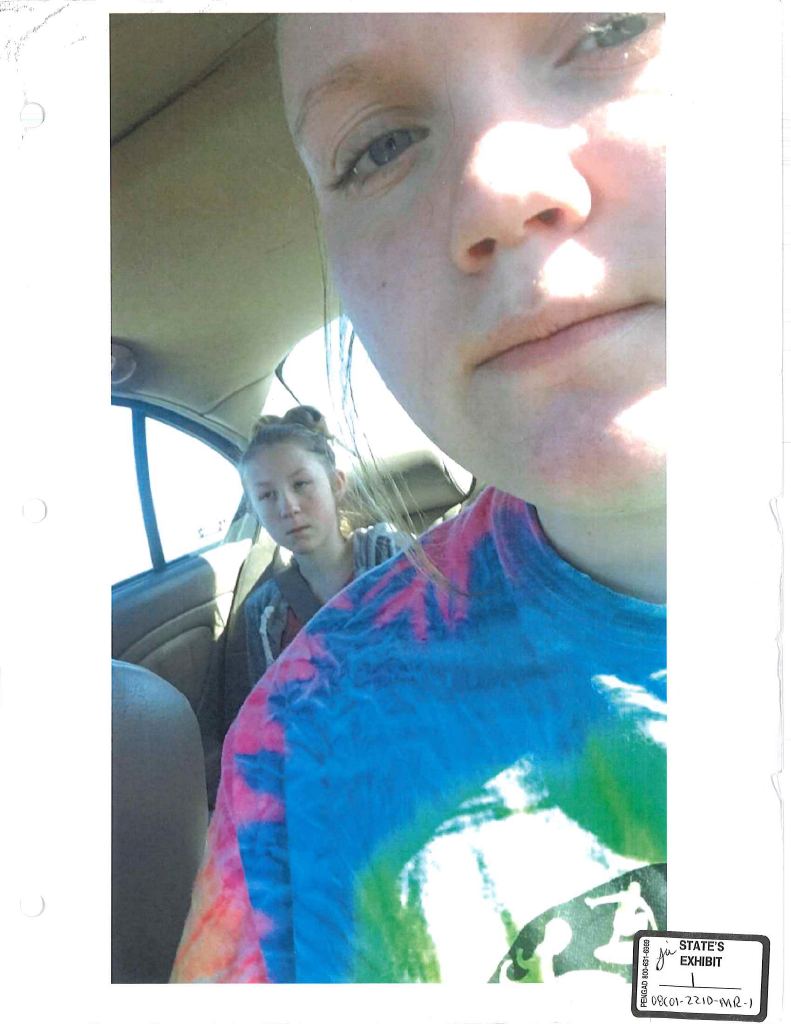
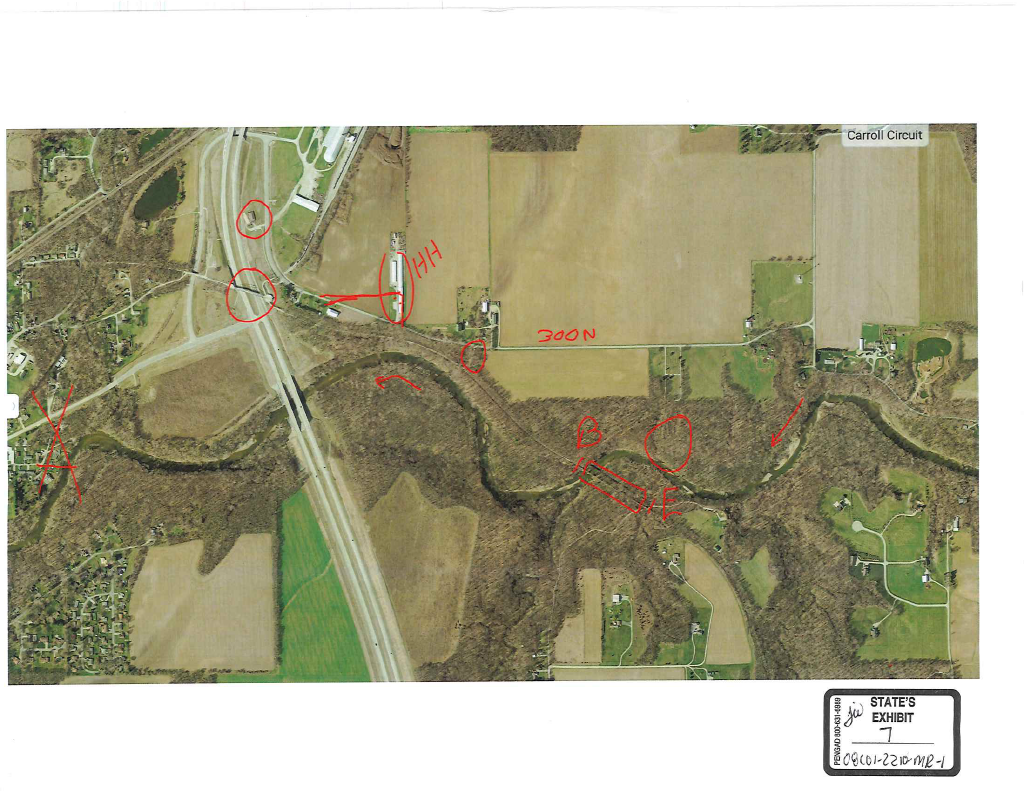
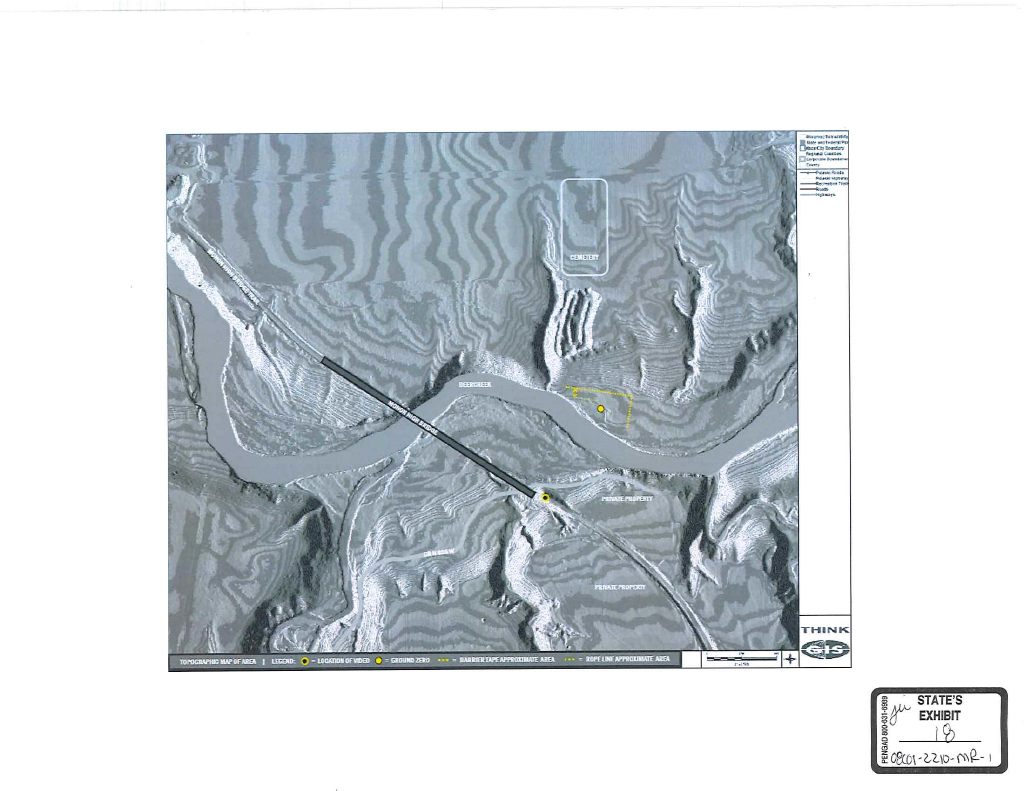
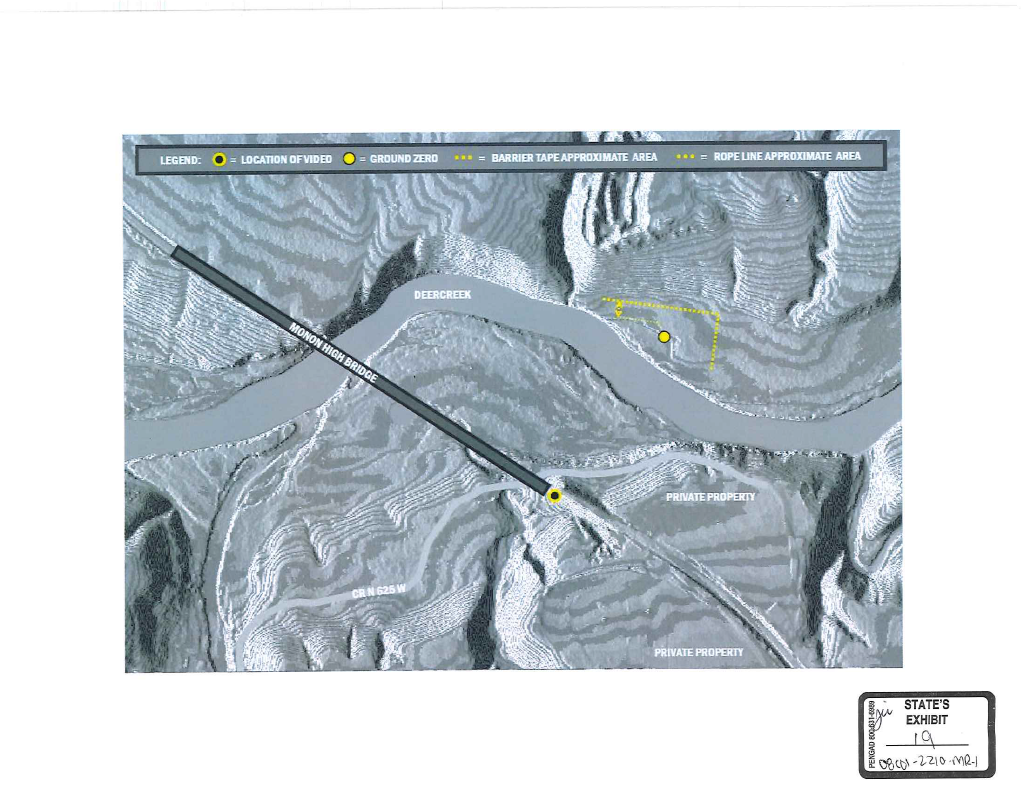
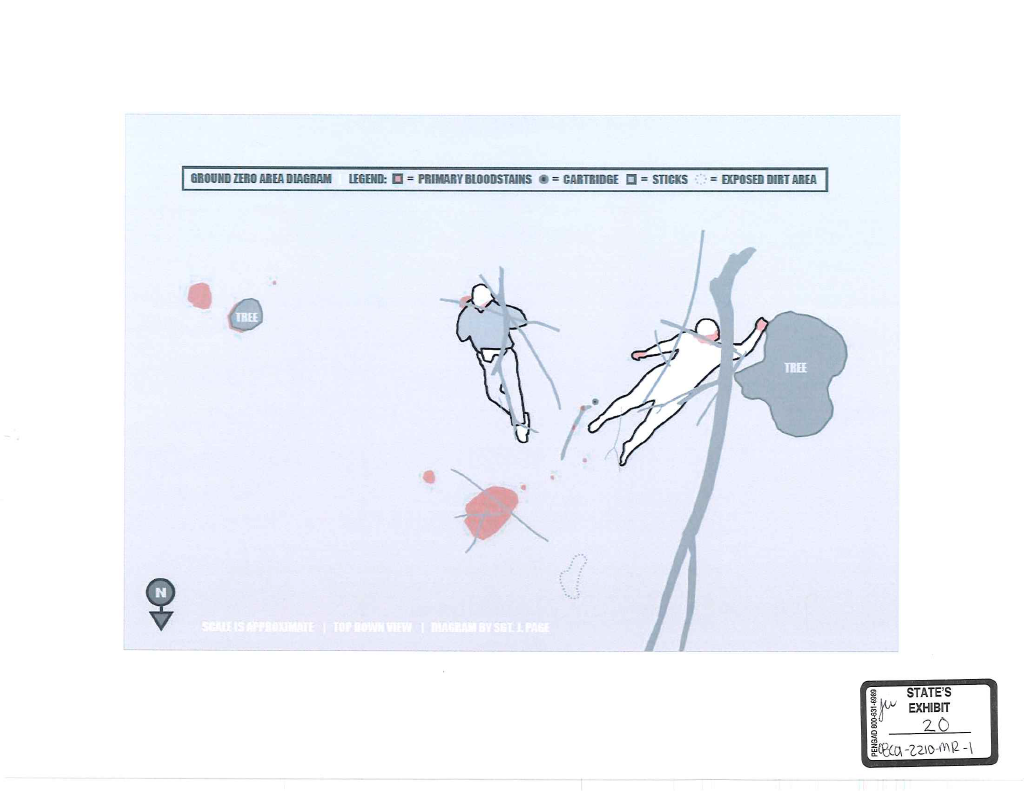
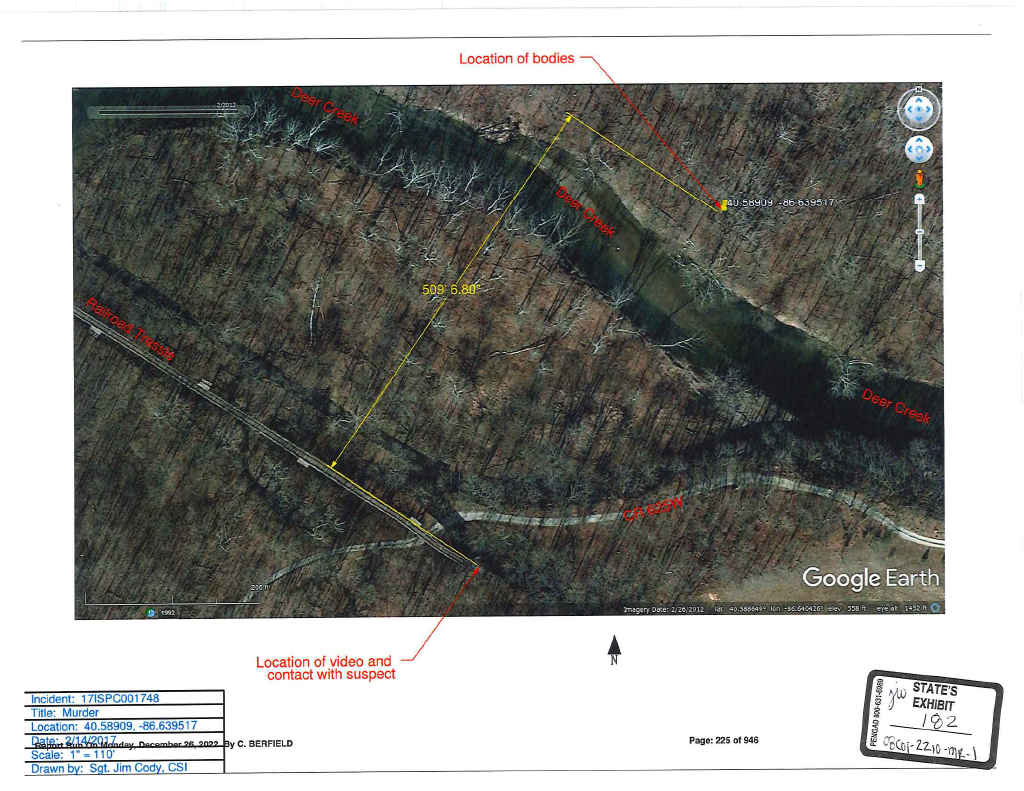

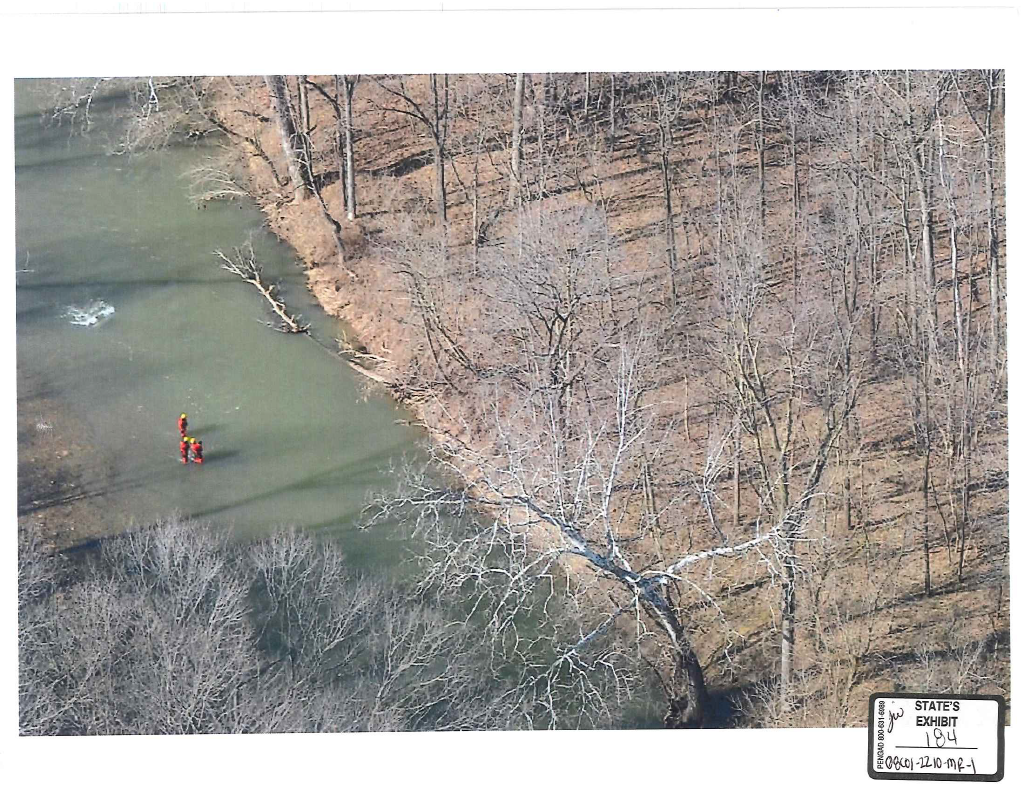
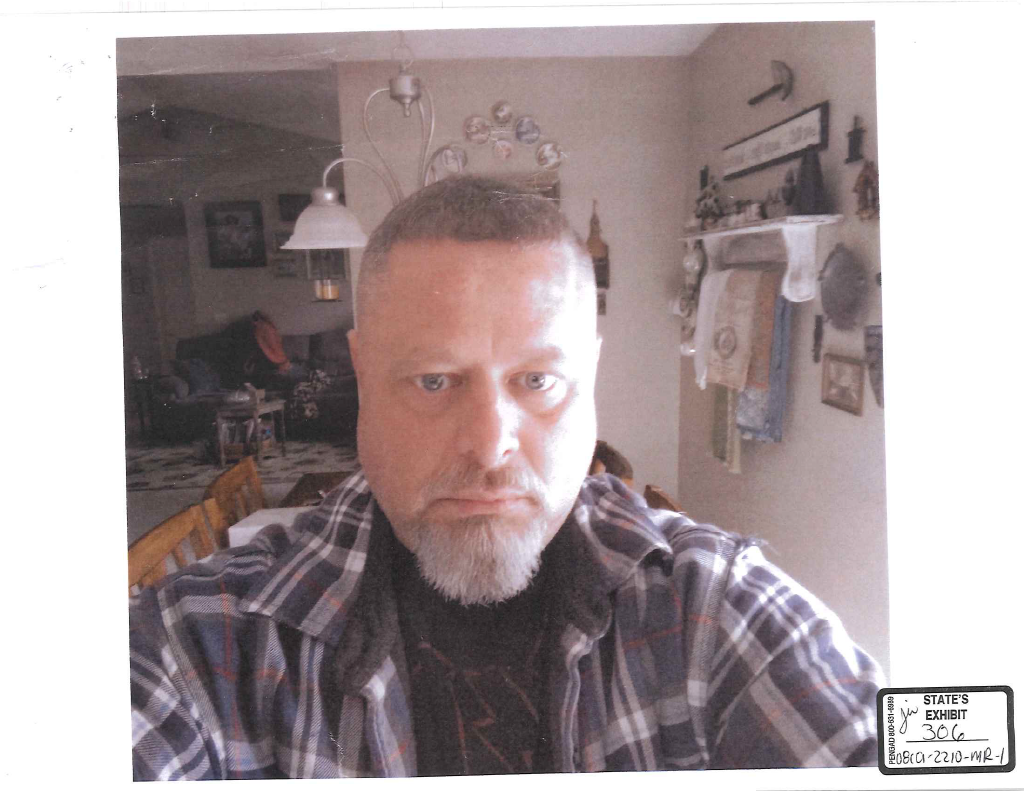
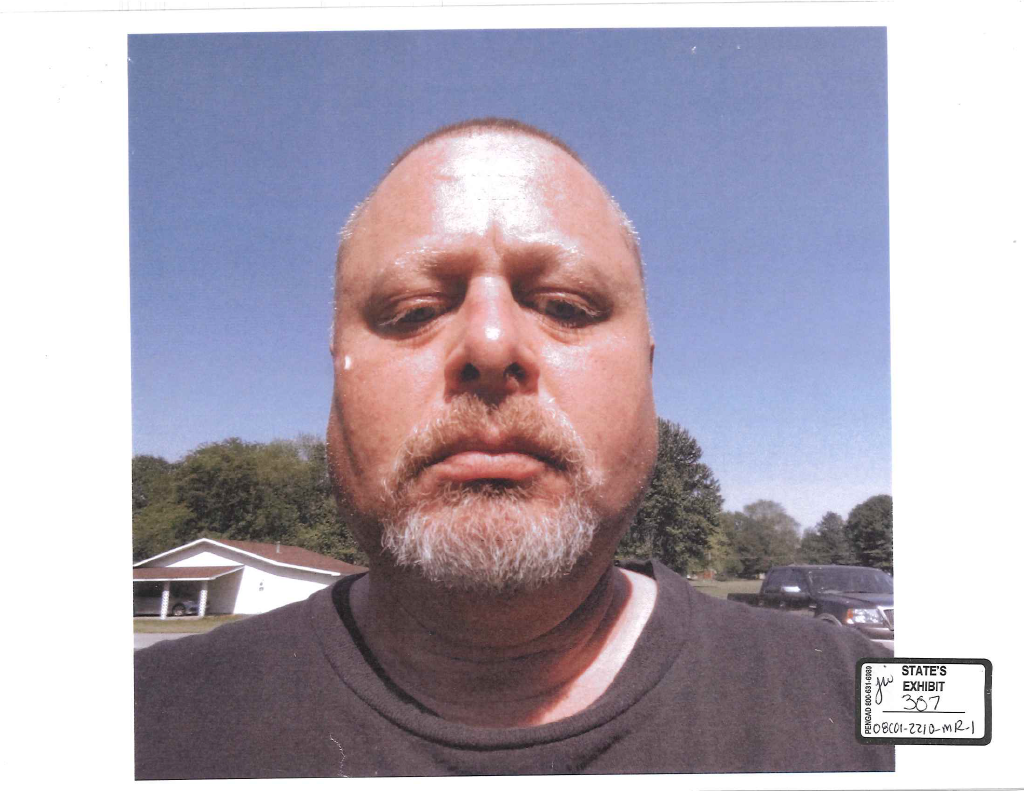
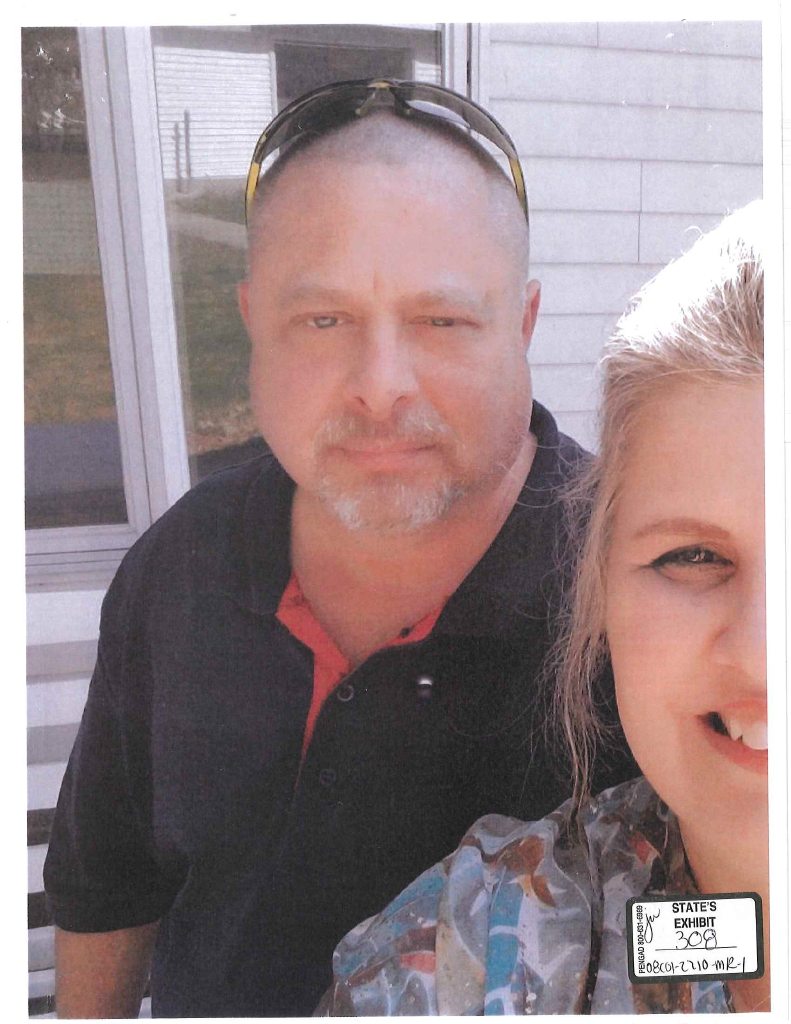
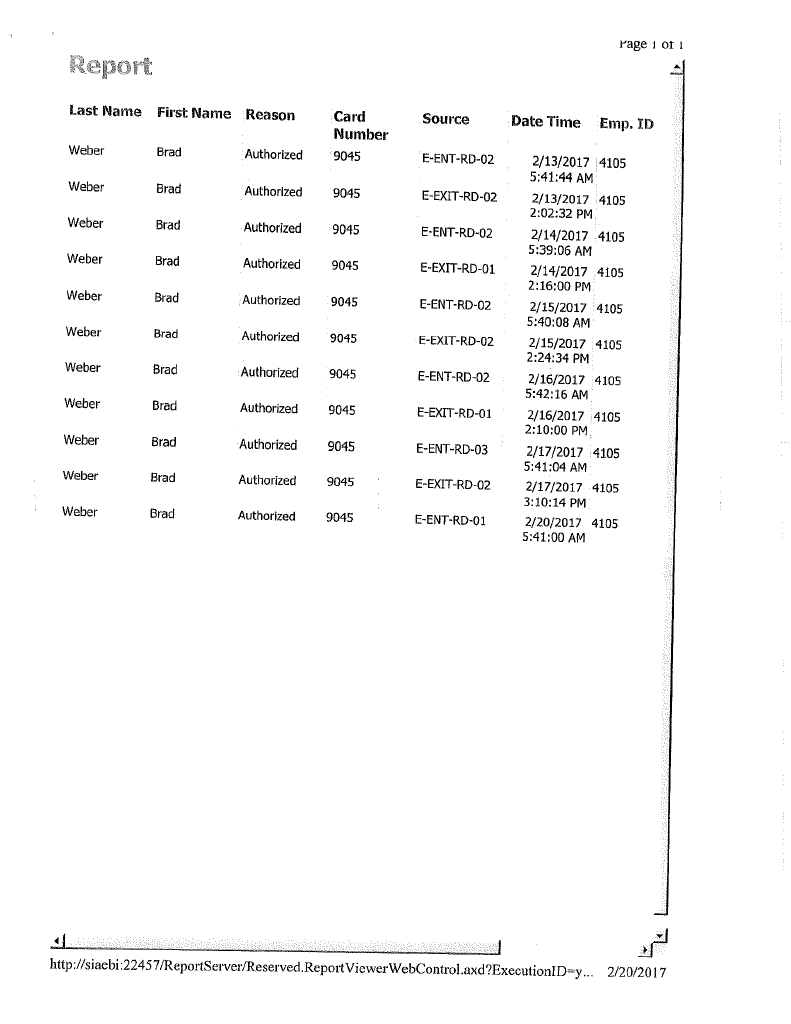
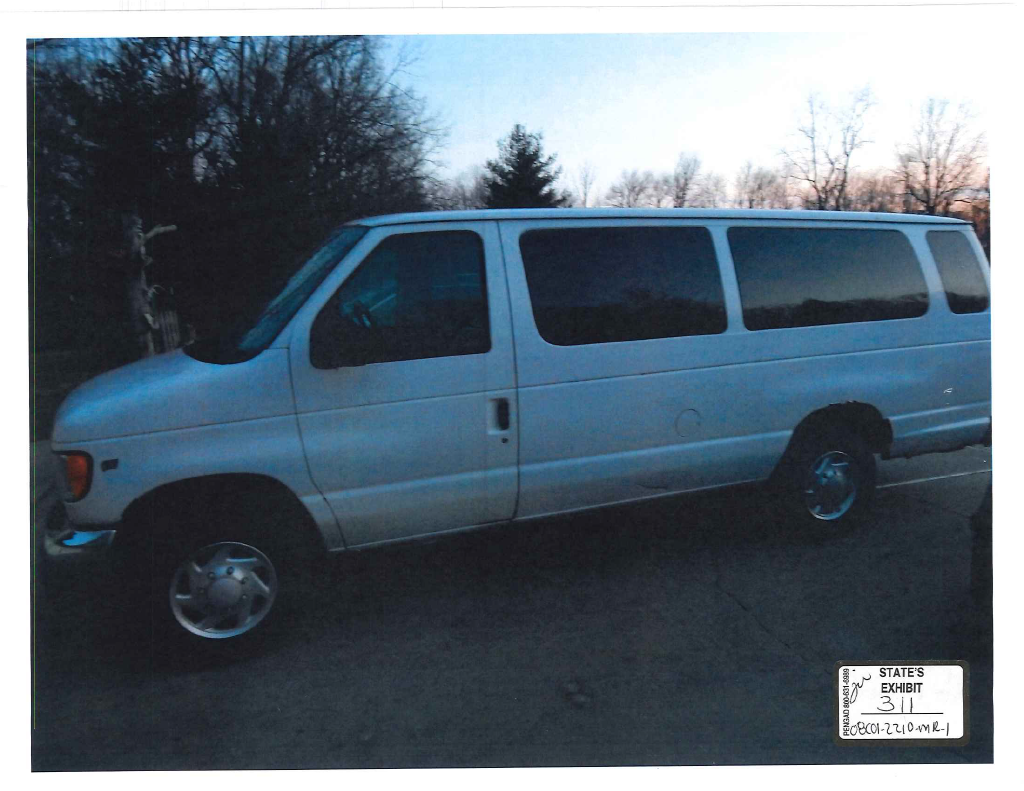
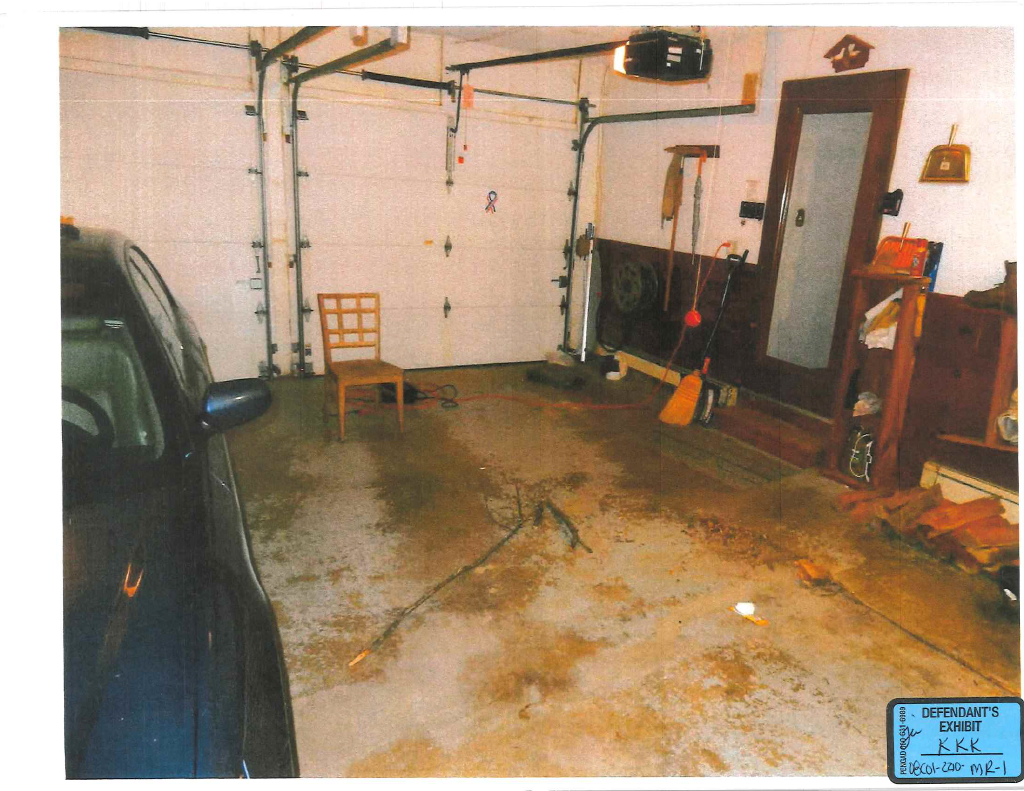

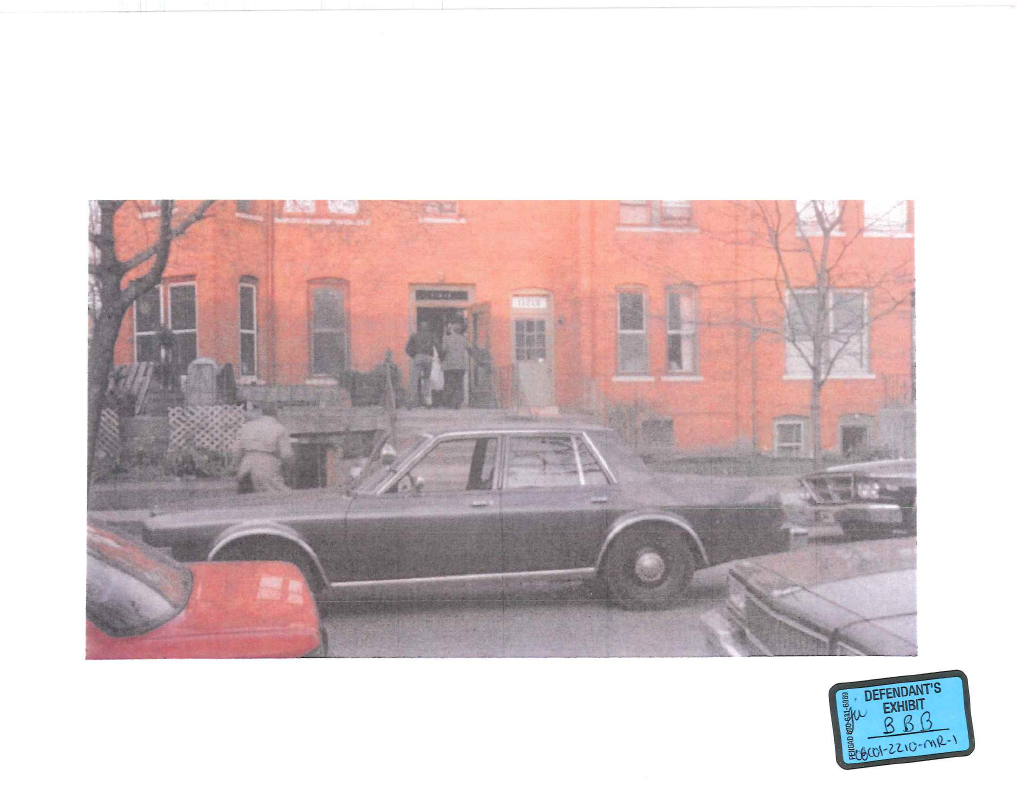
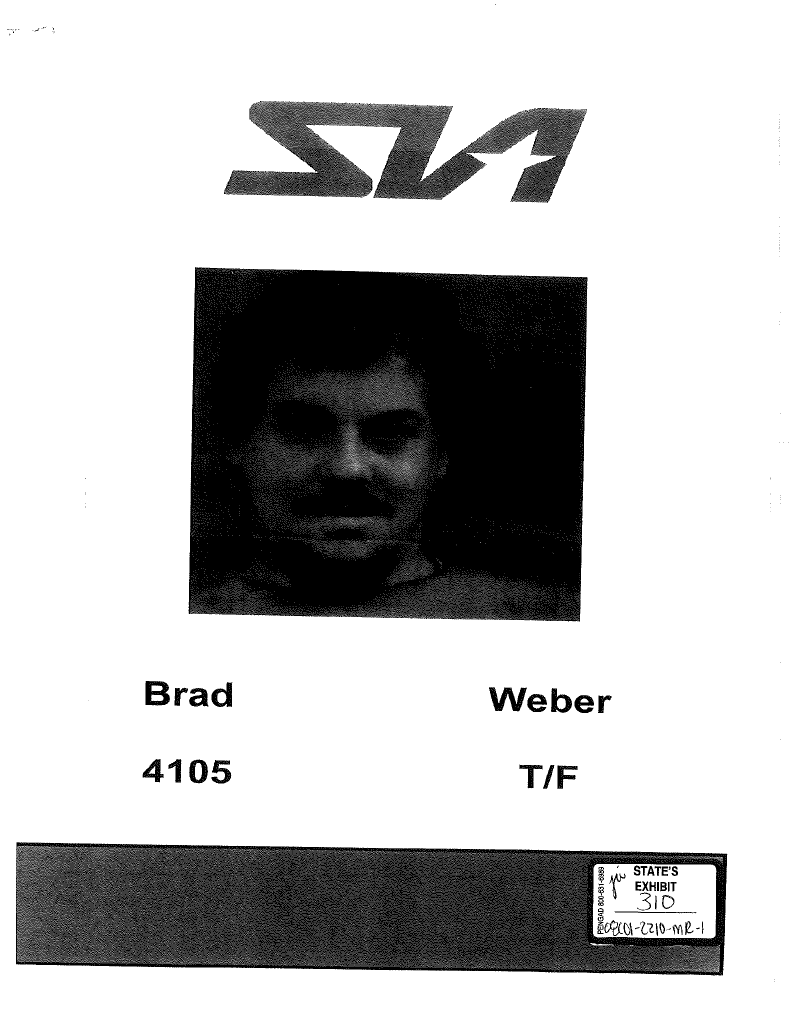
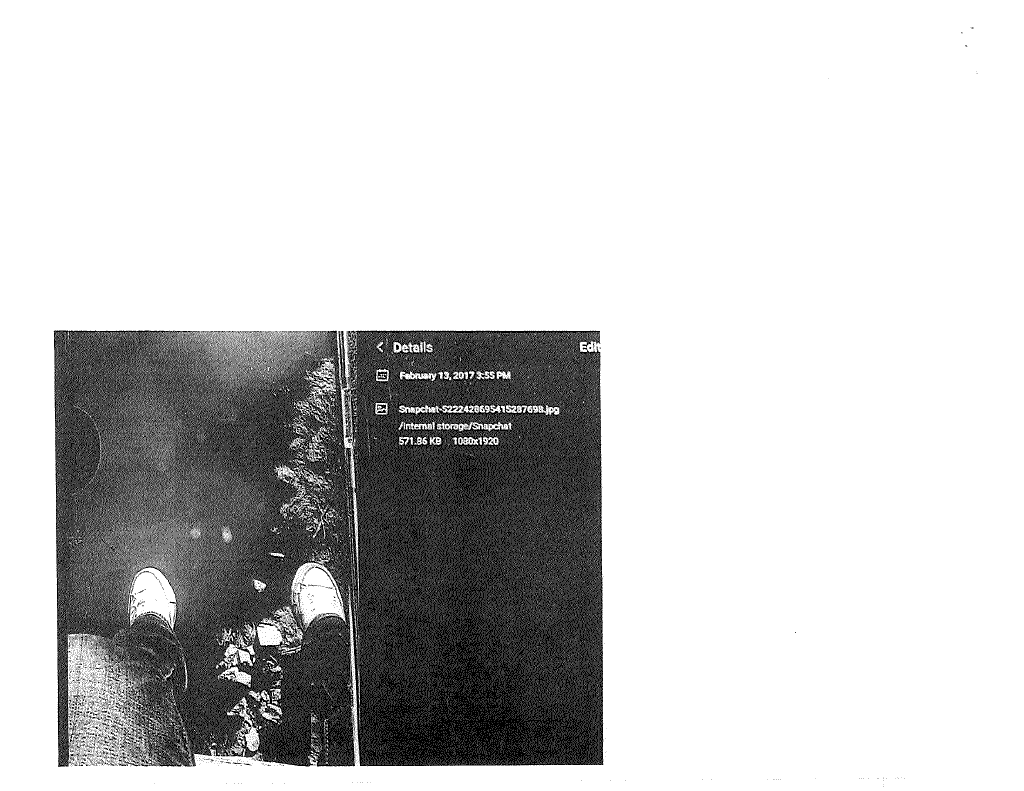
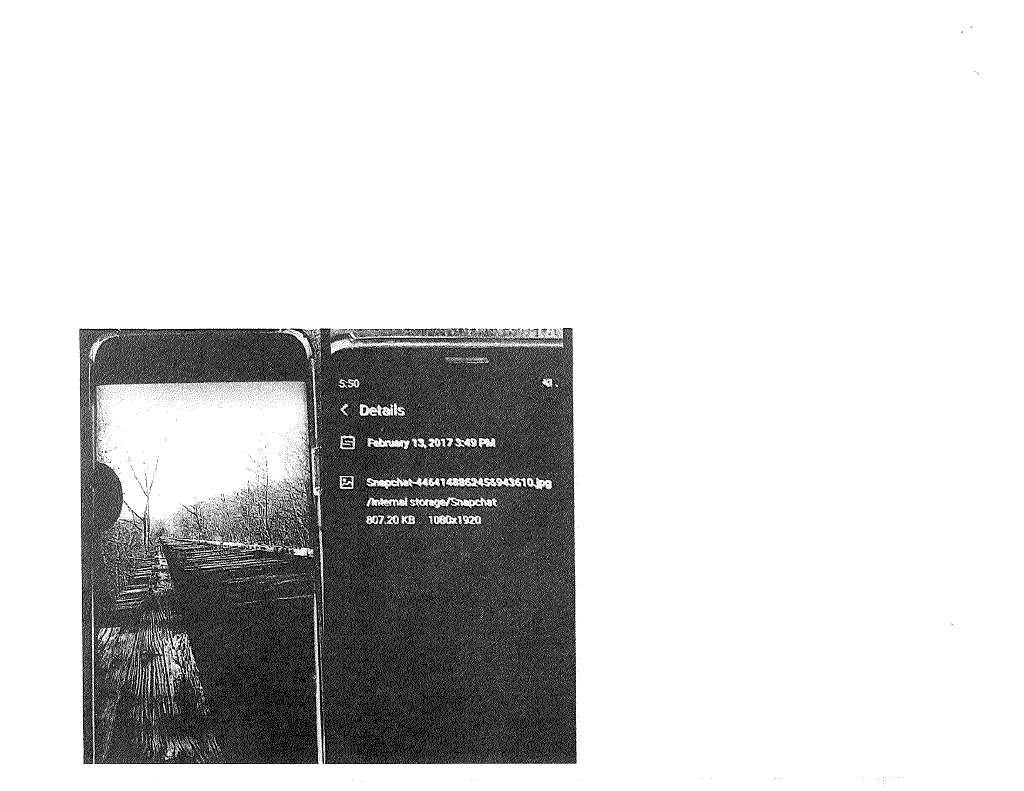
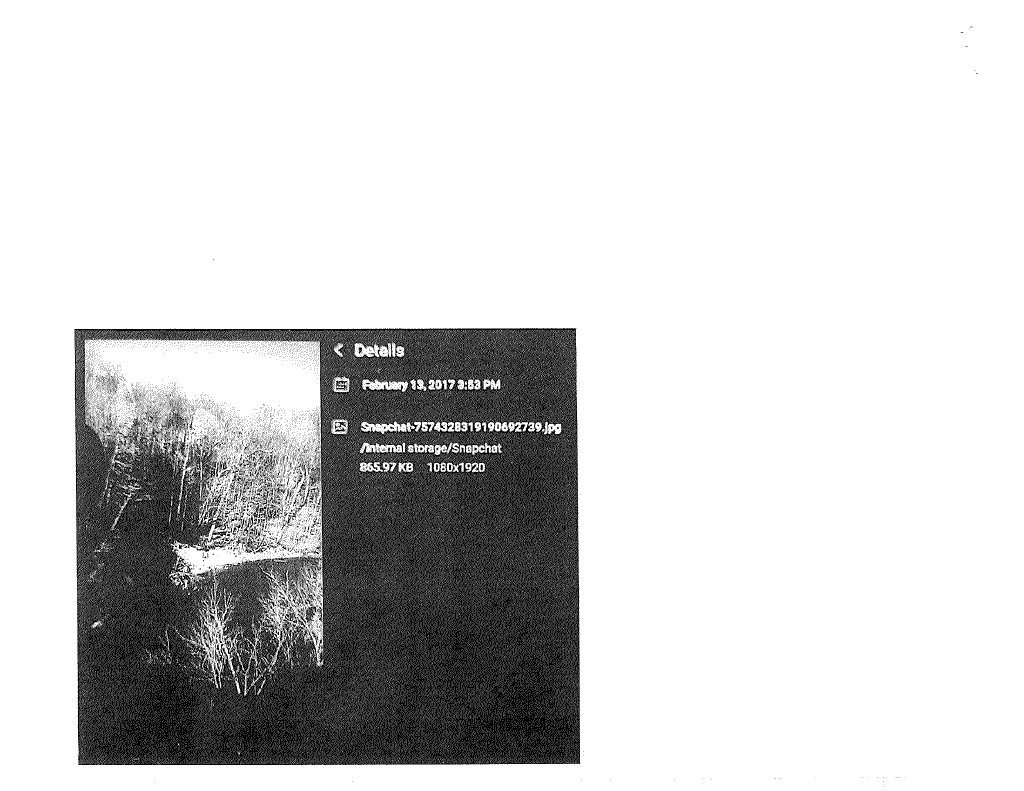
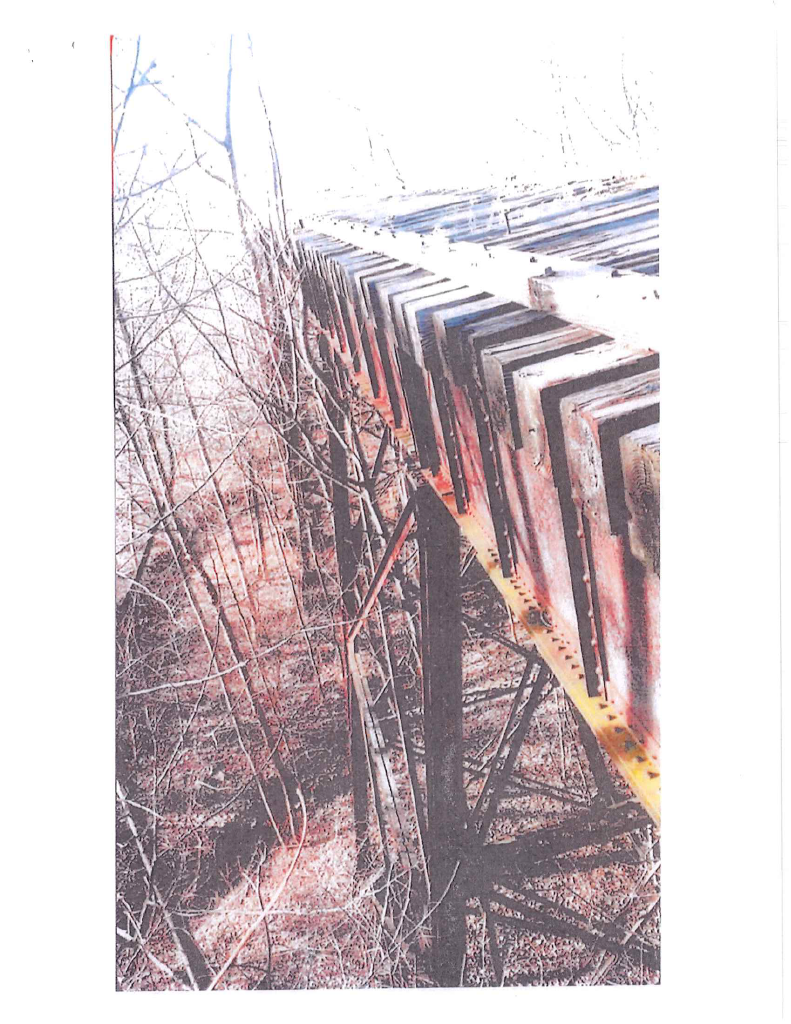
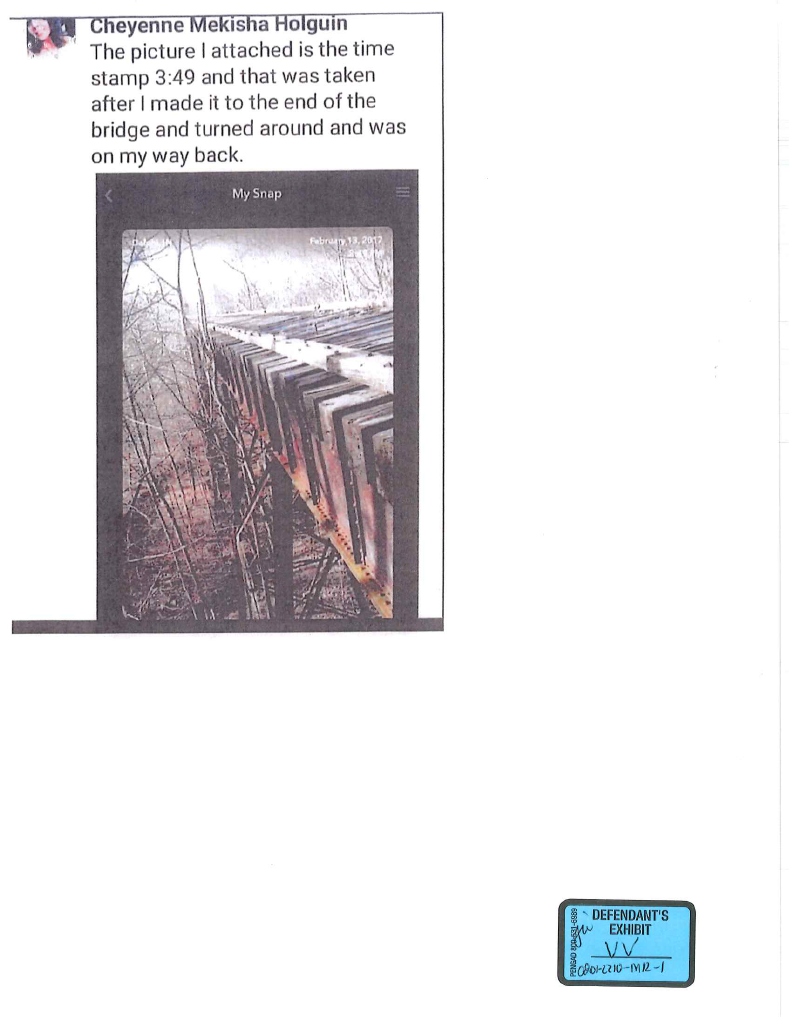
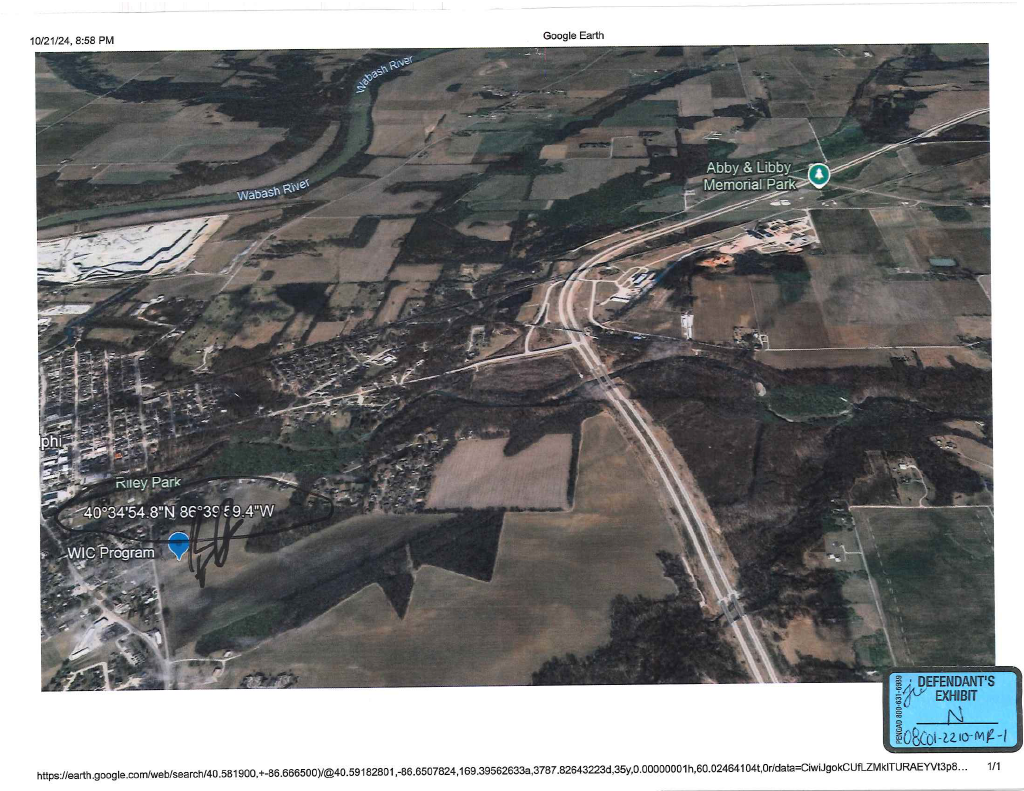
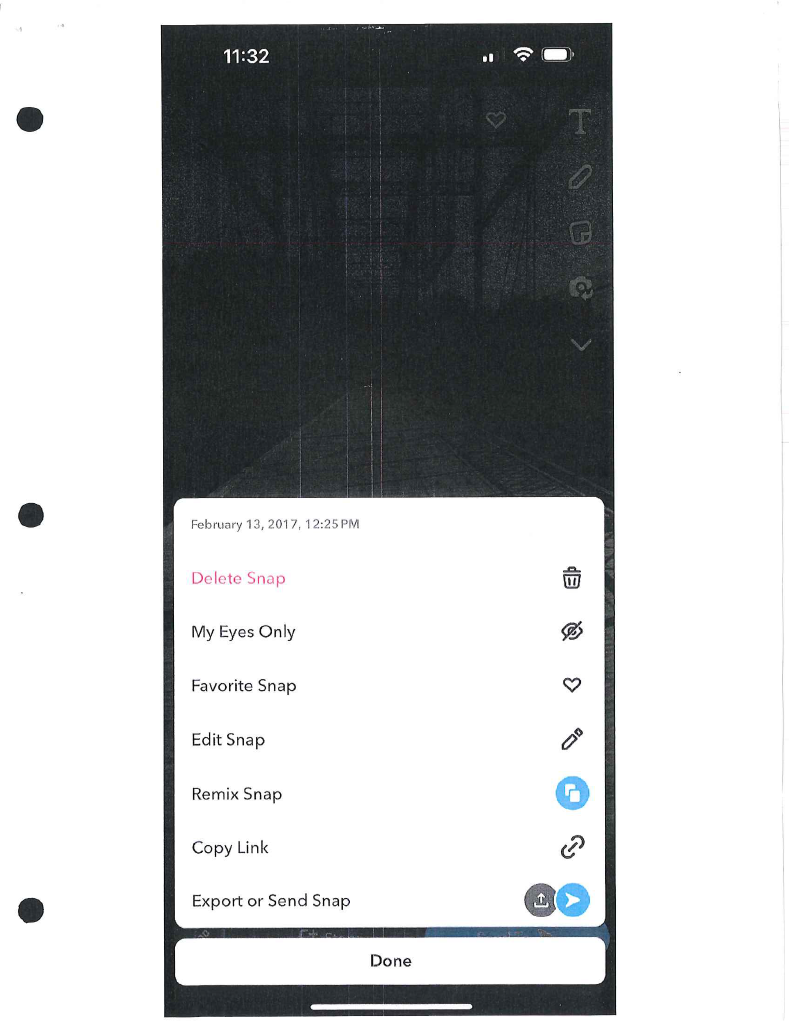
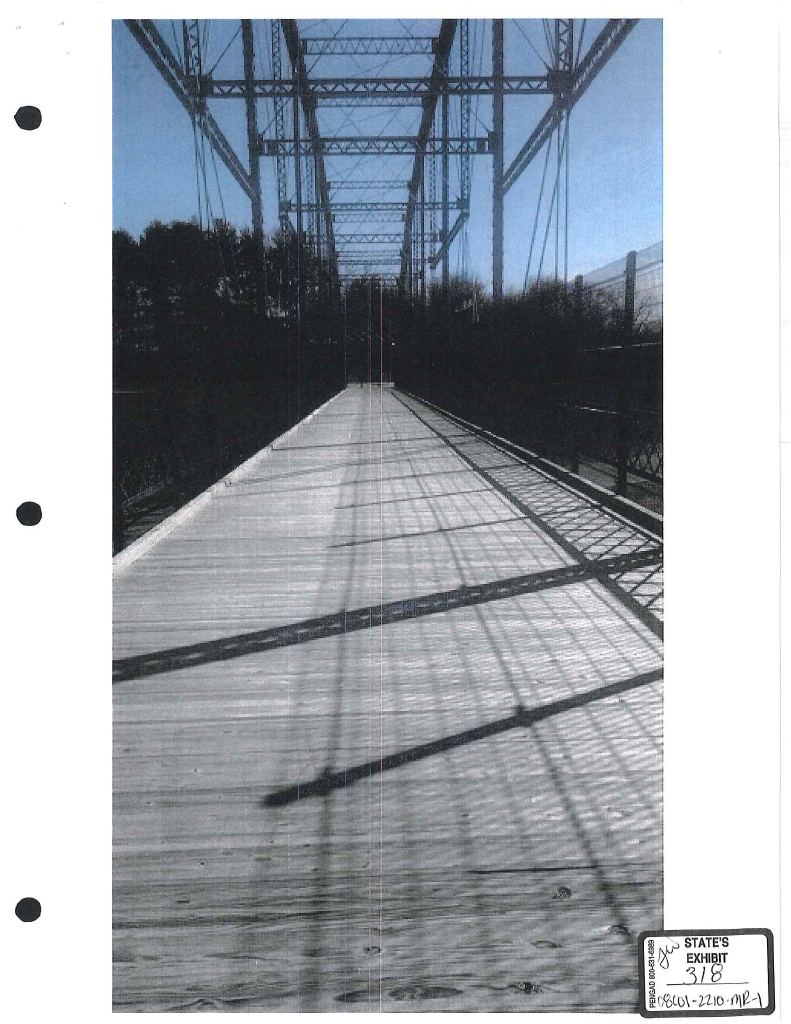
Comments are closed.